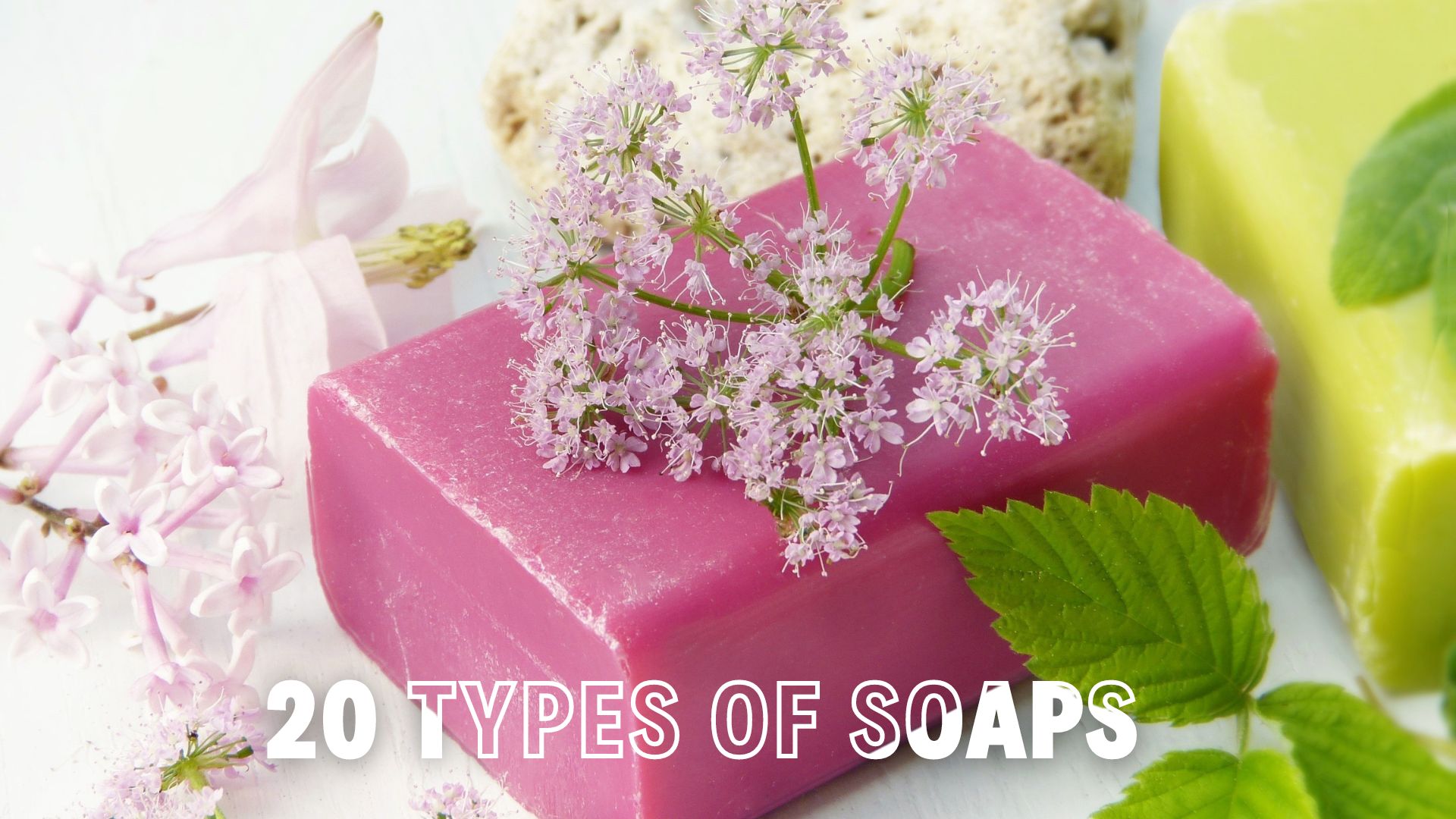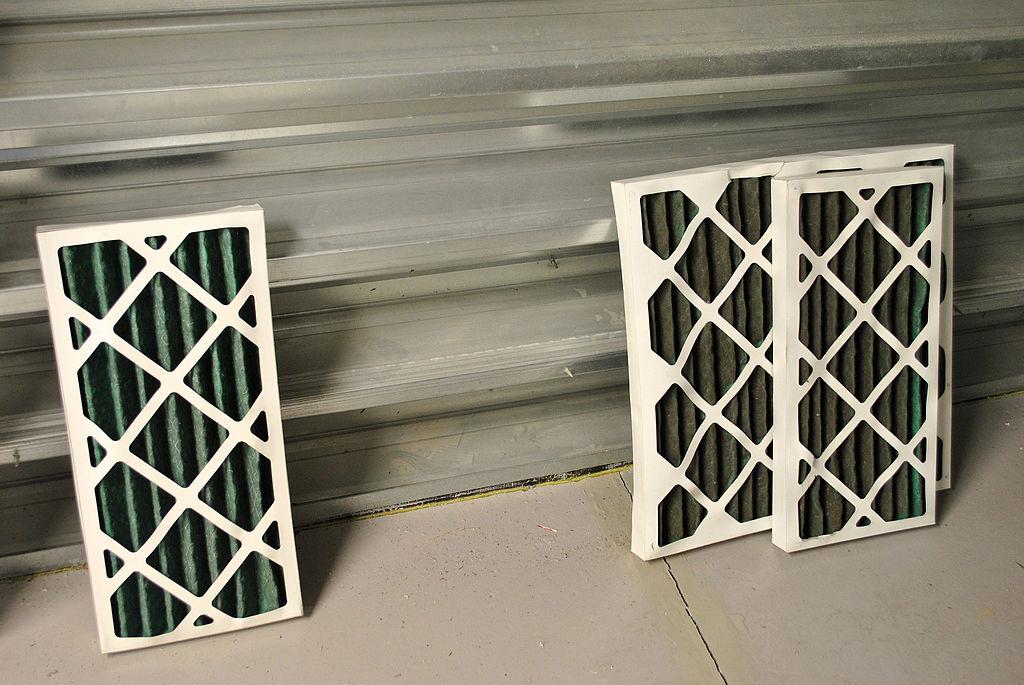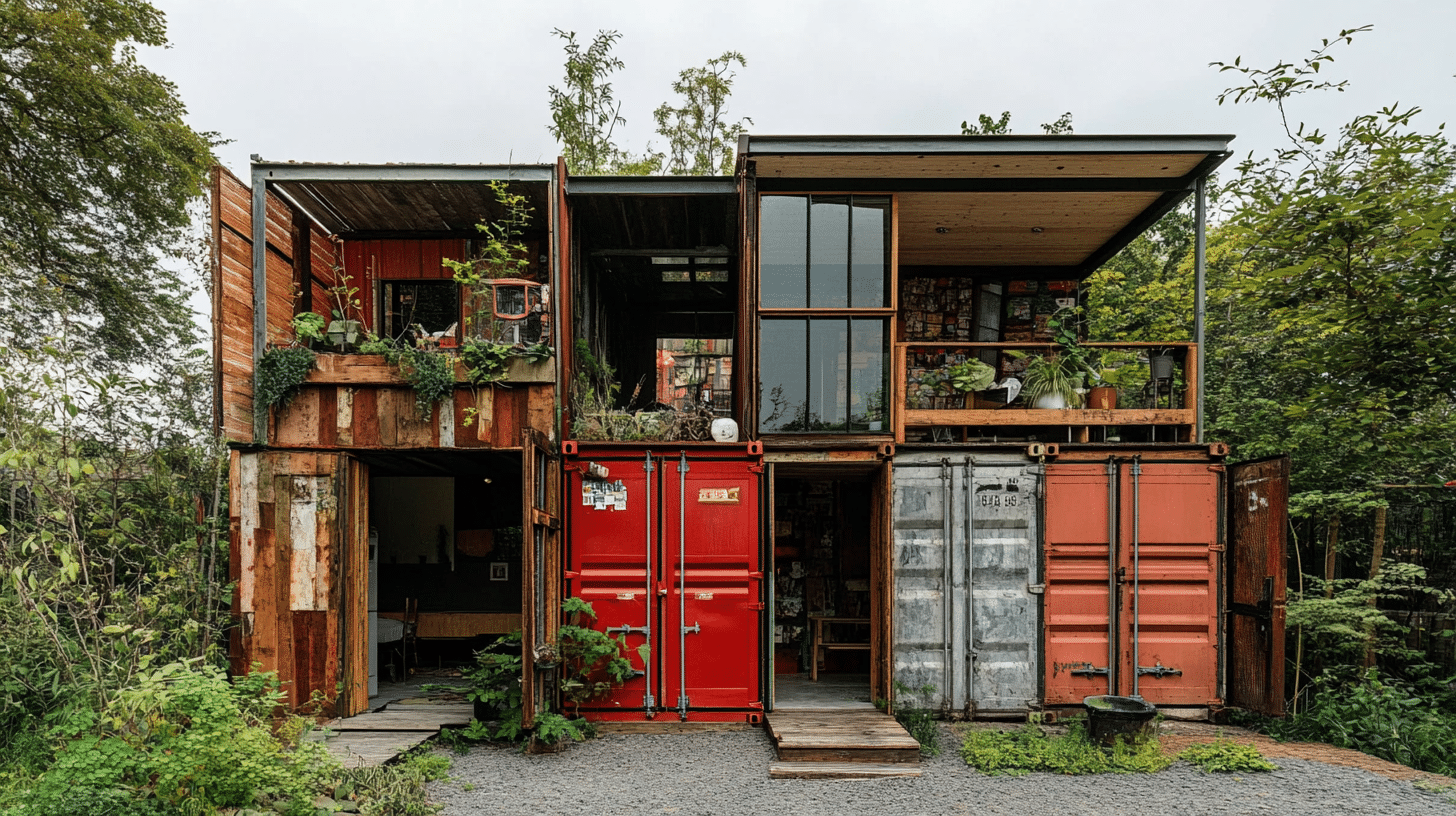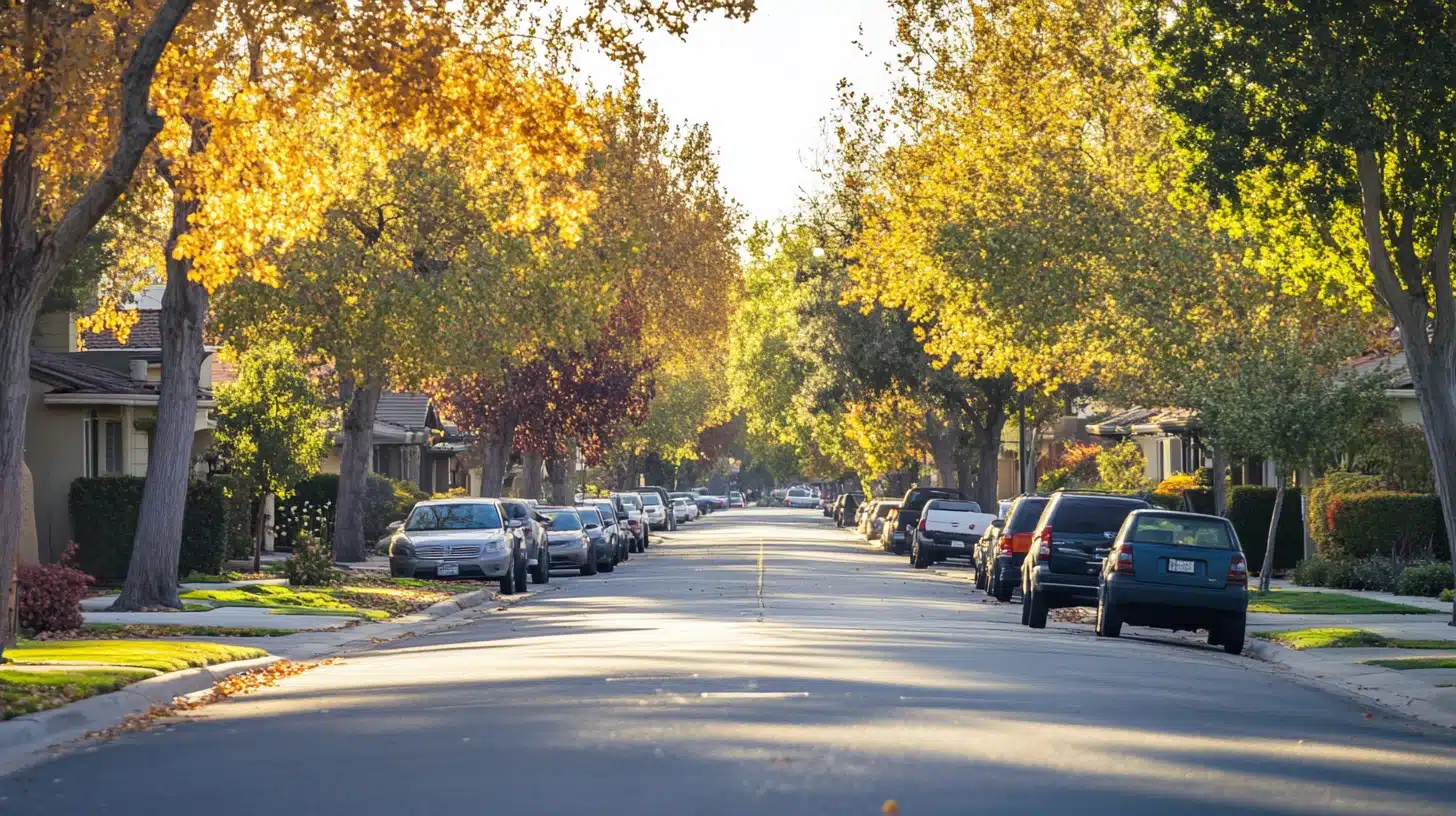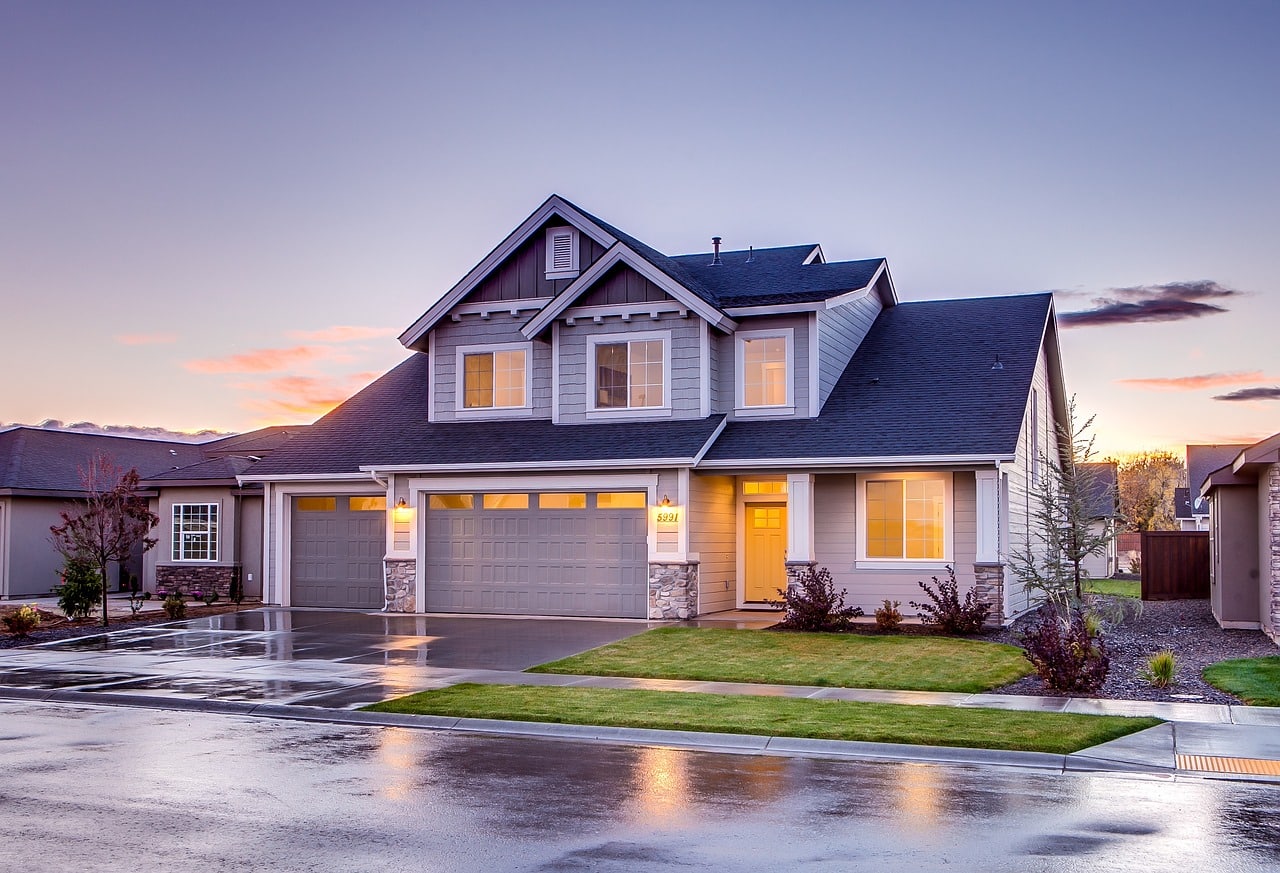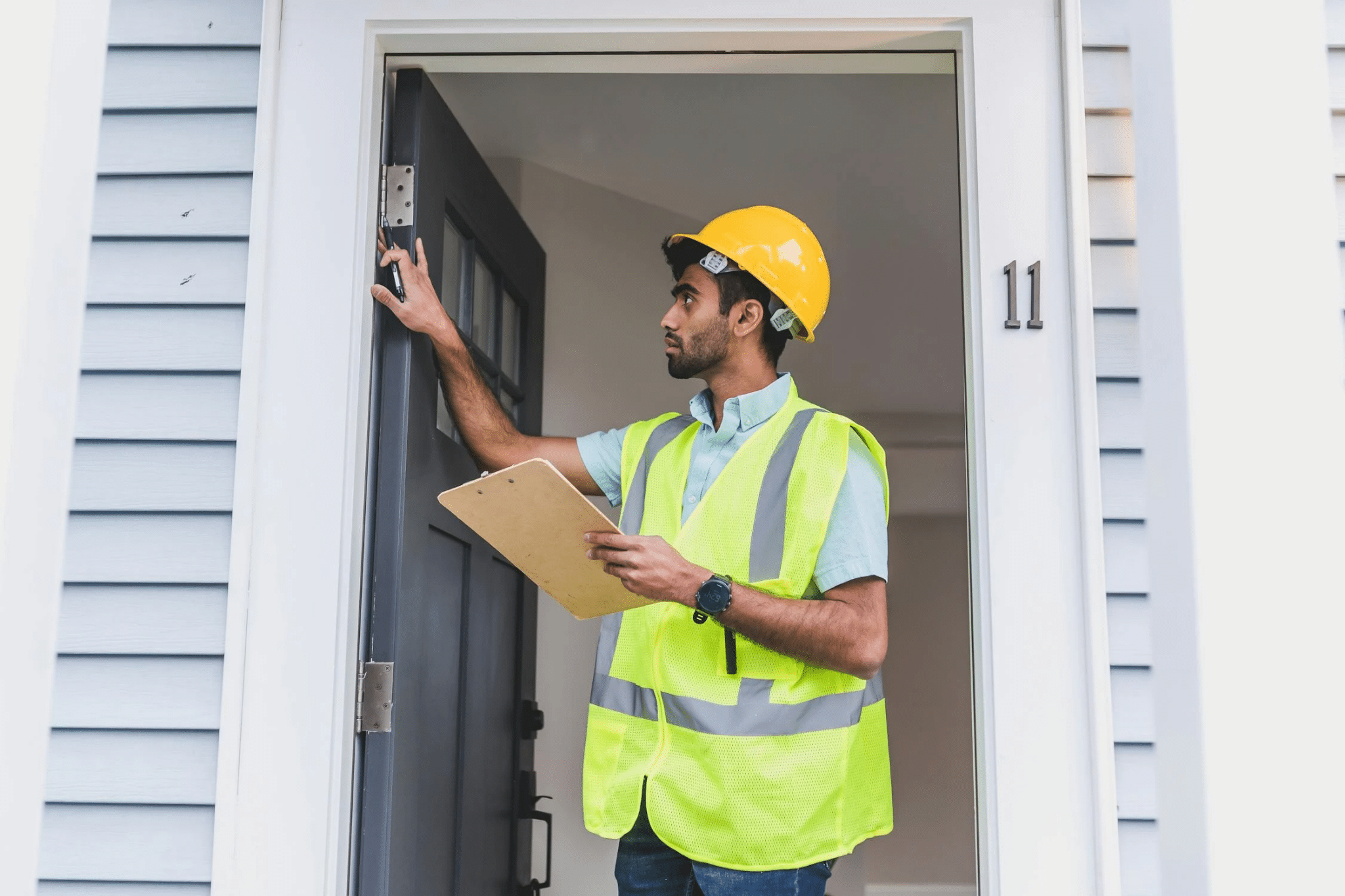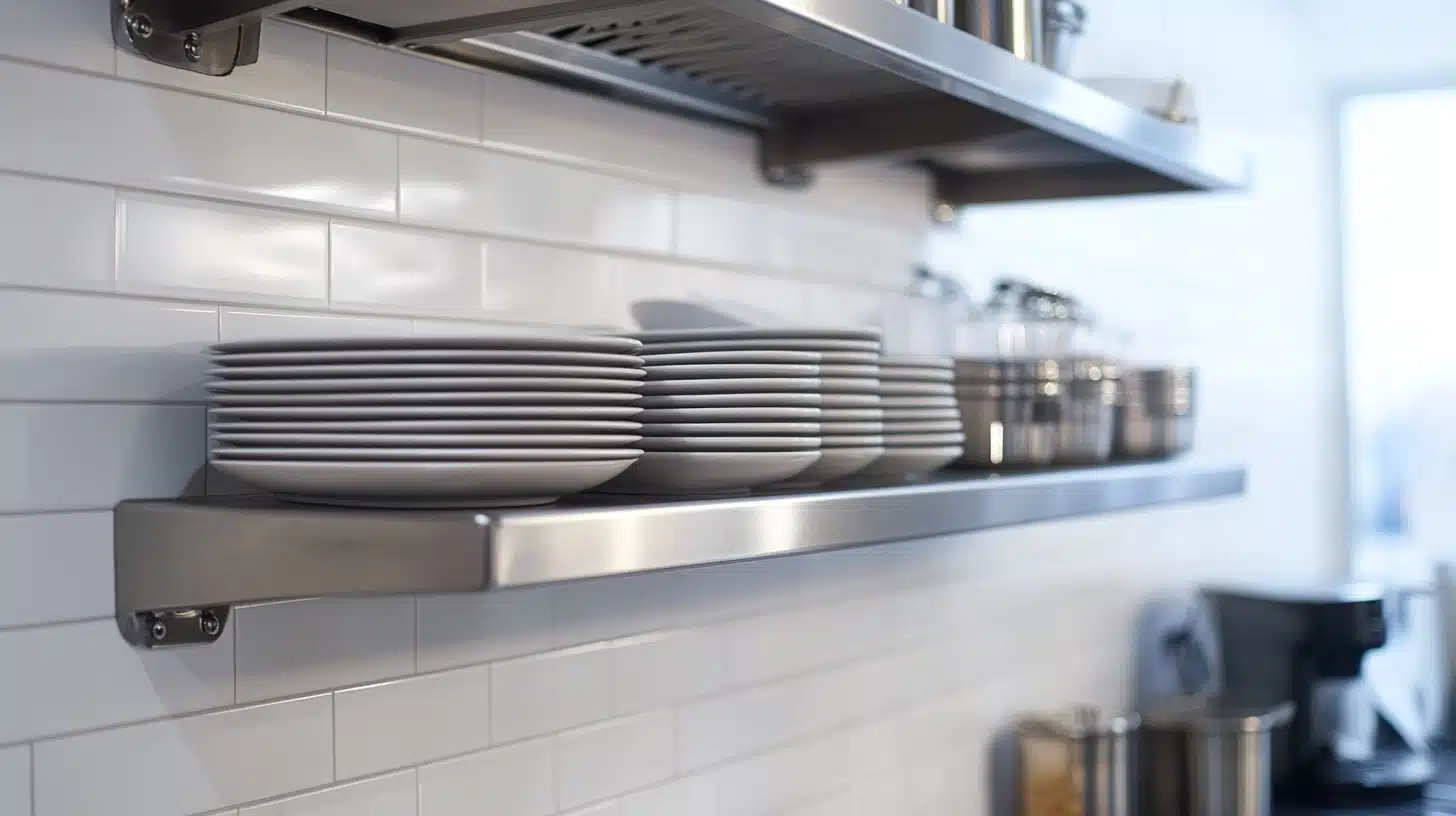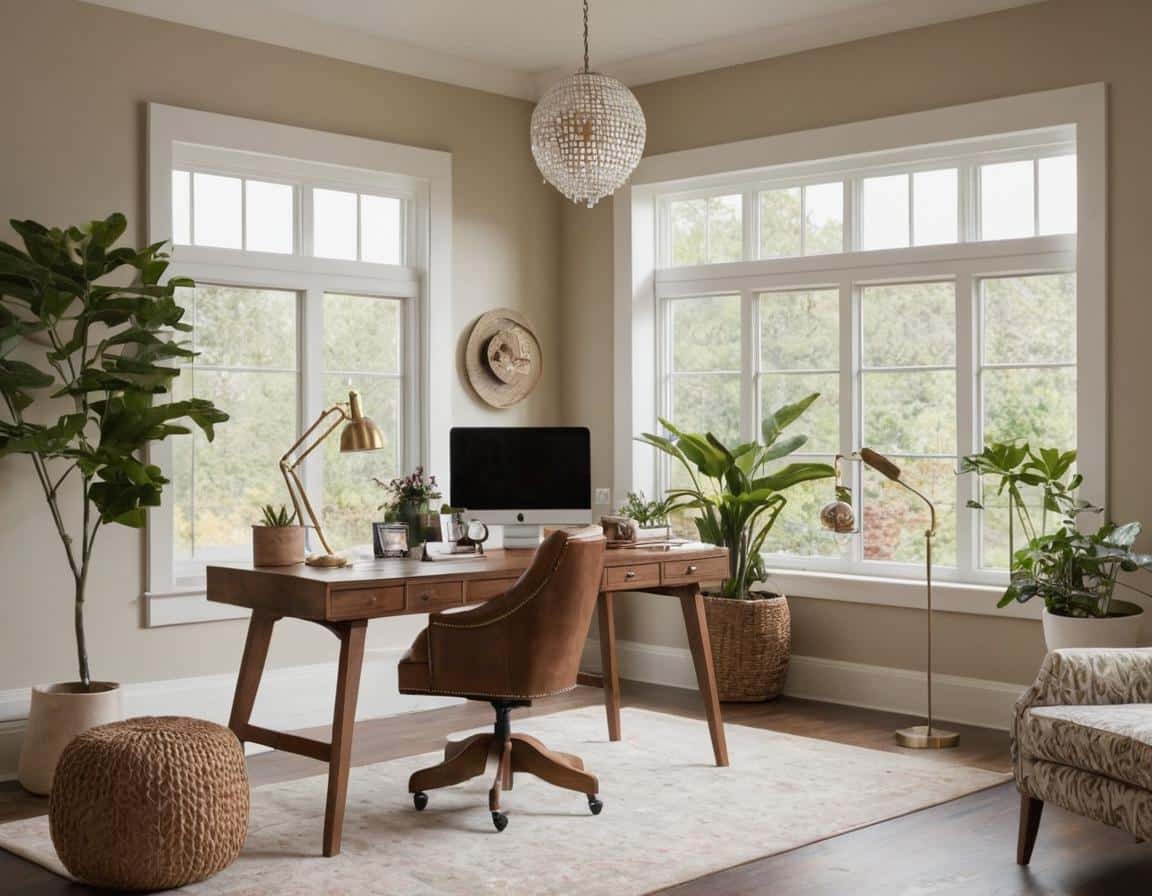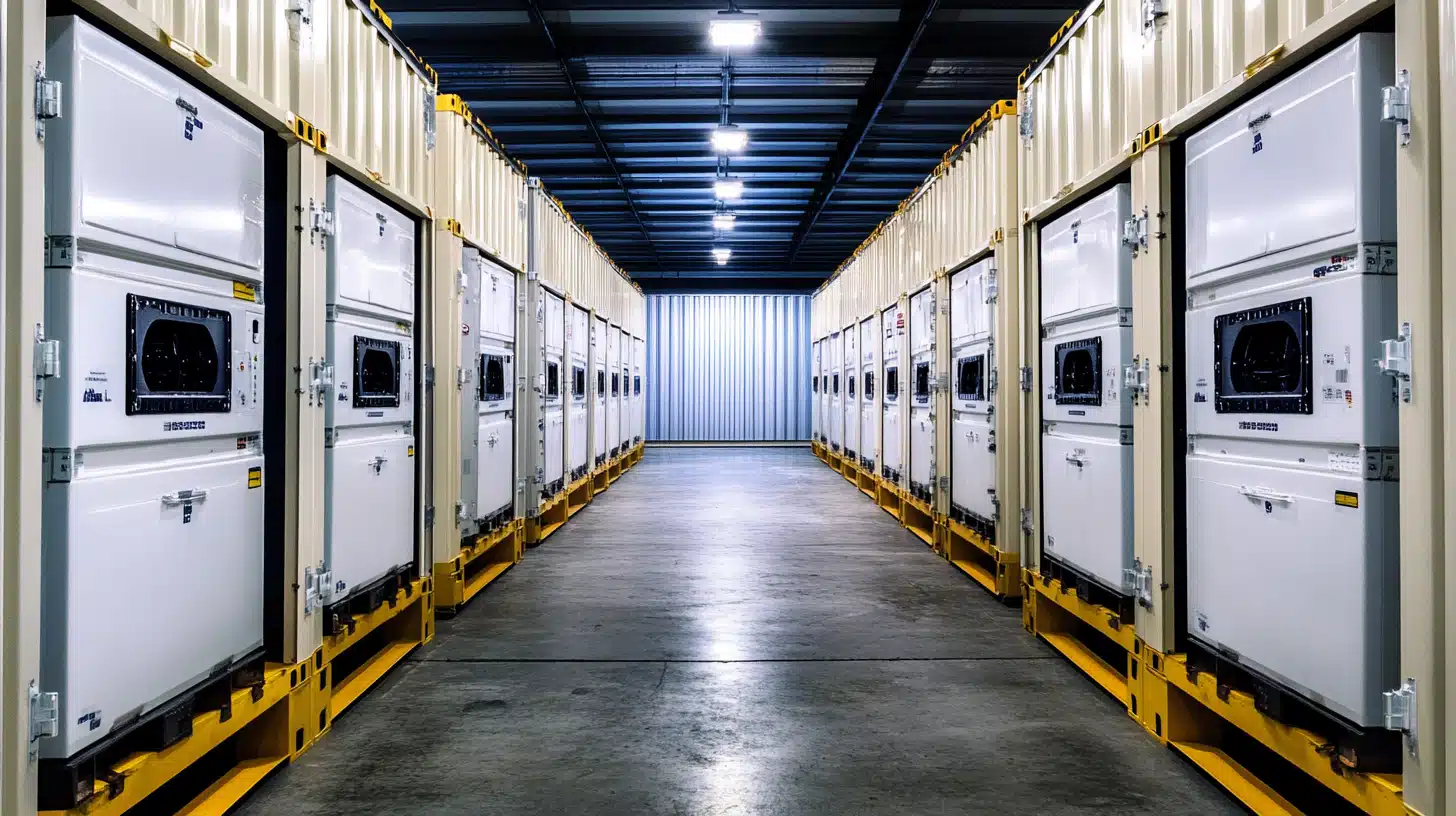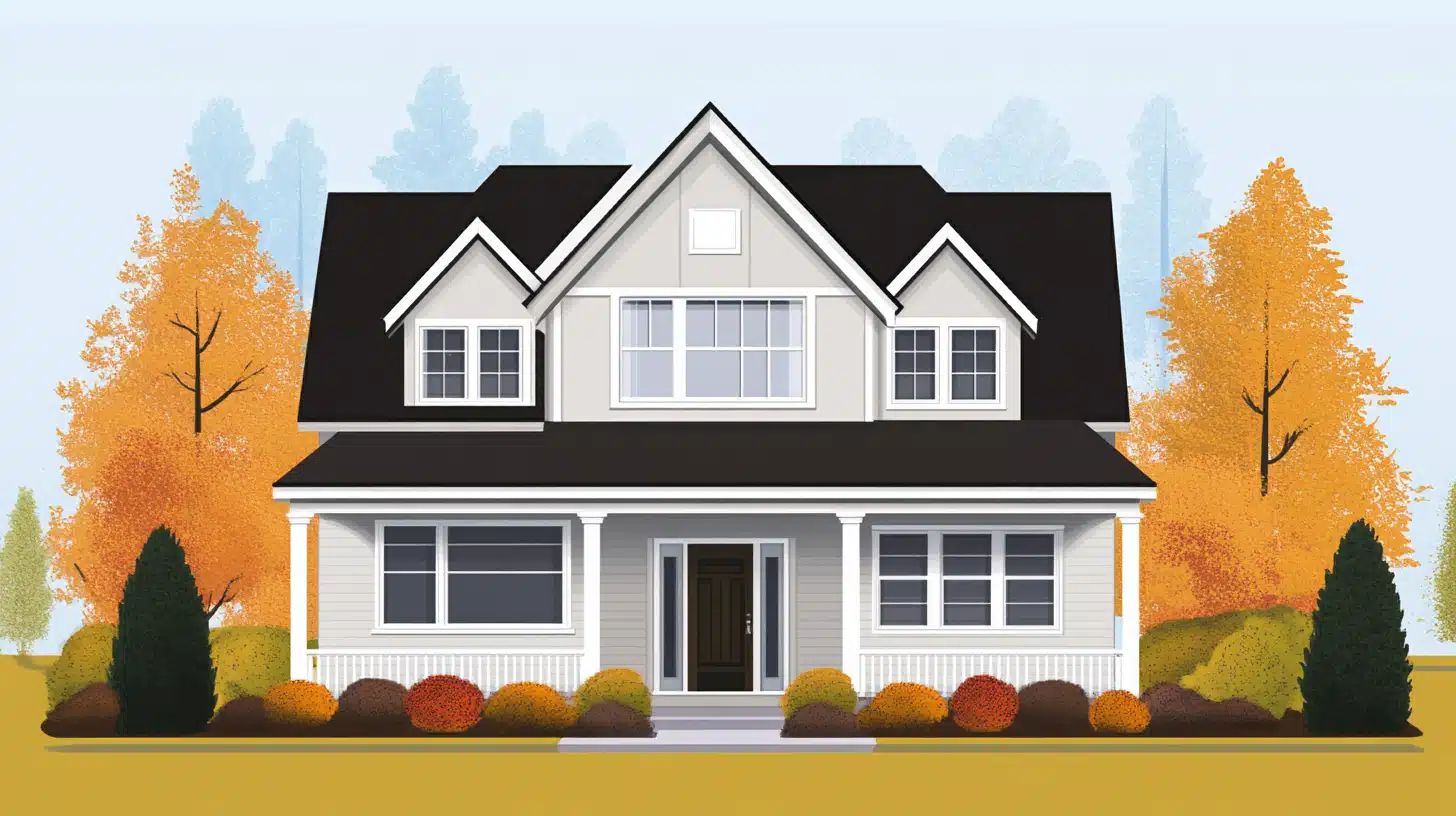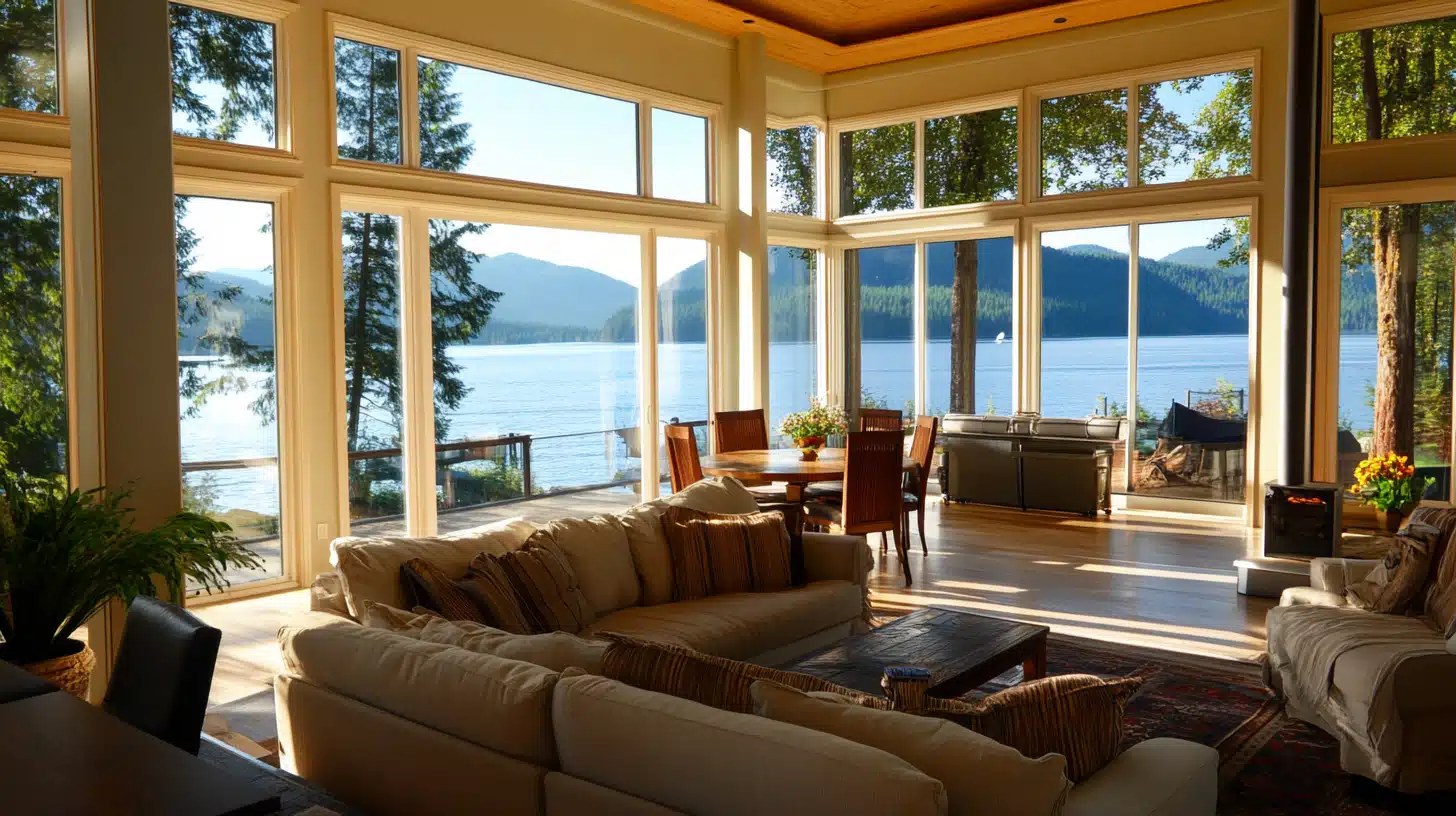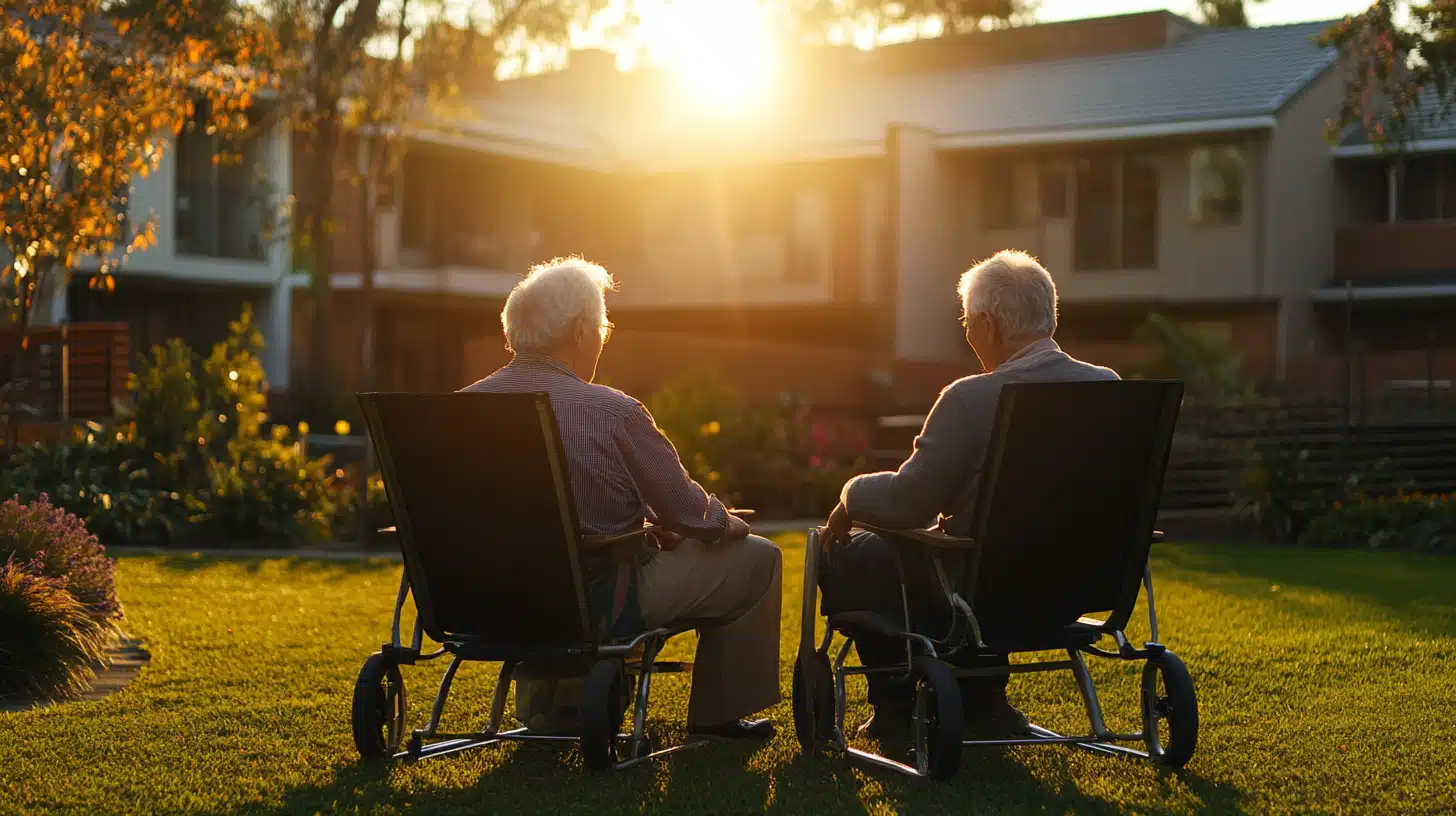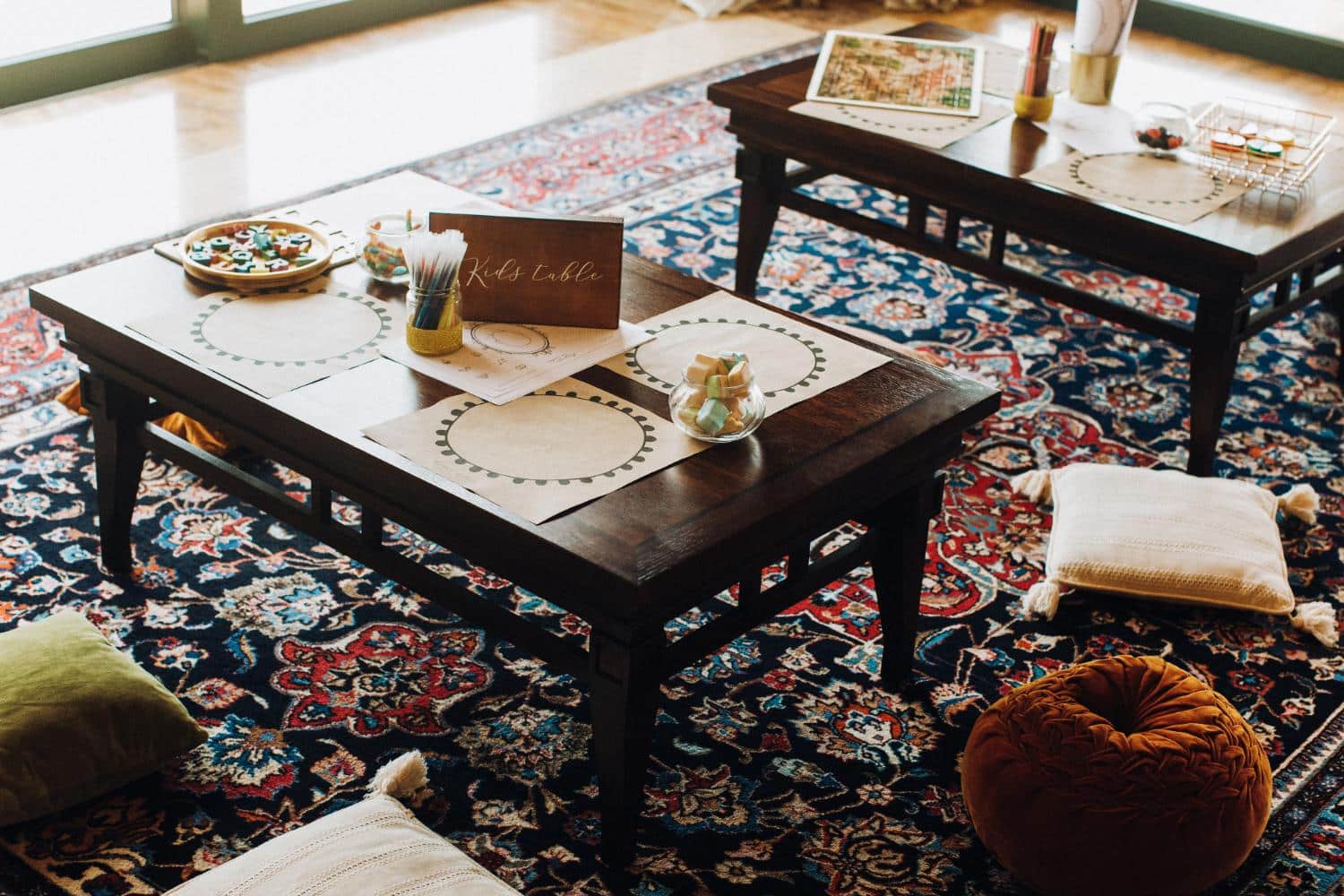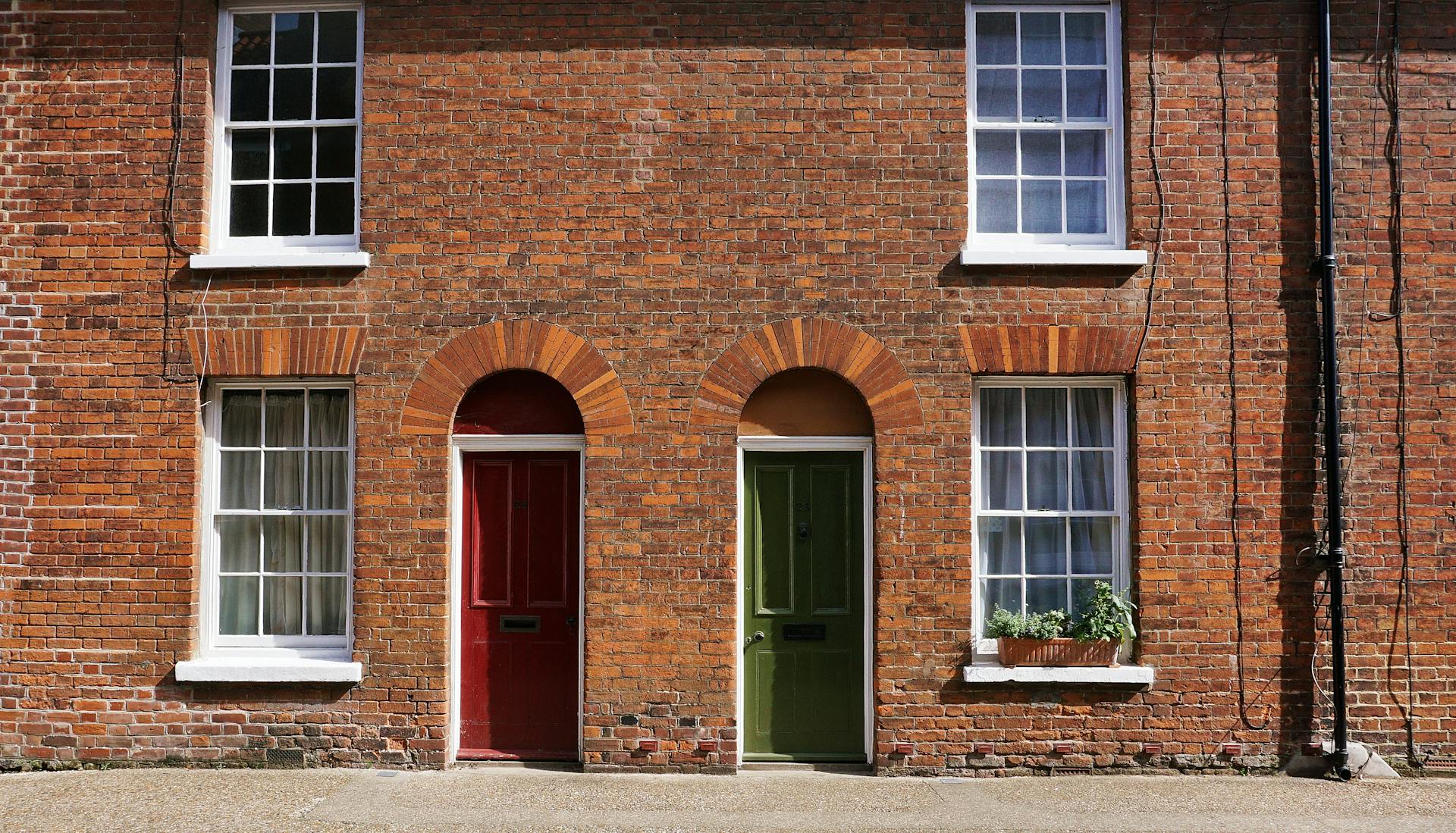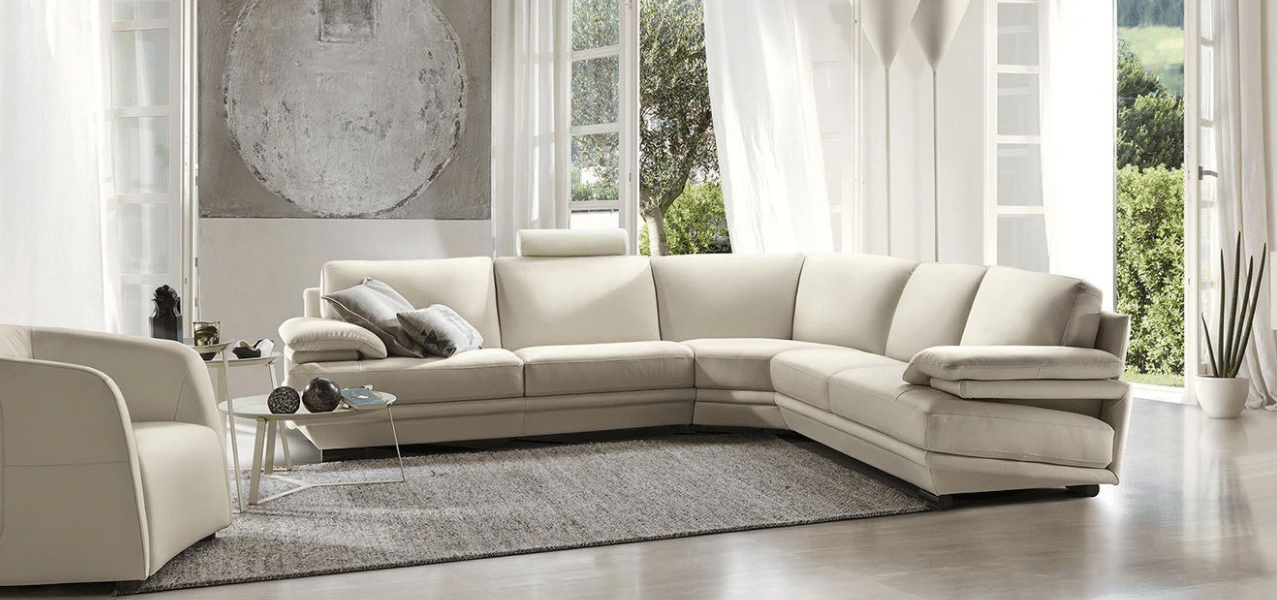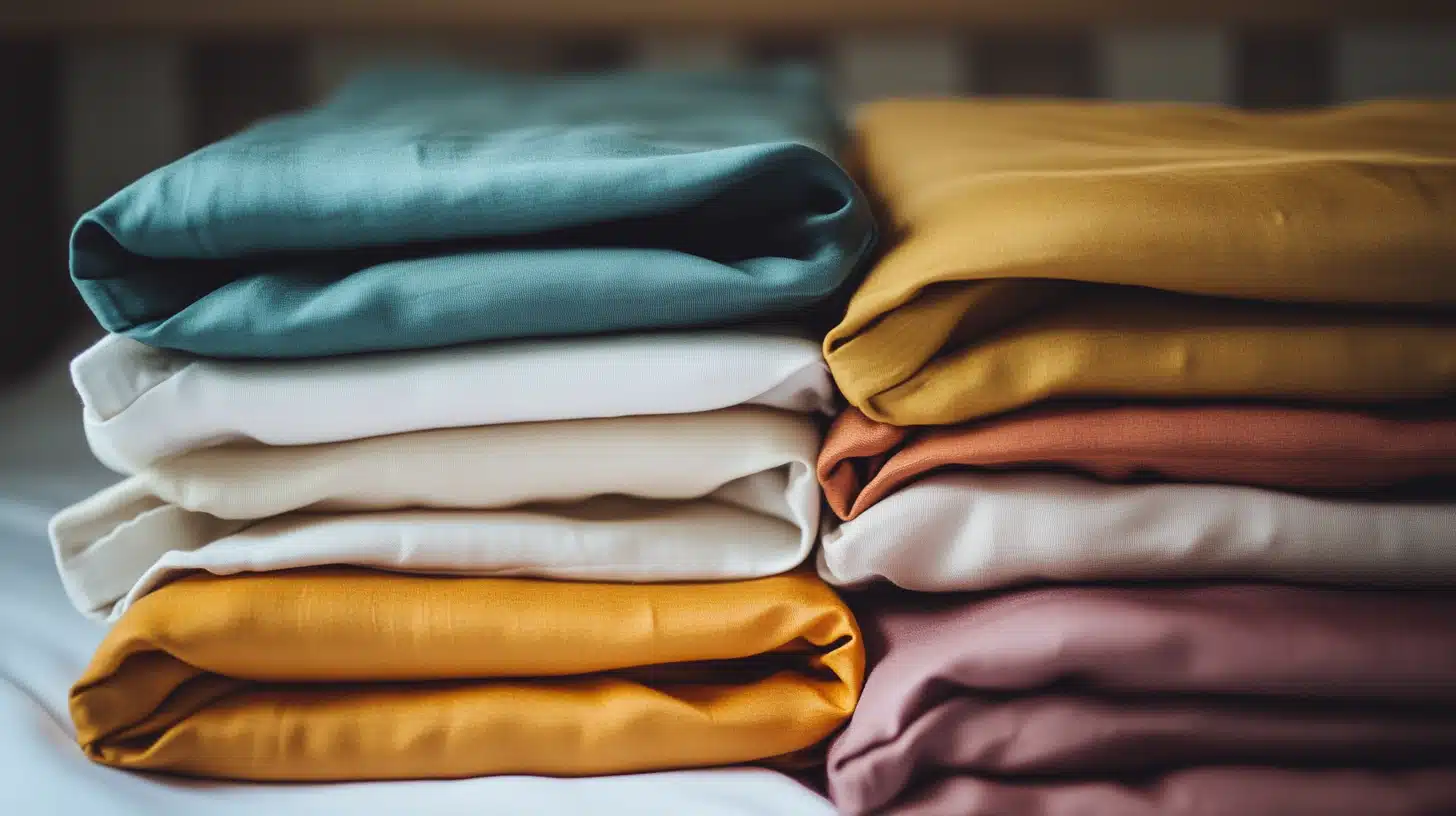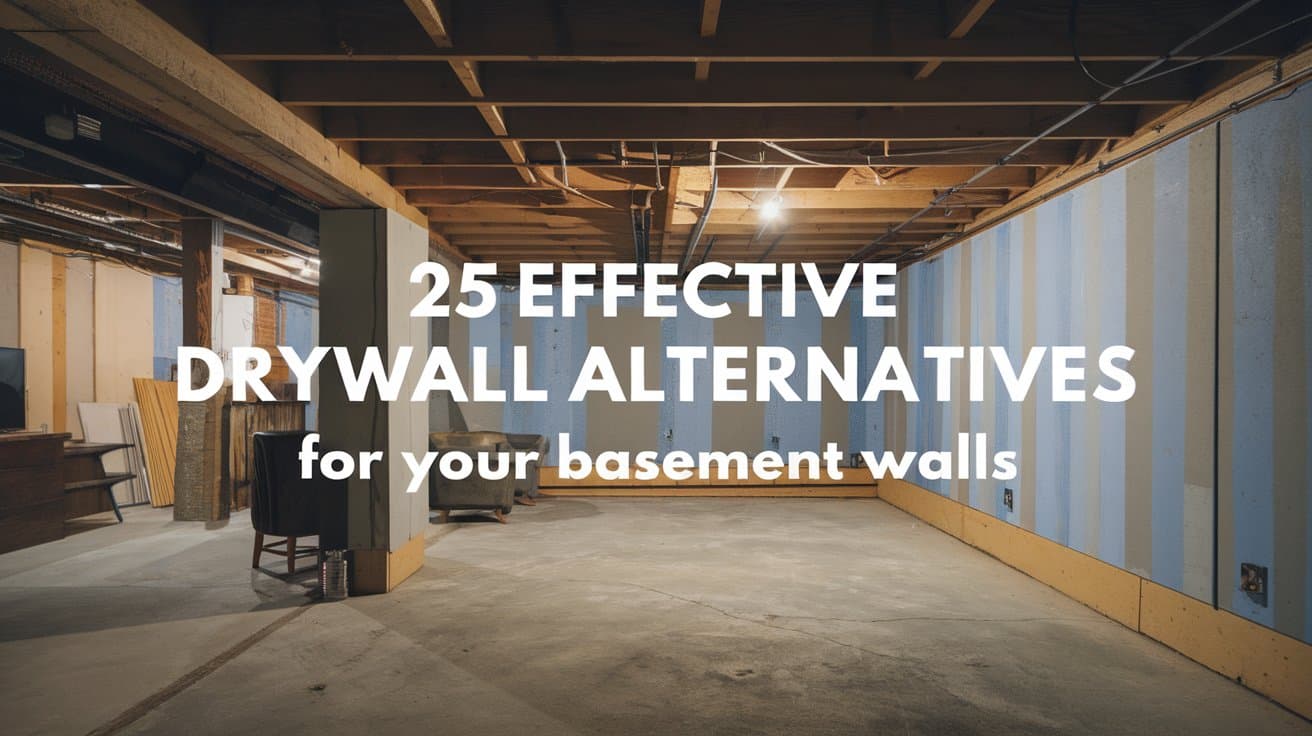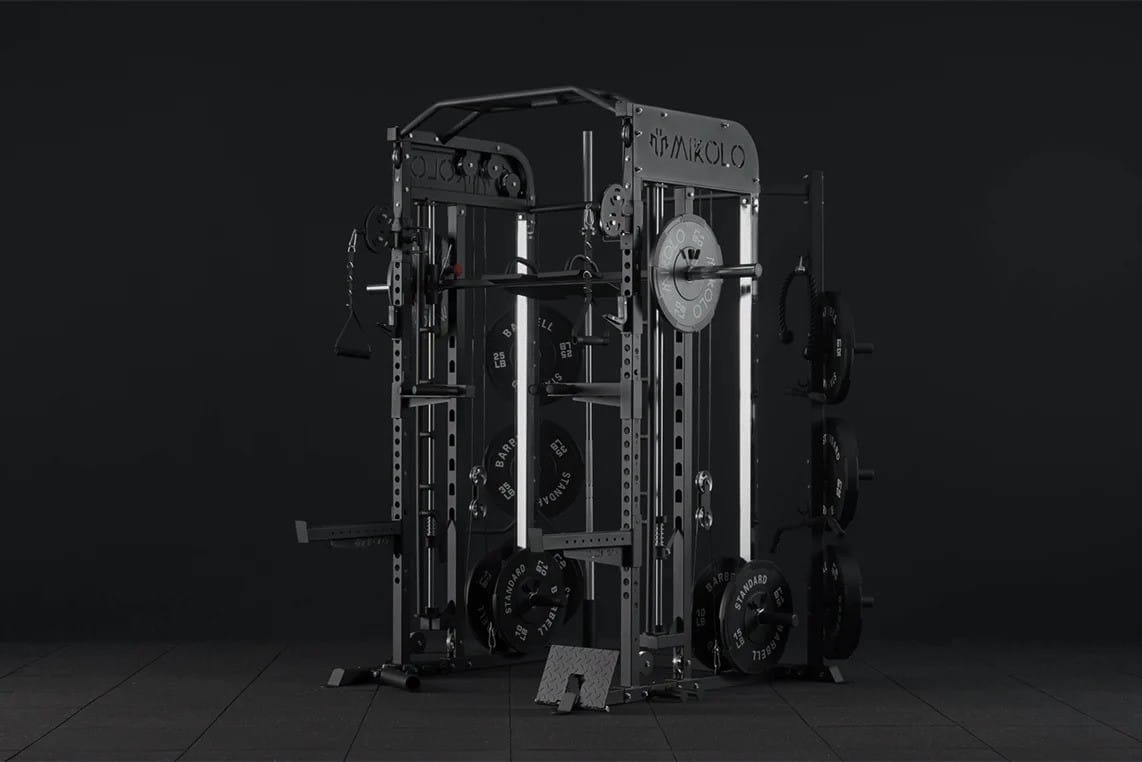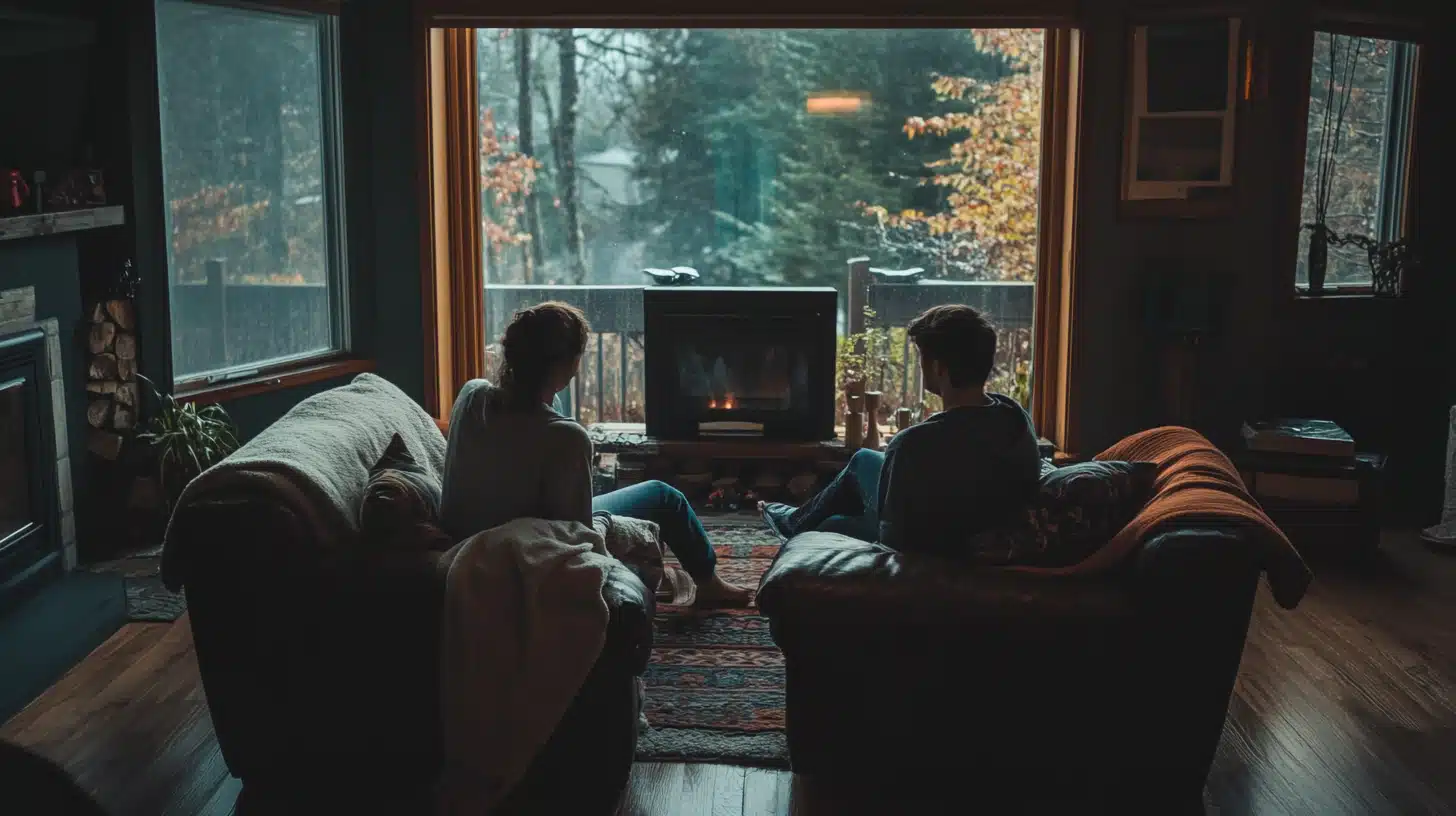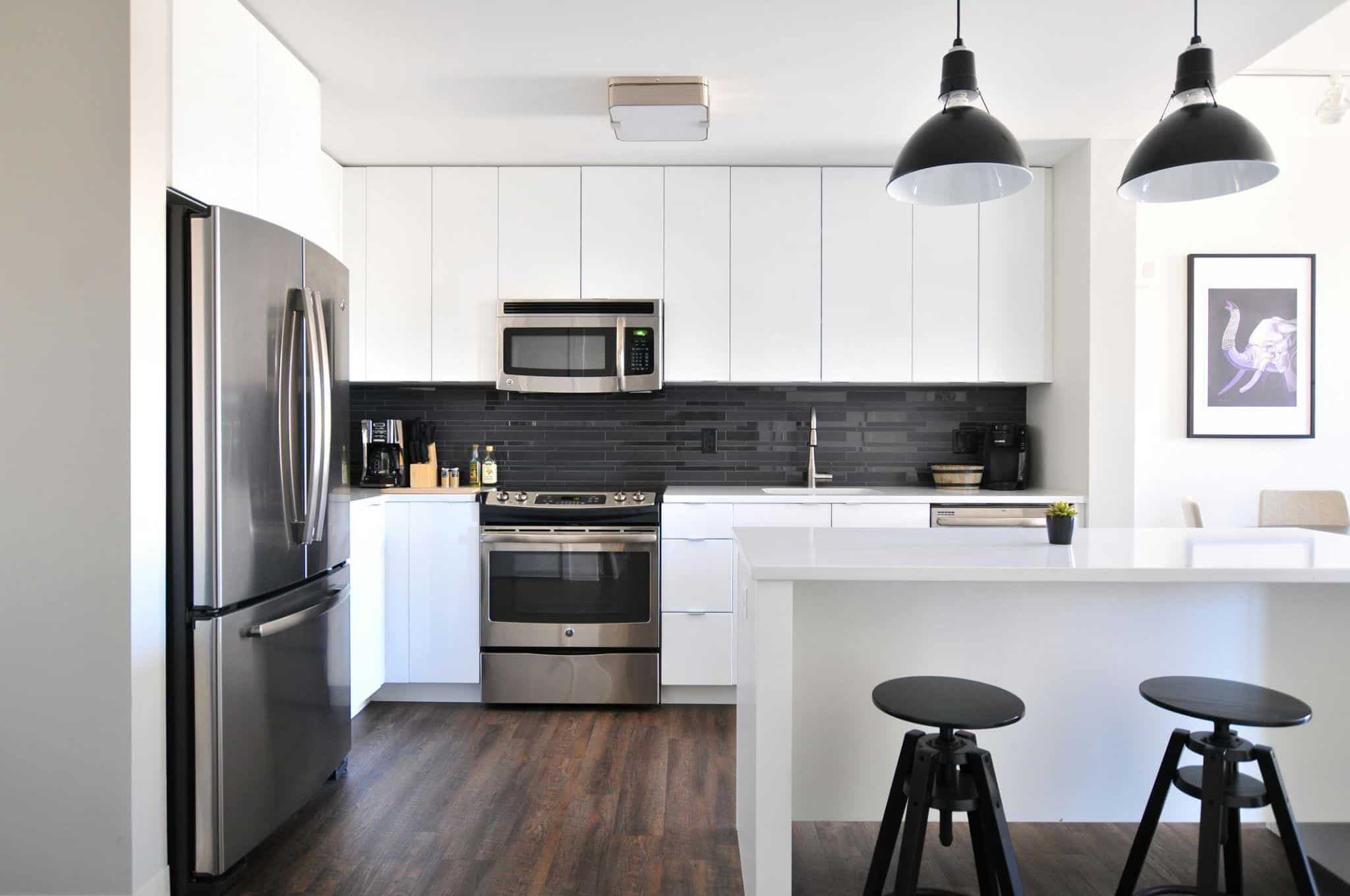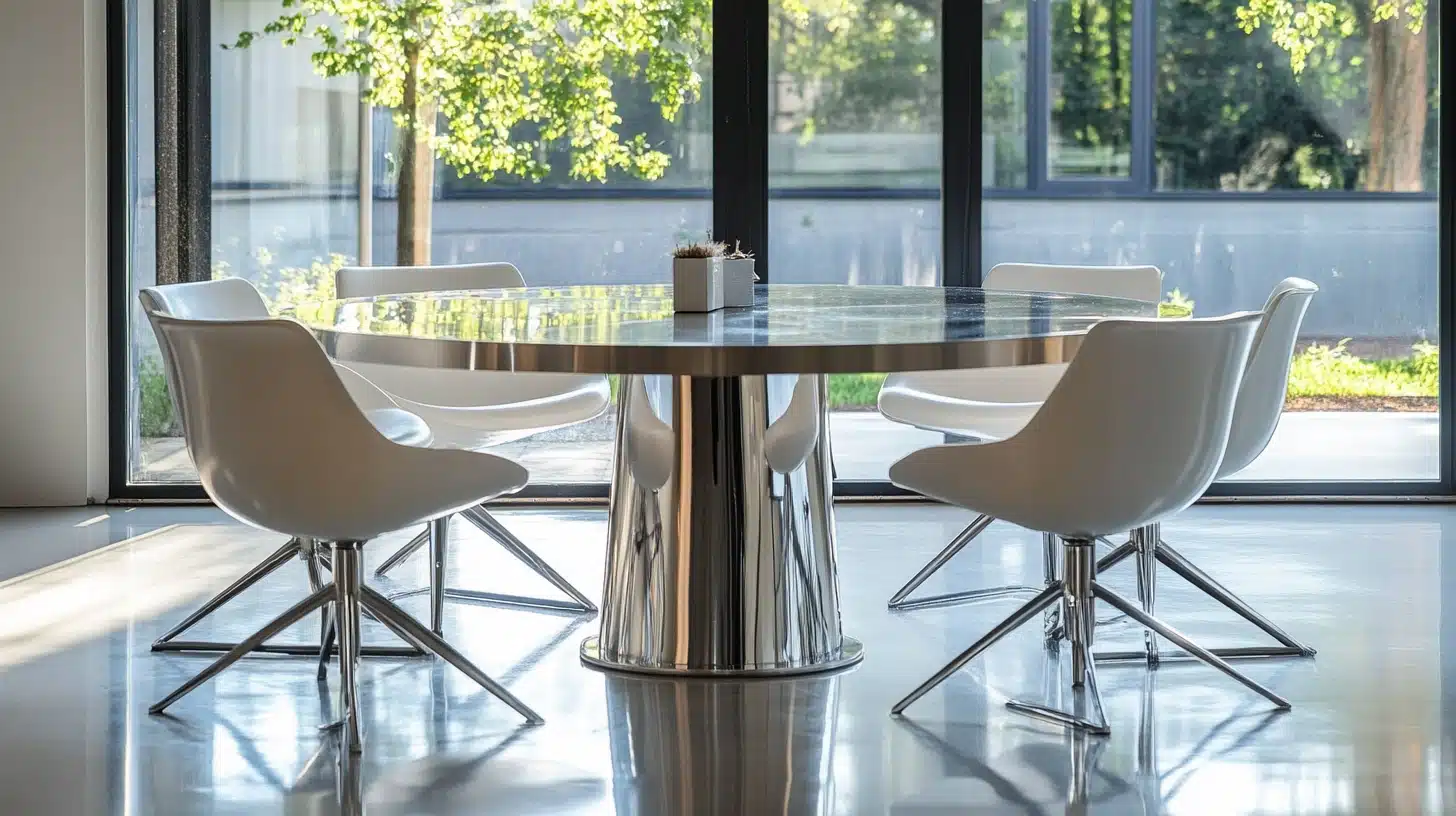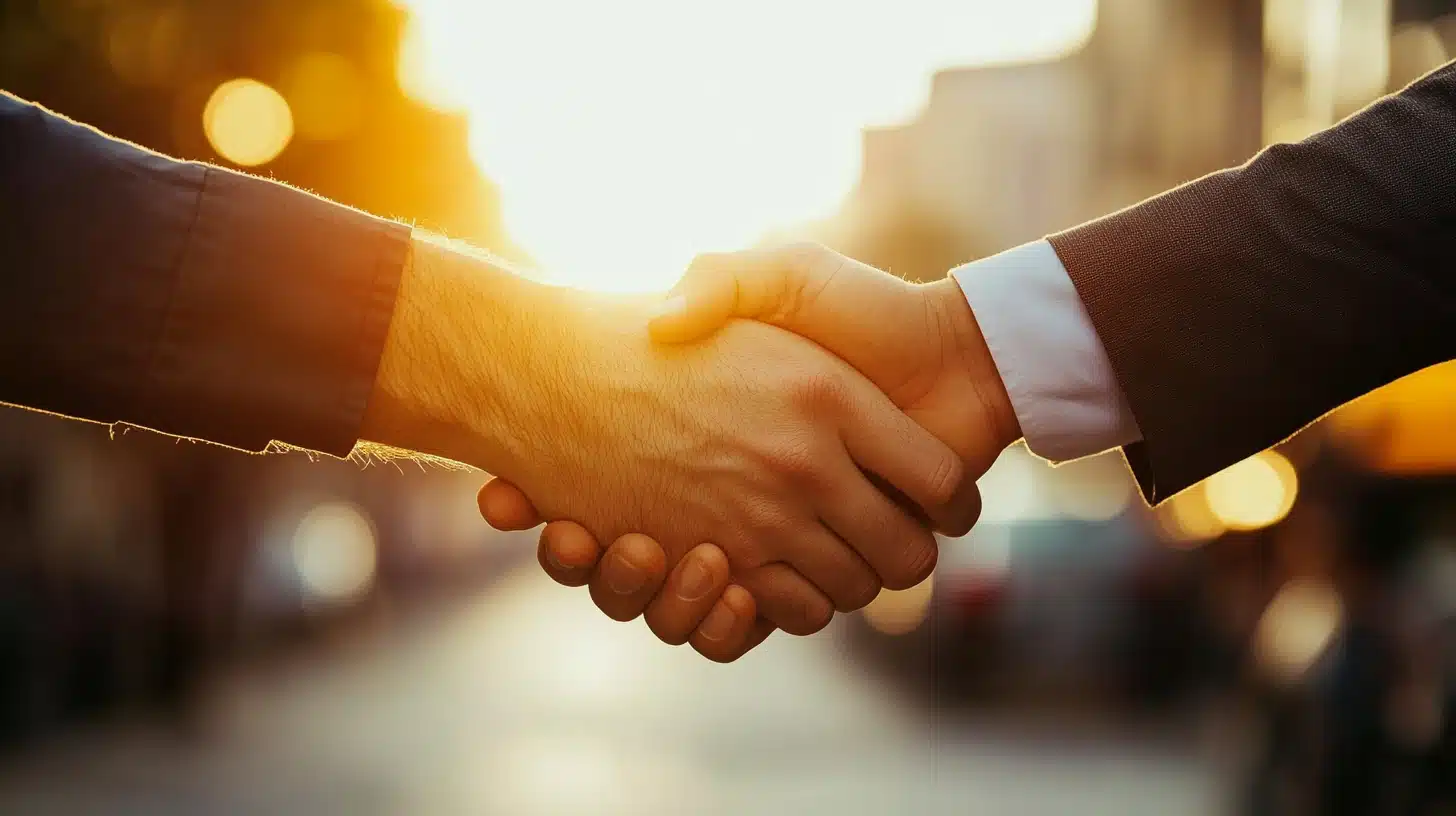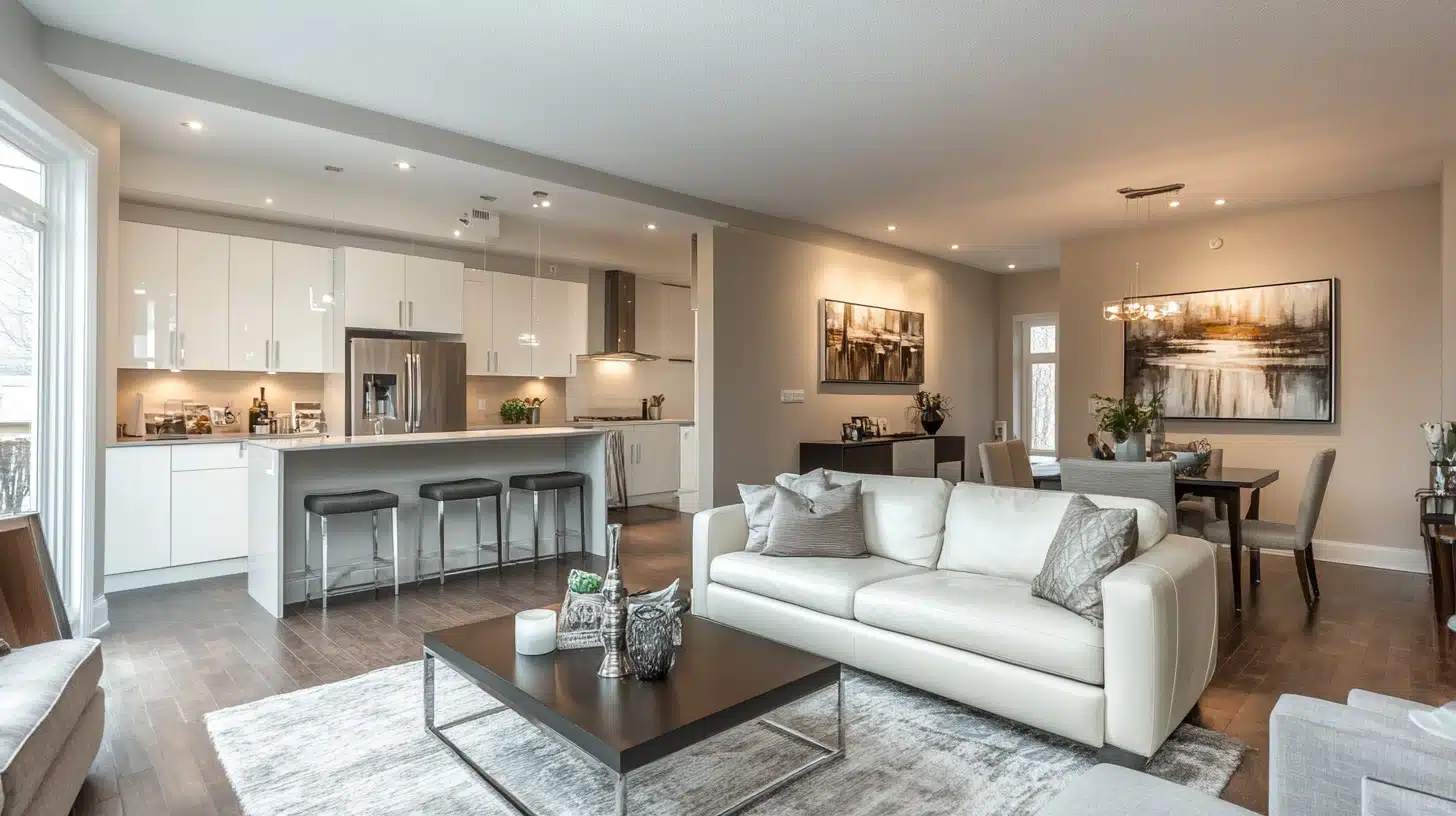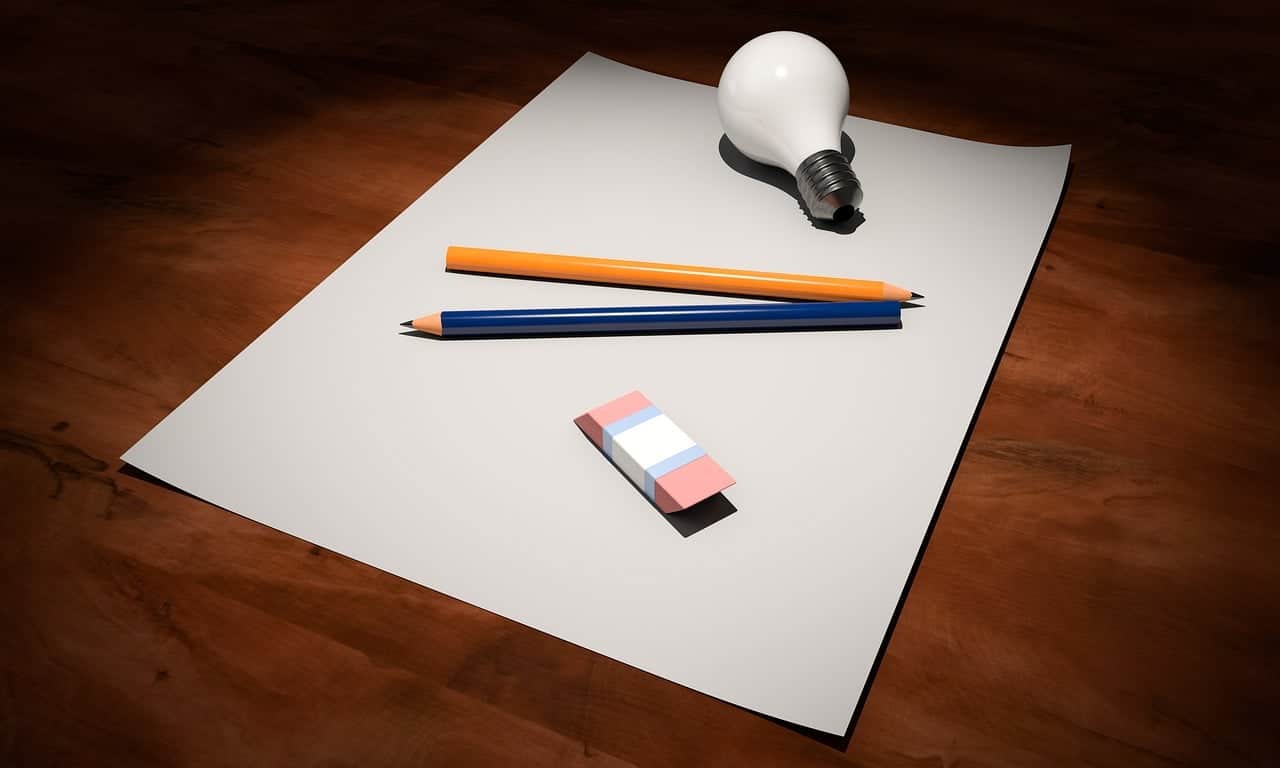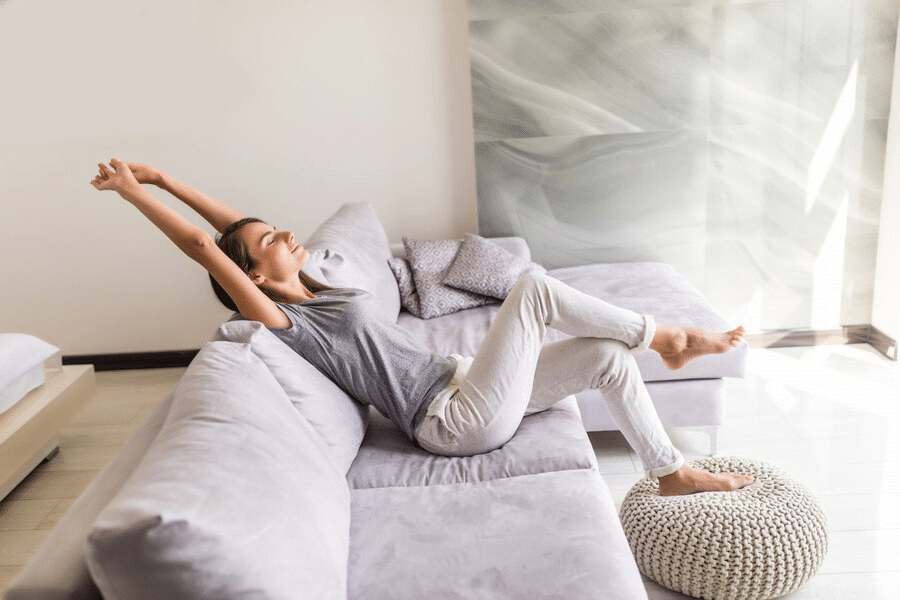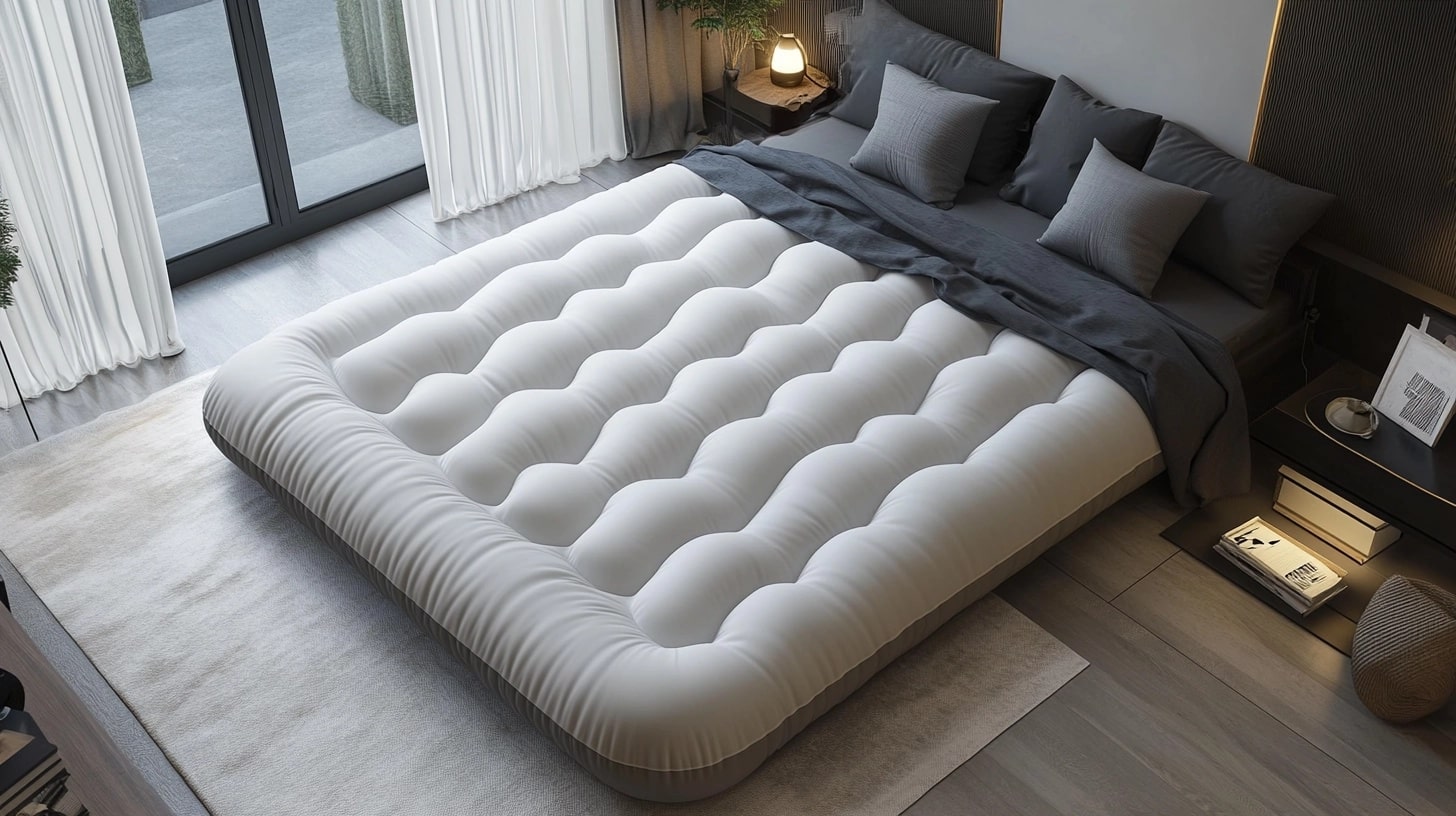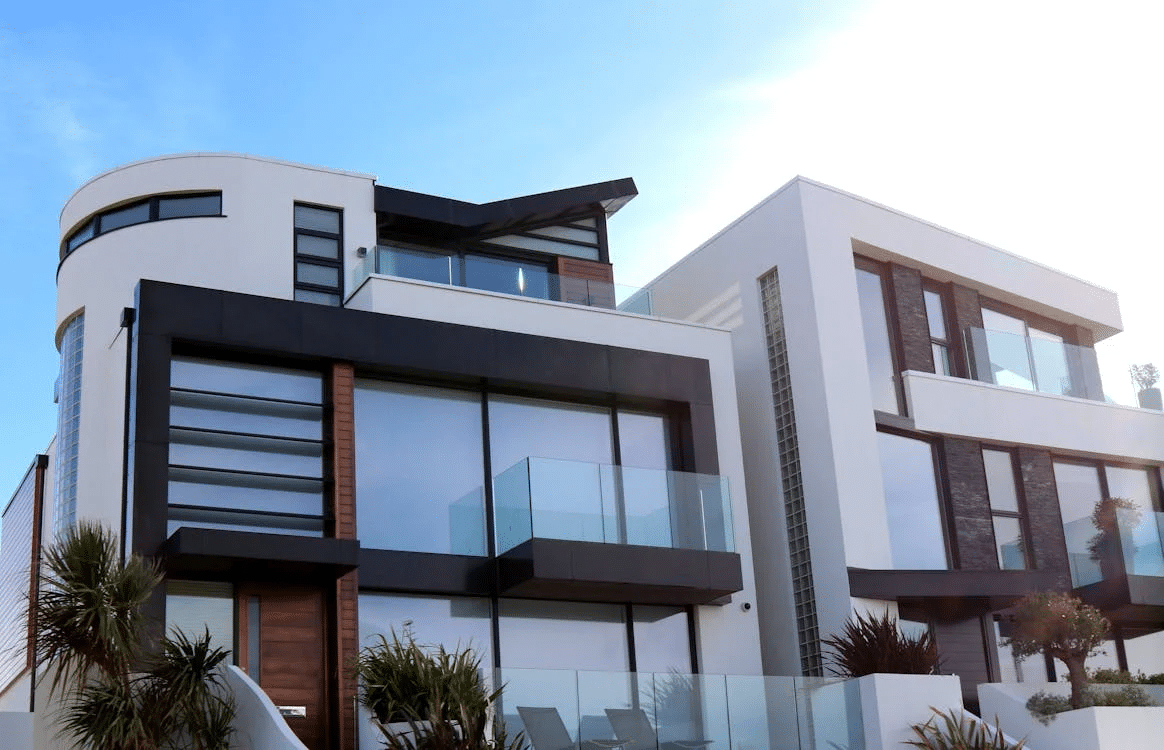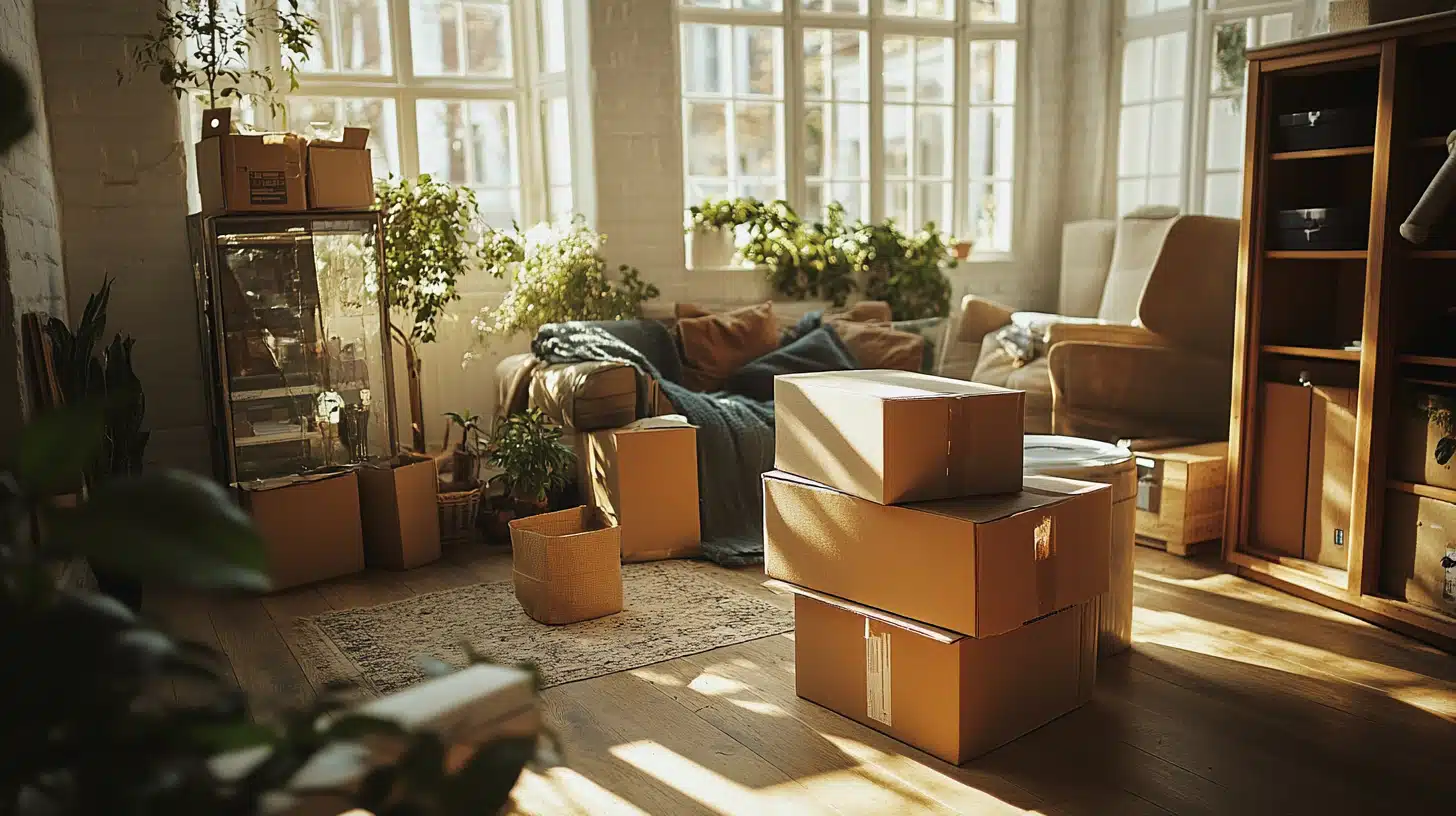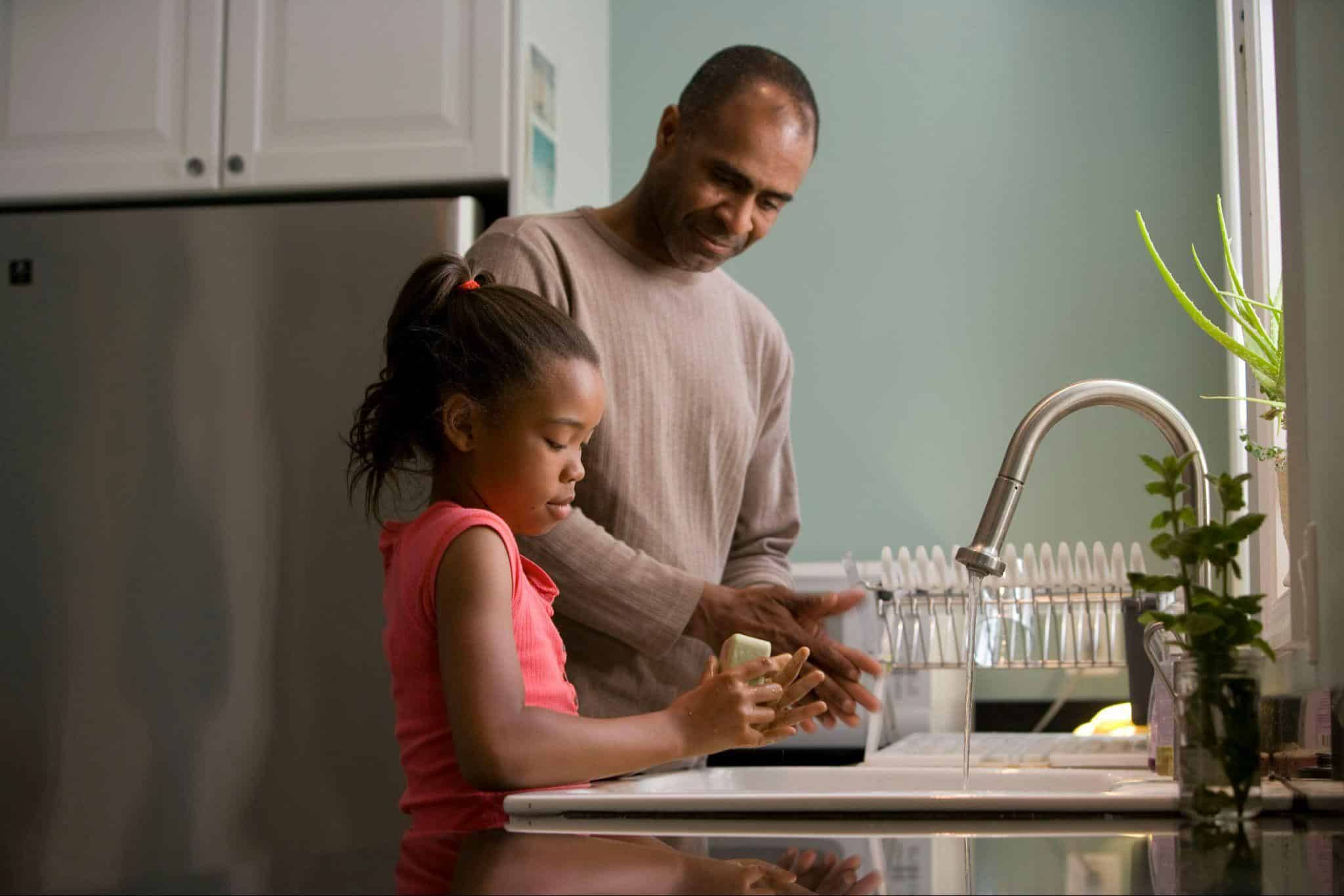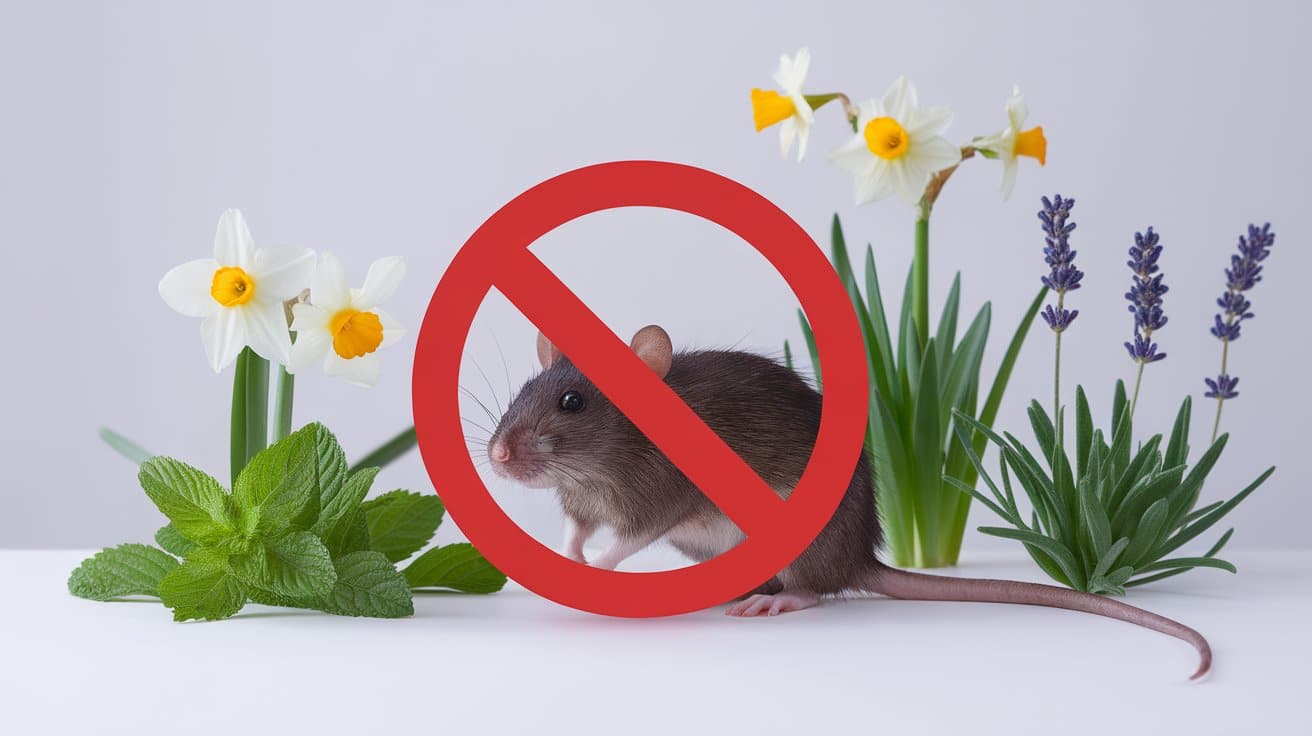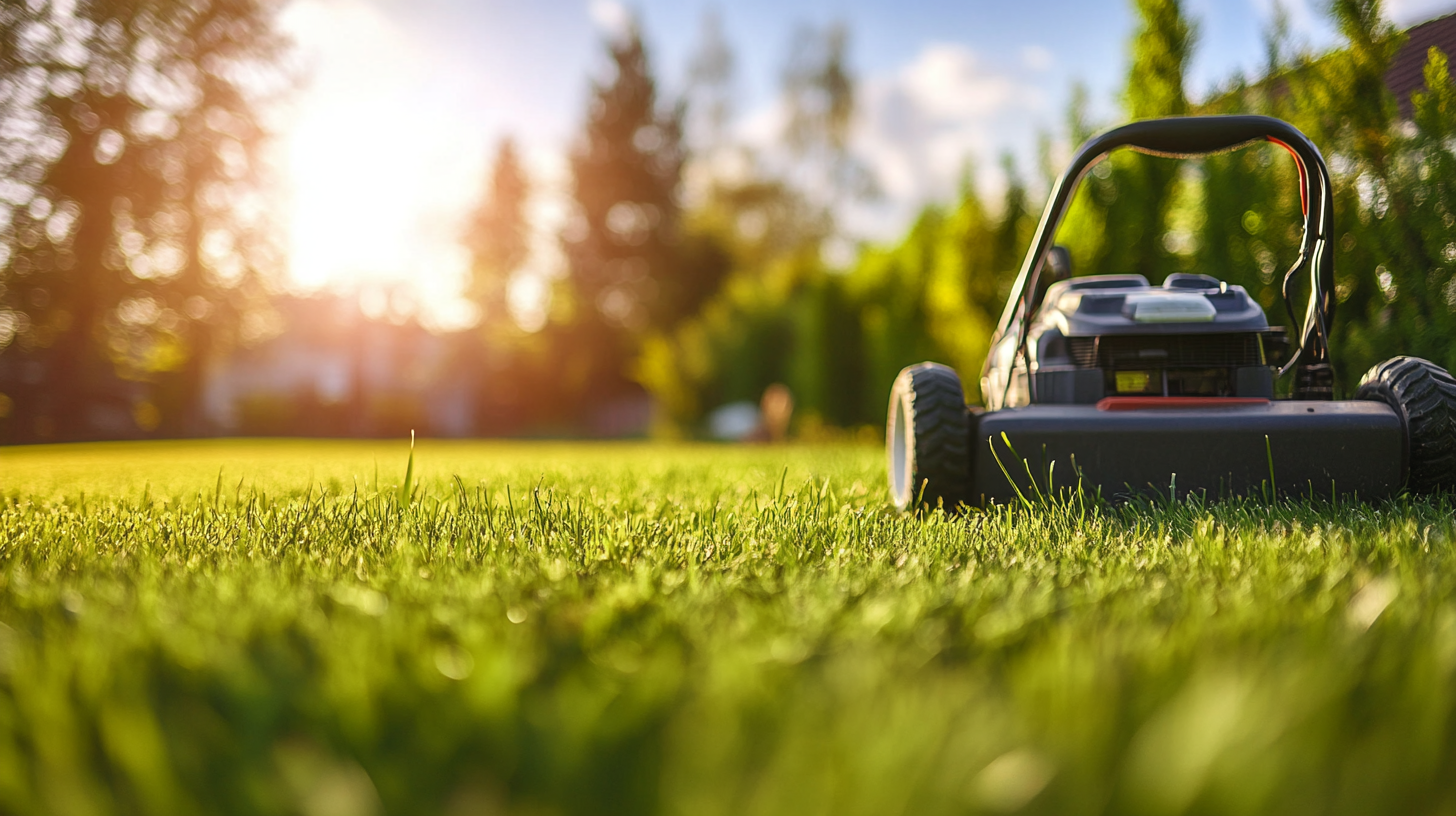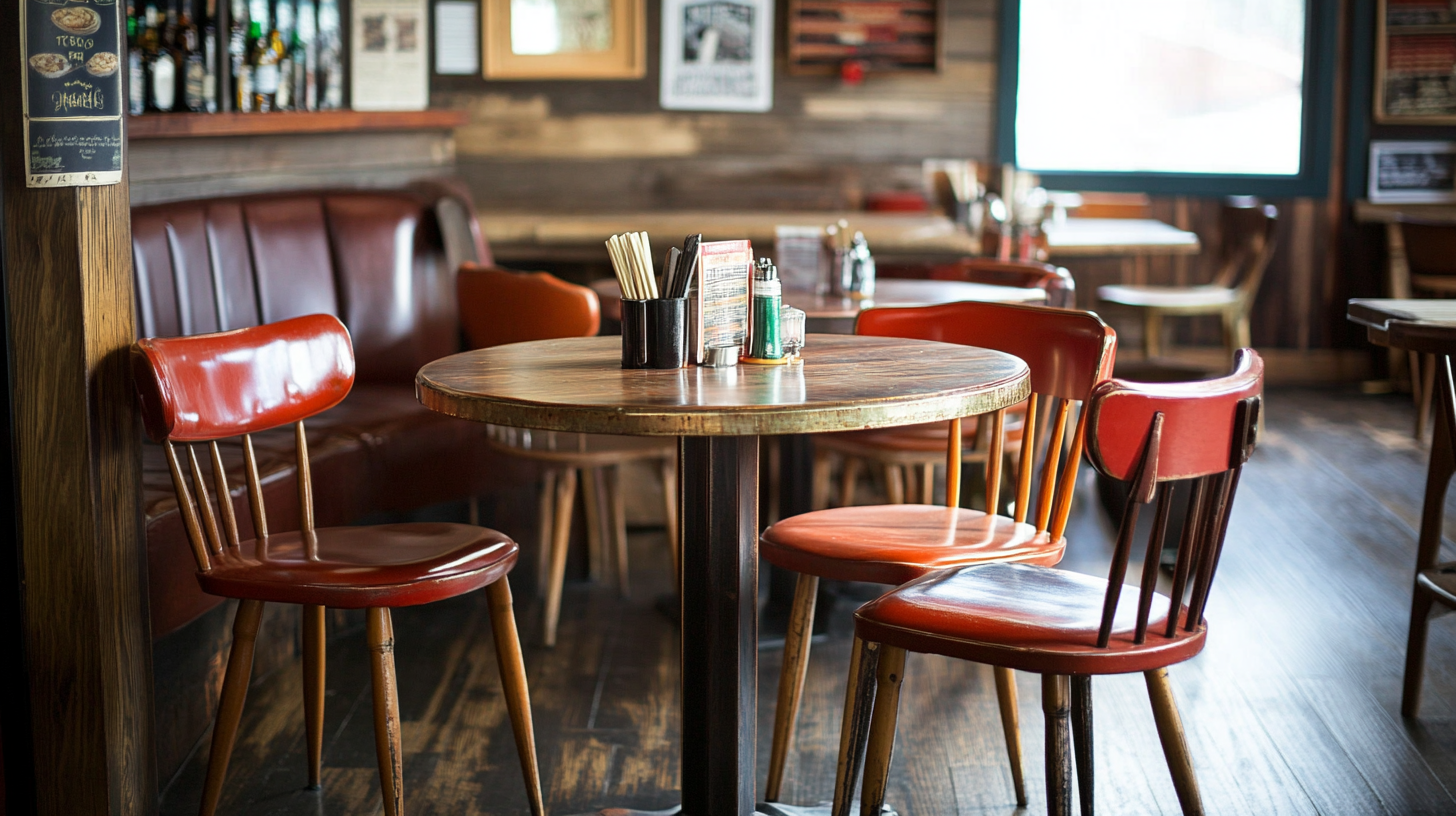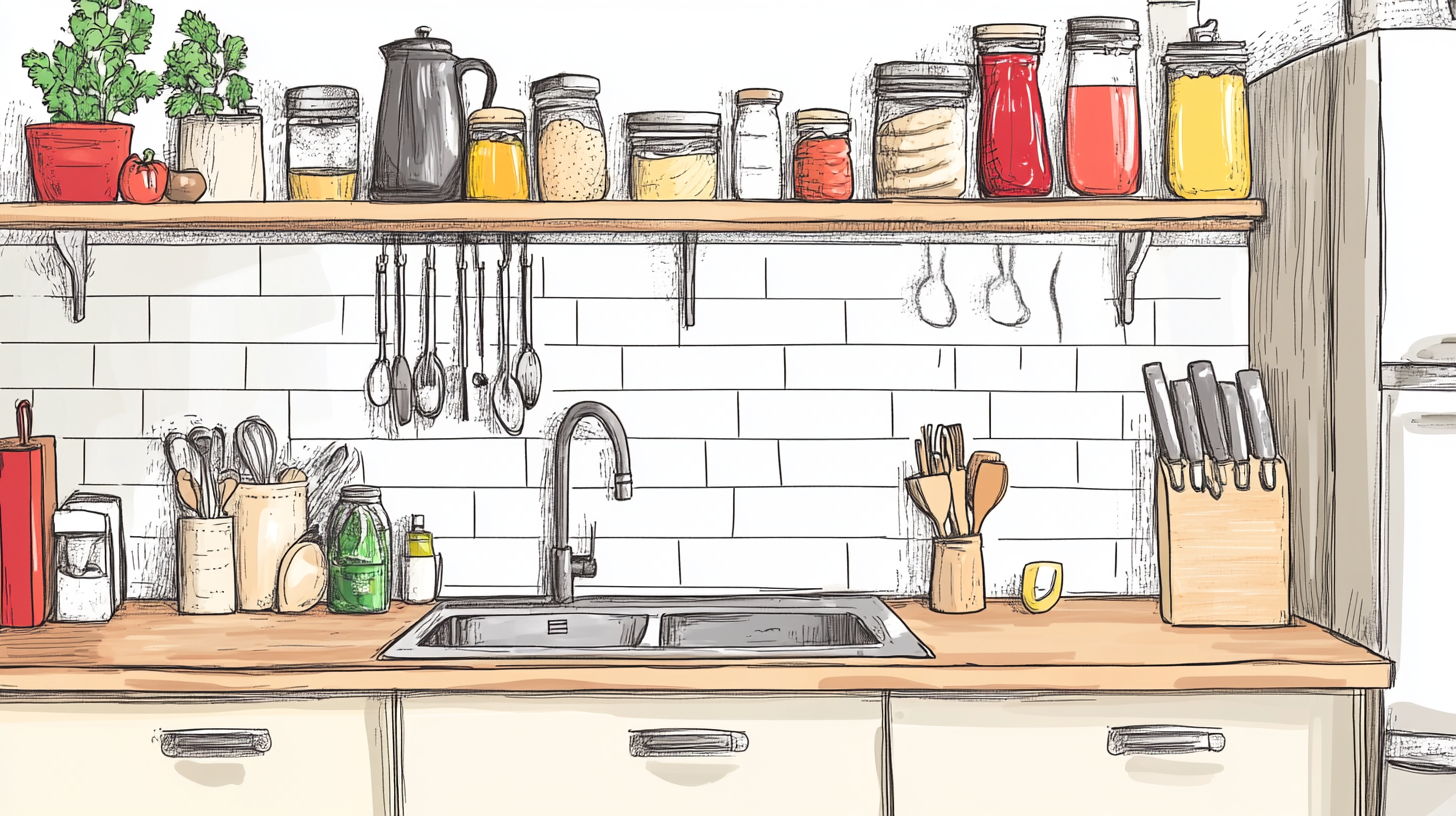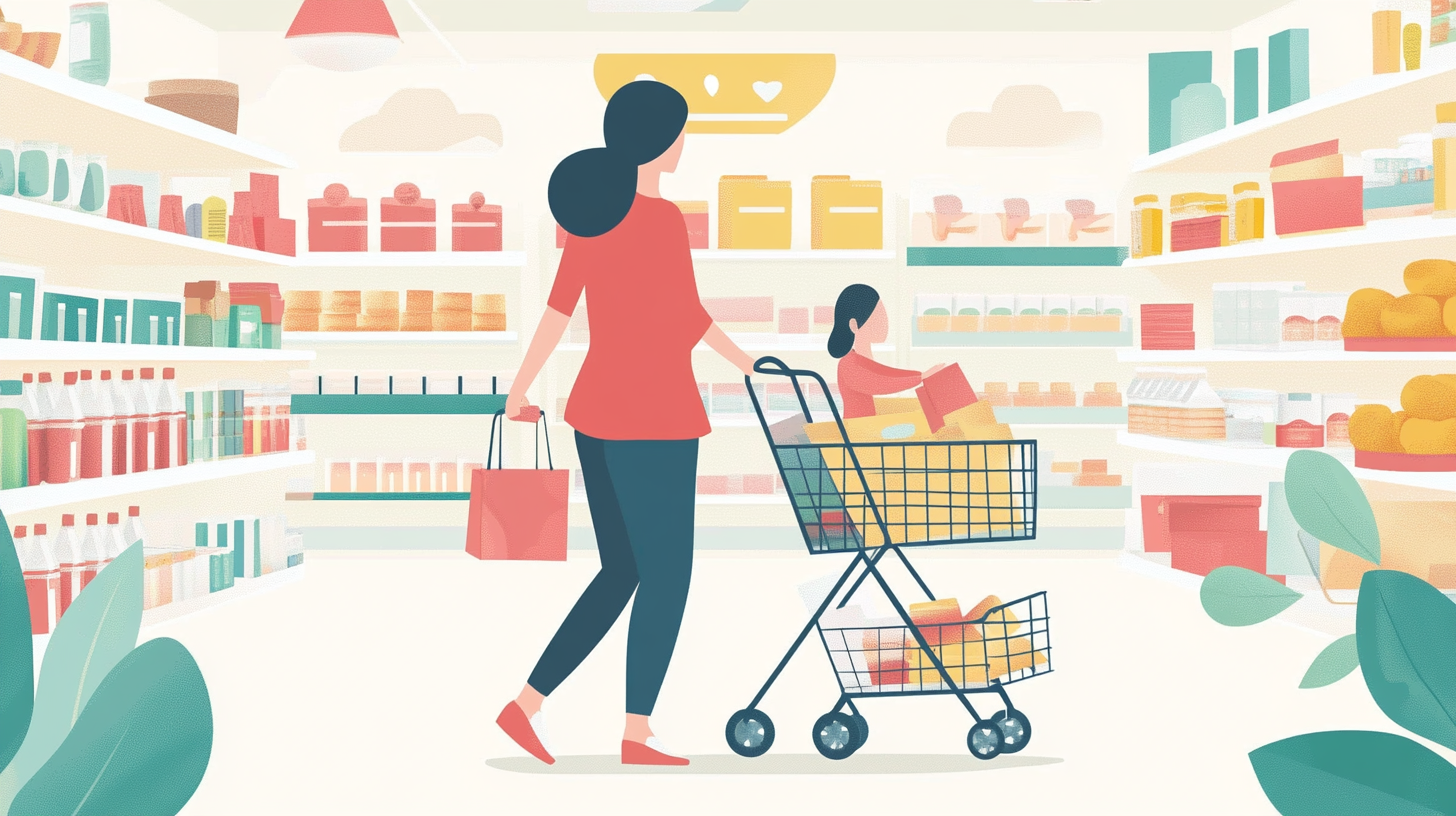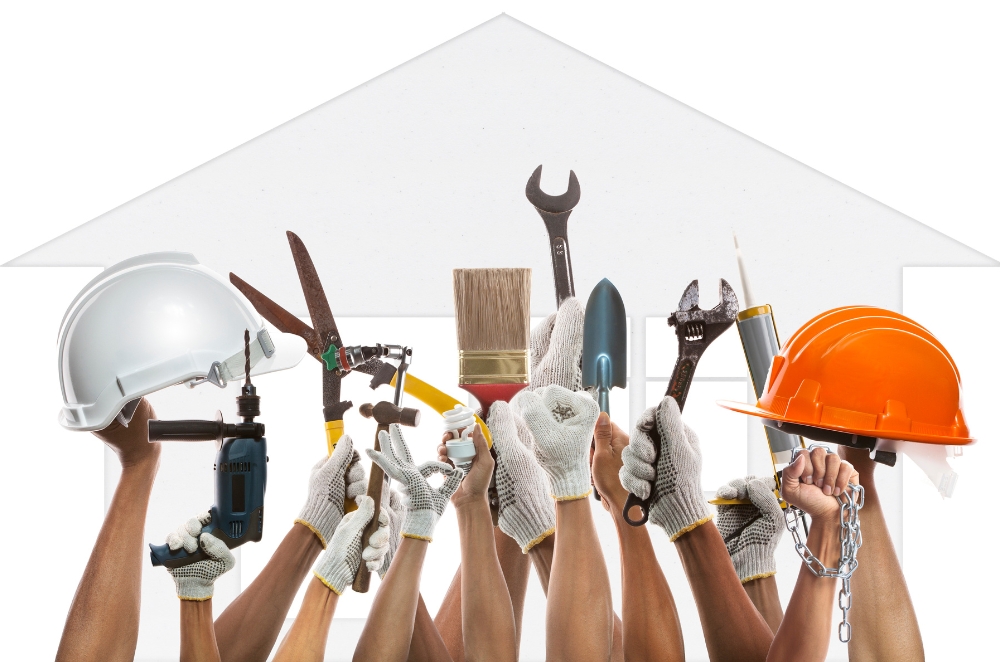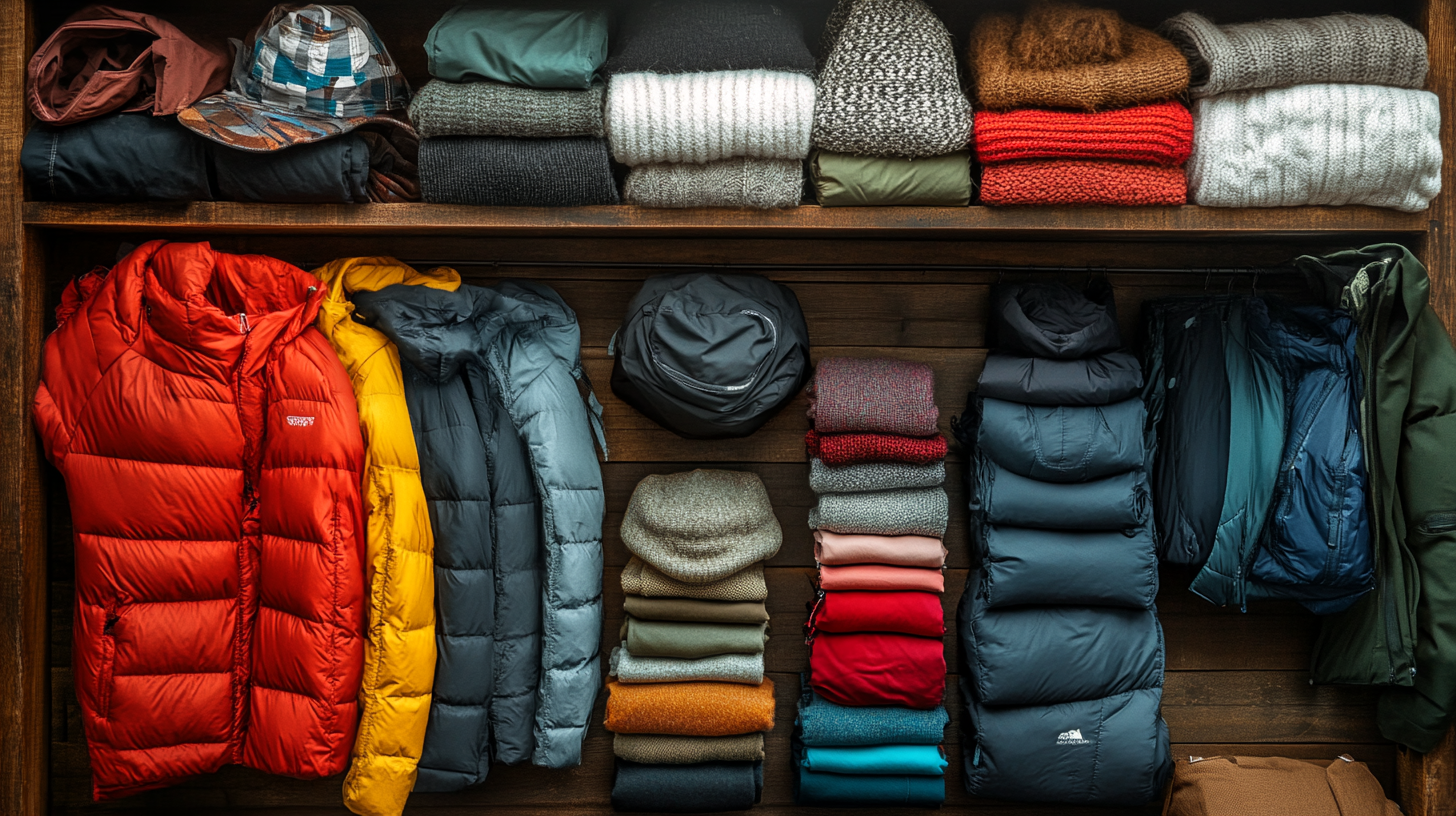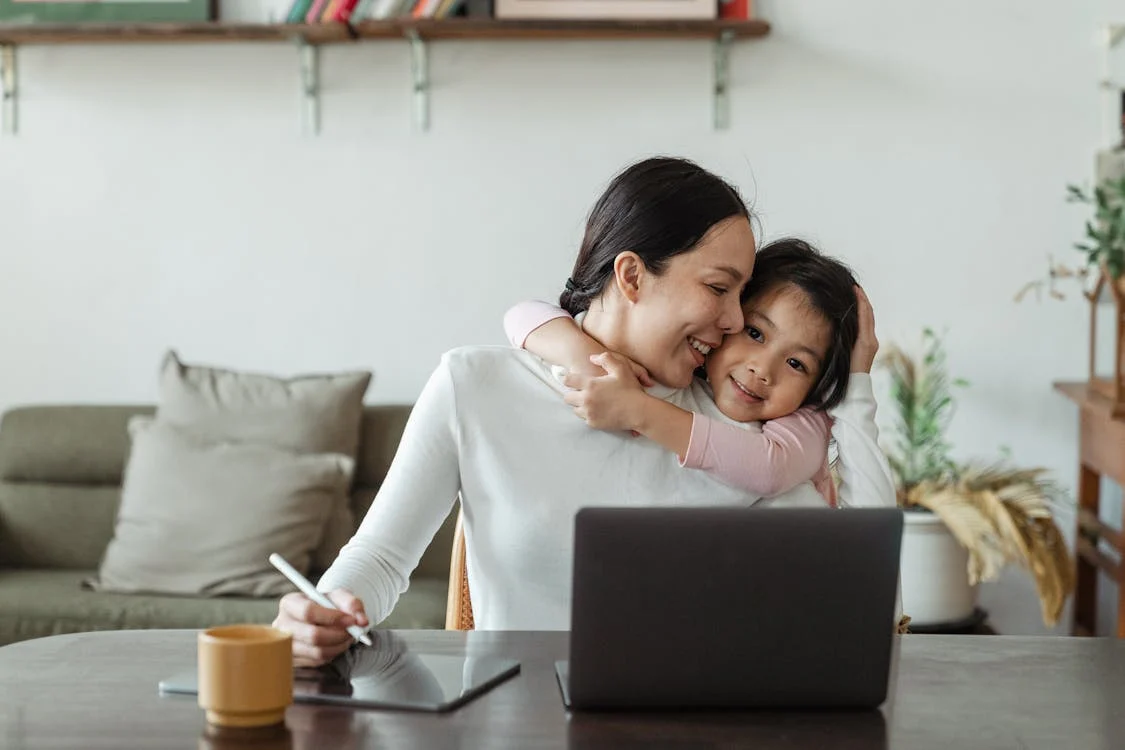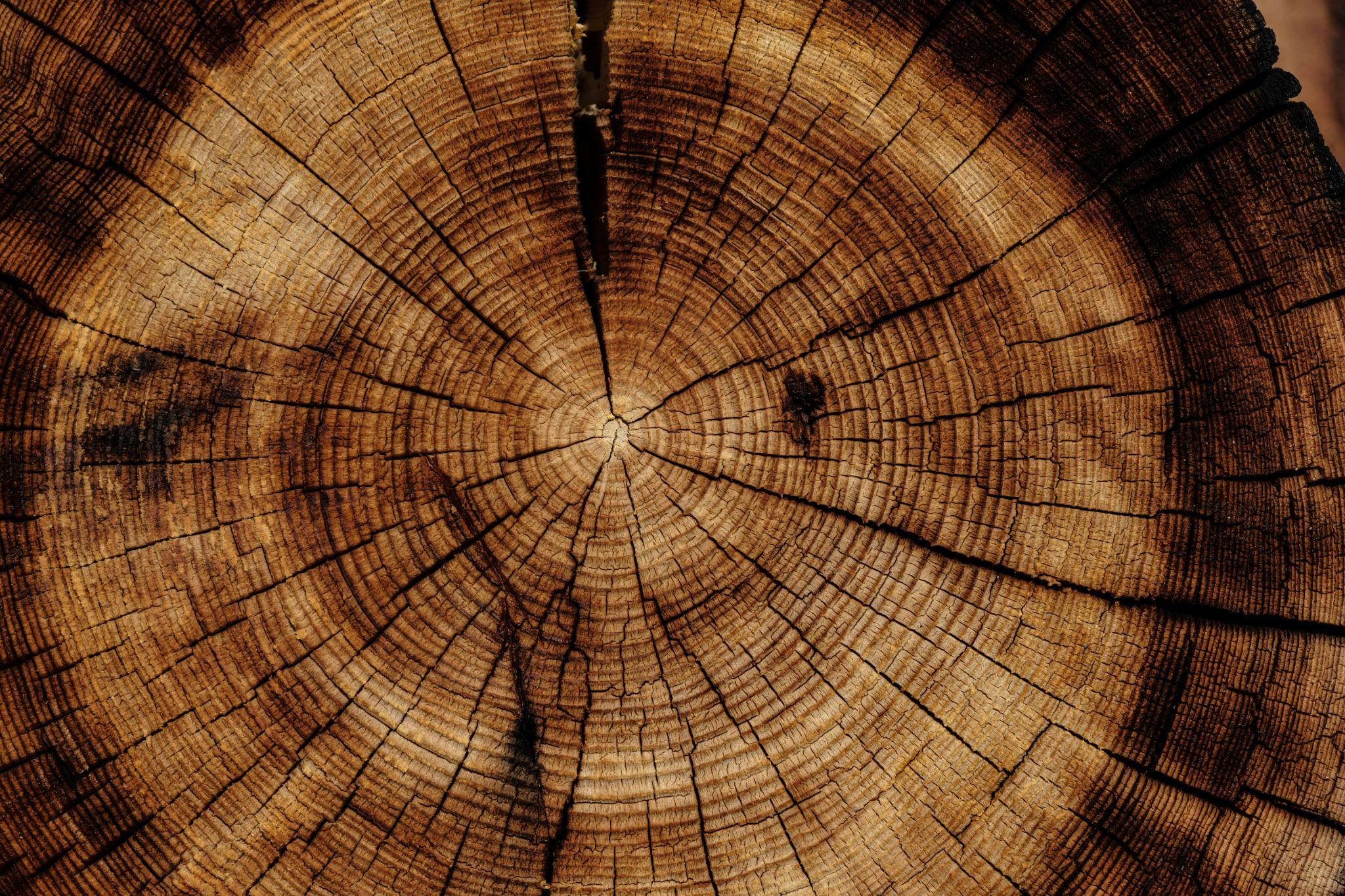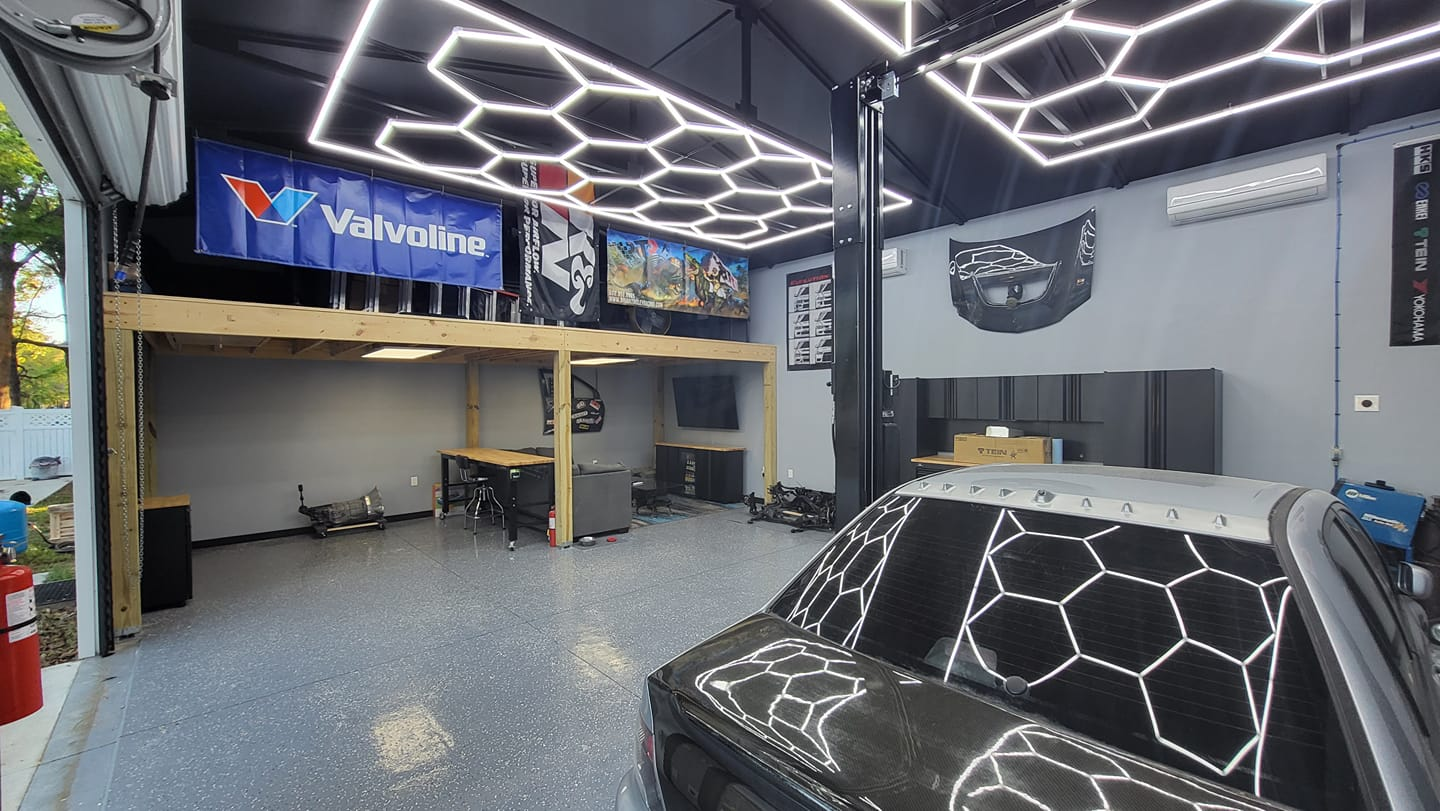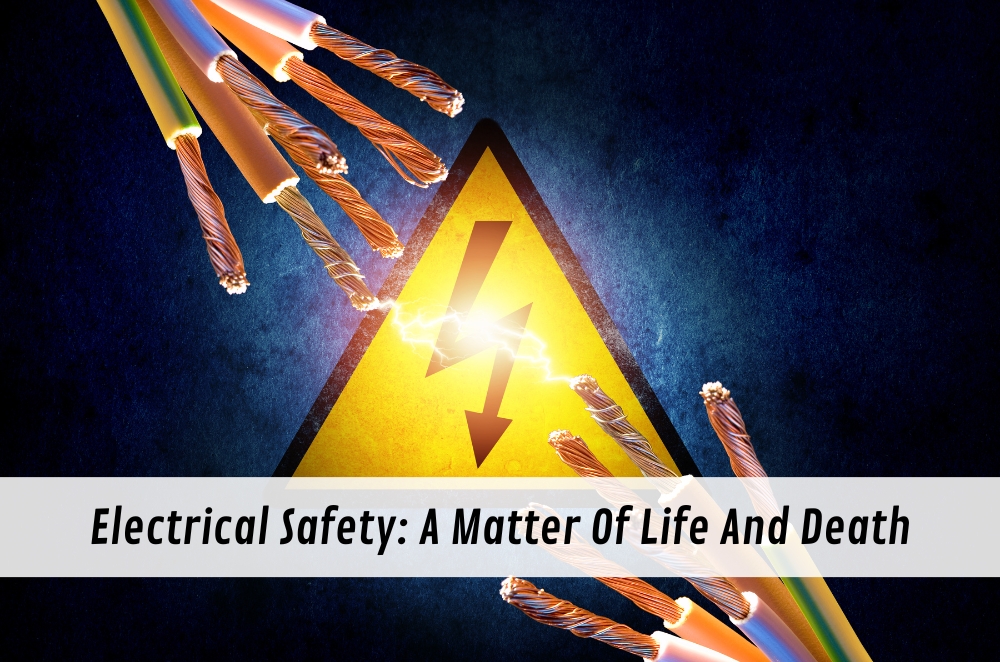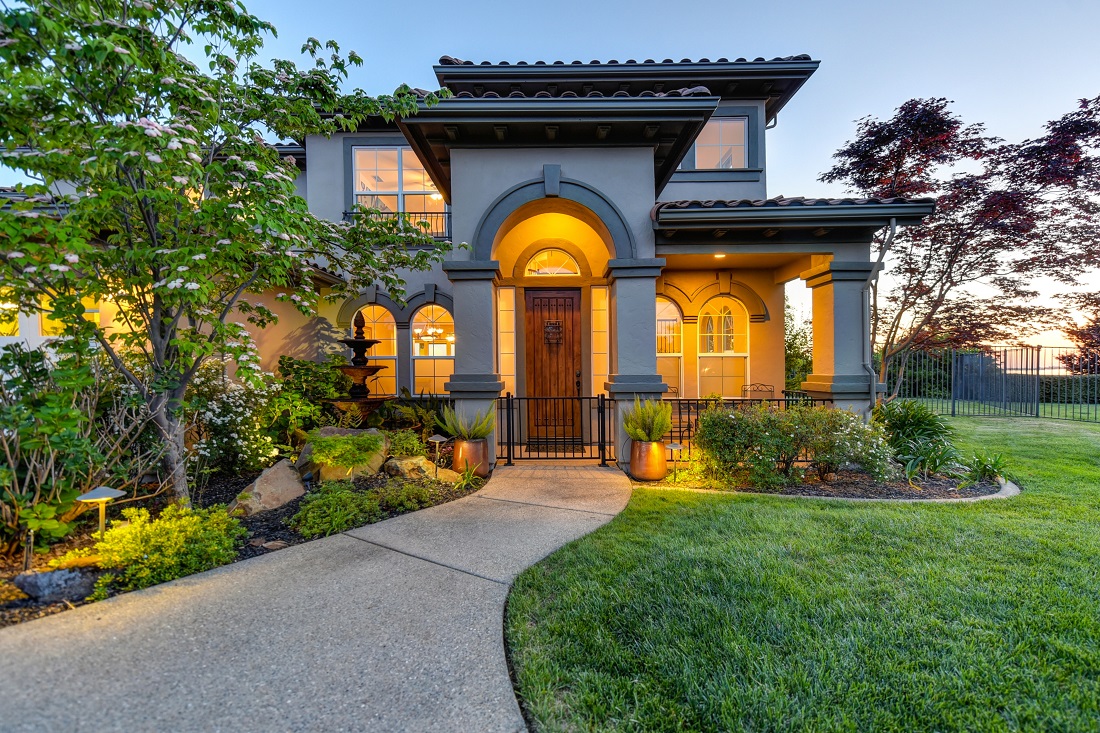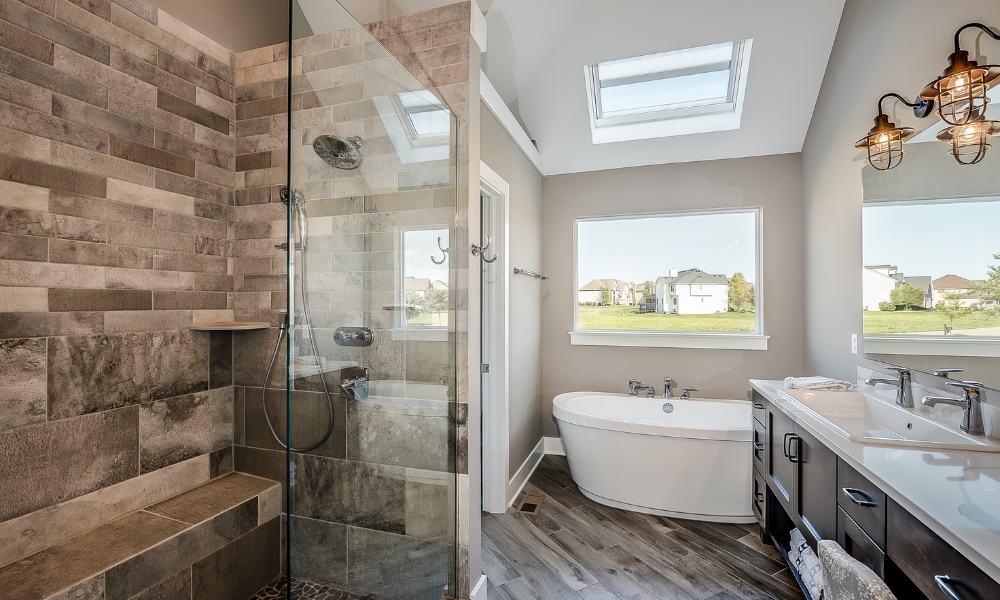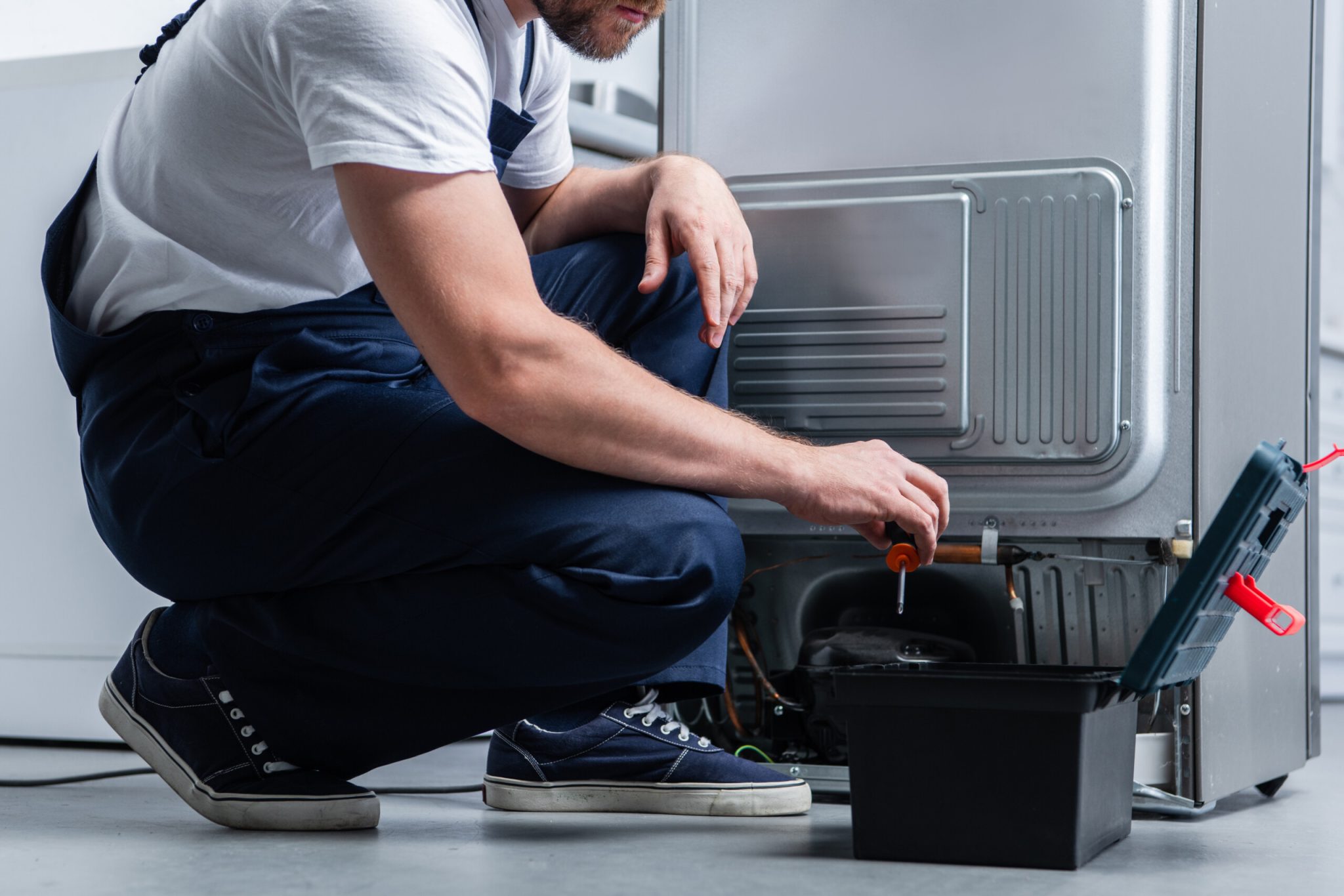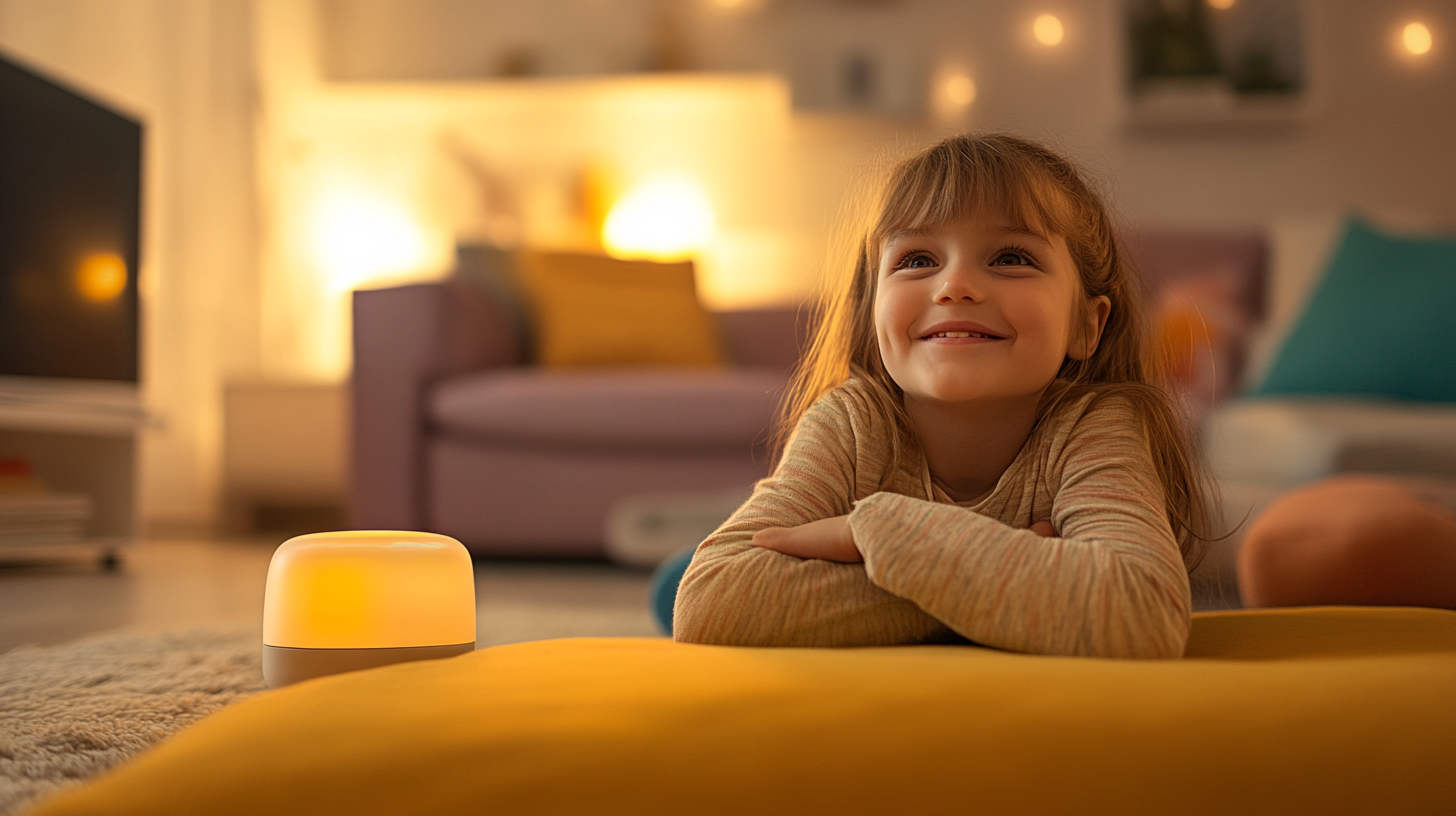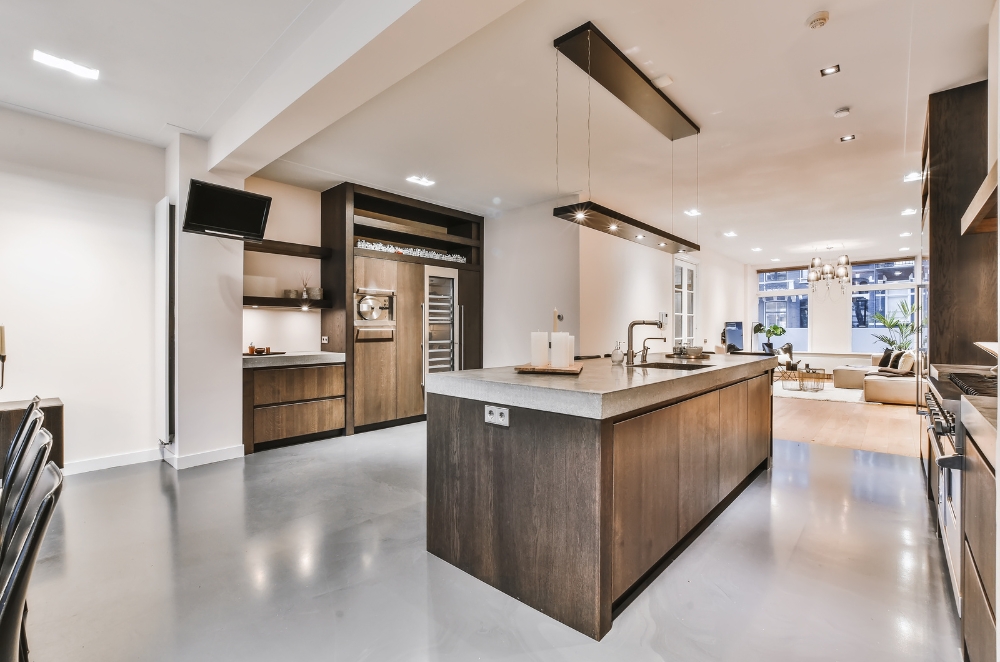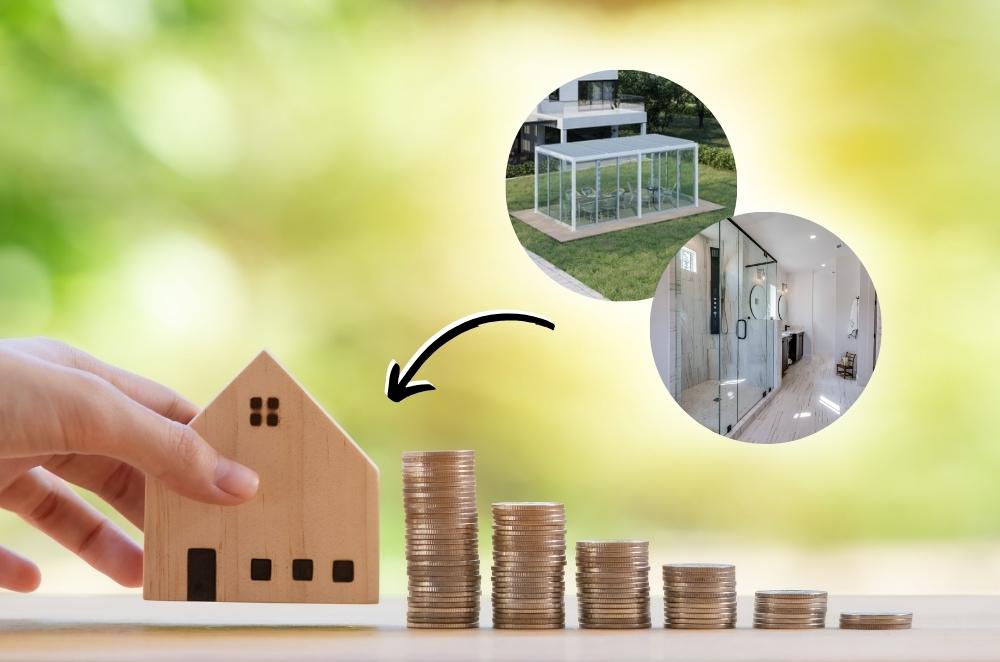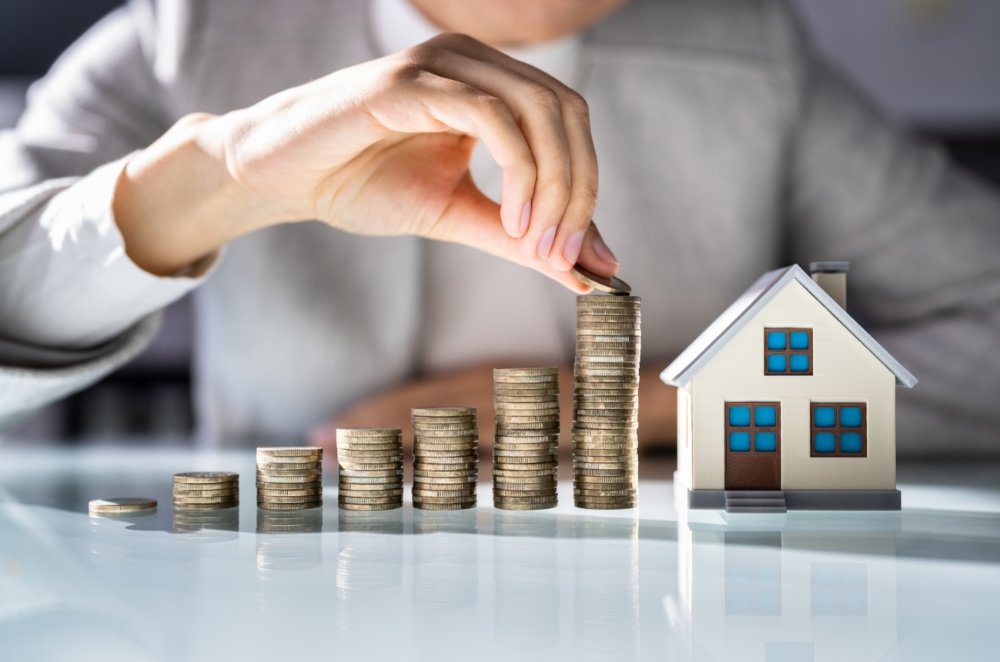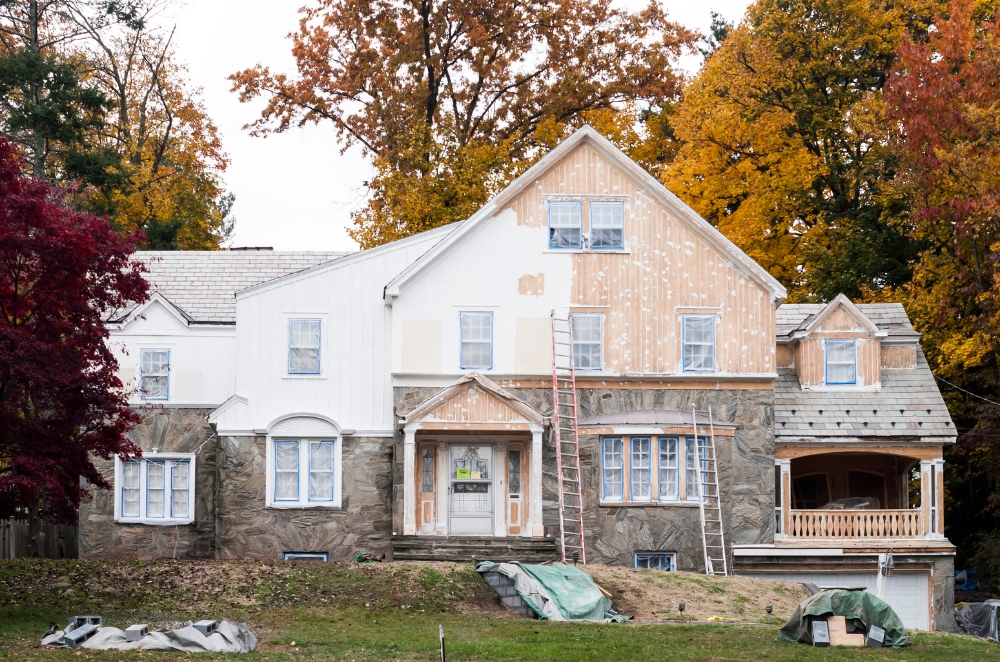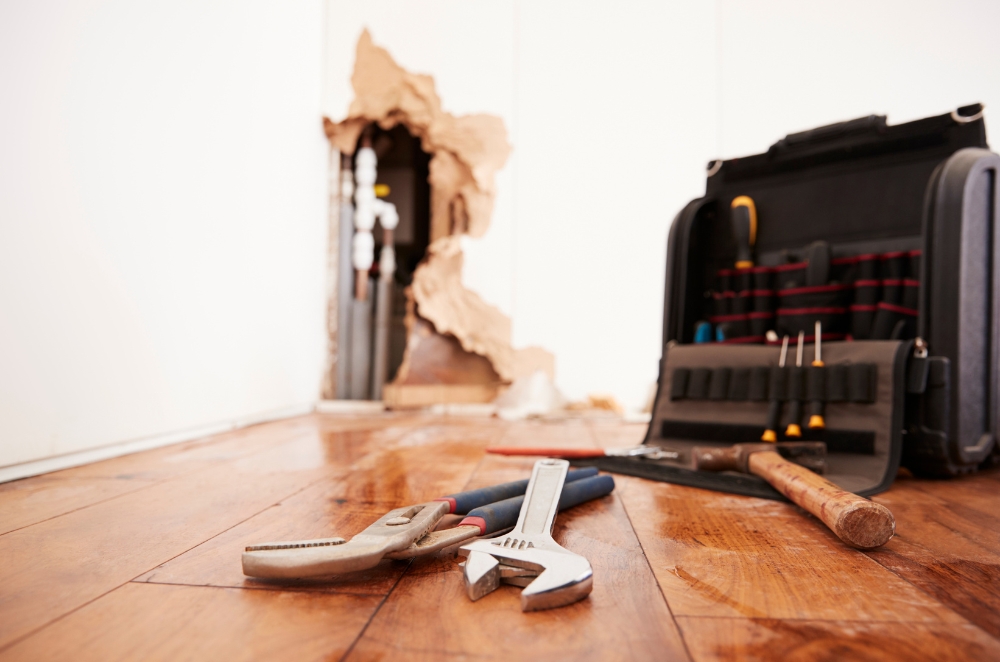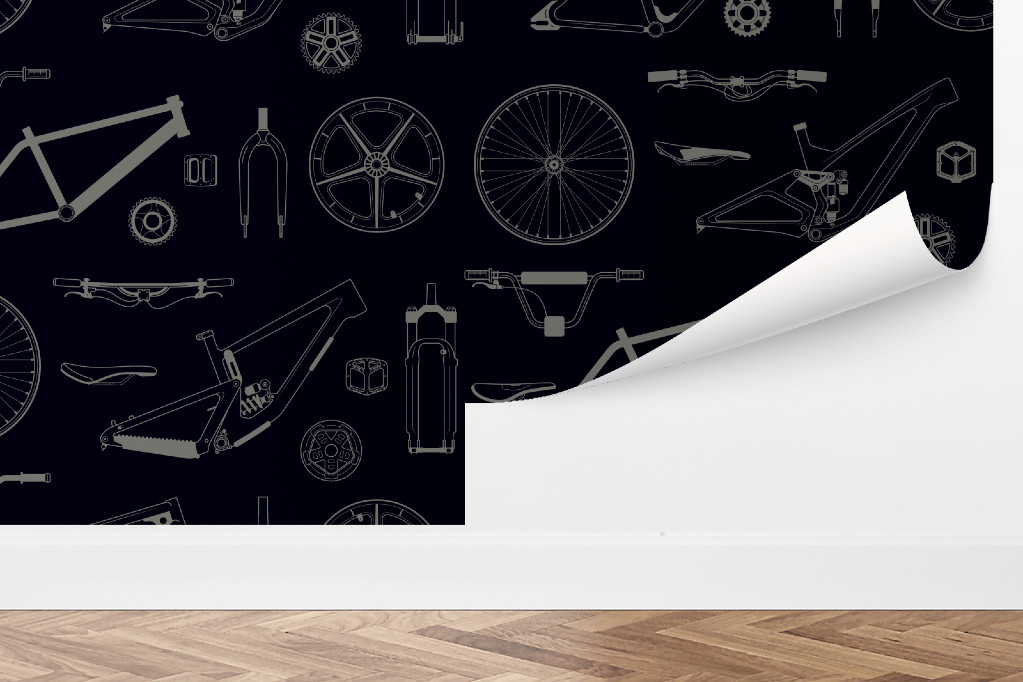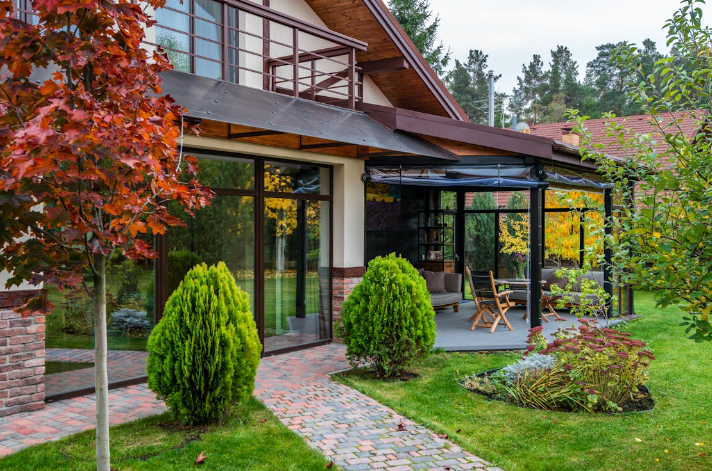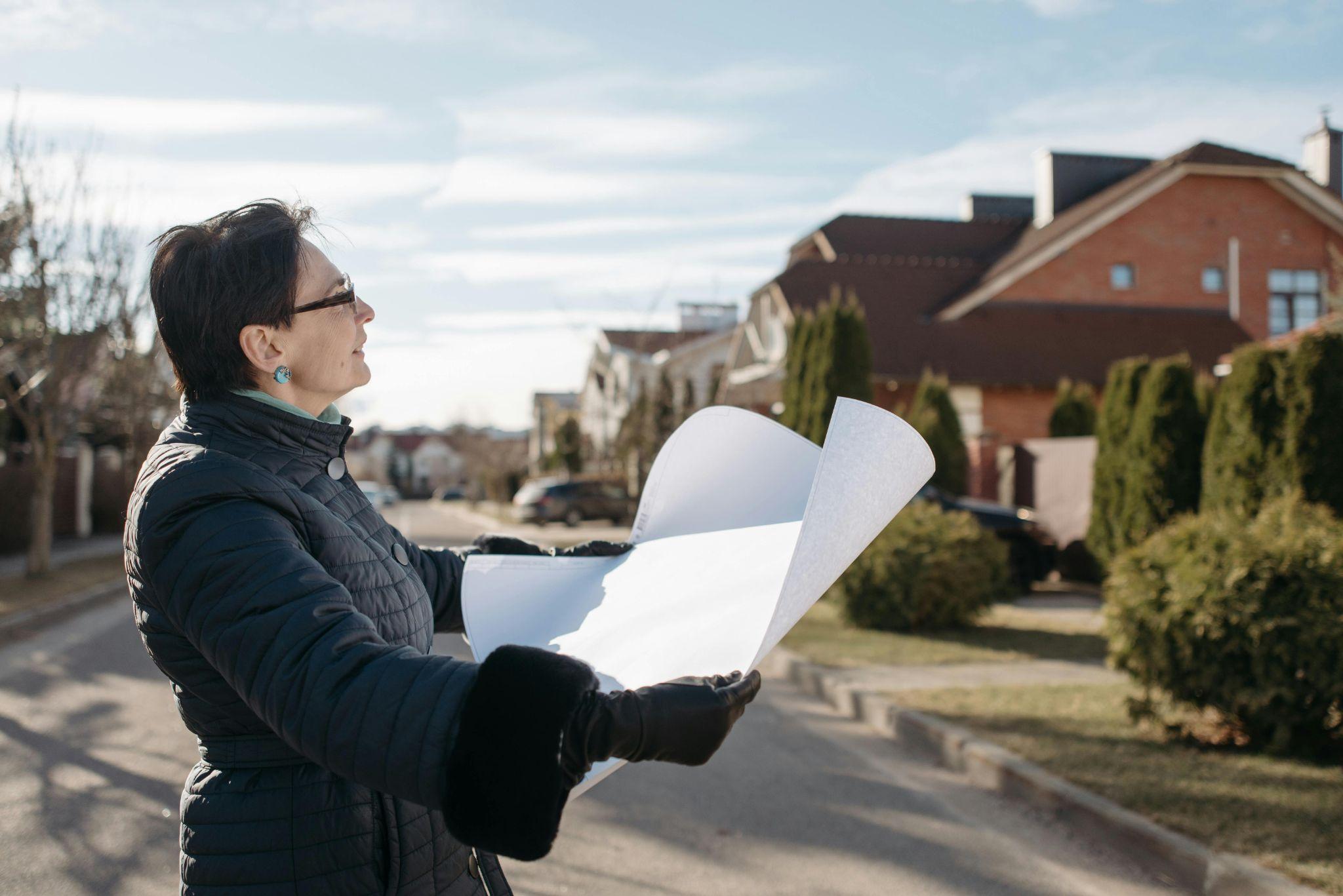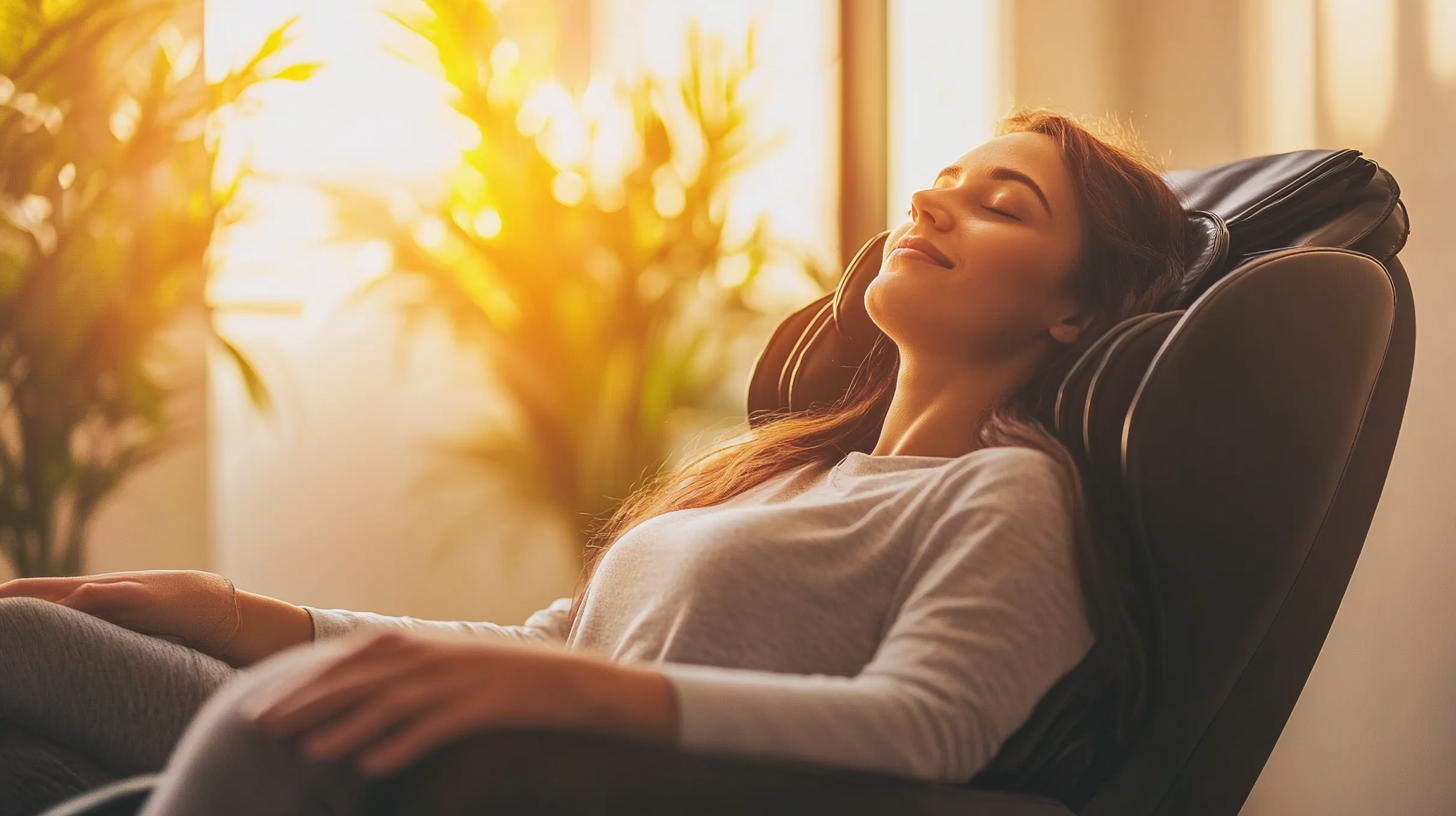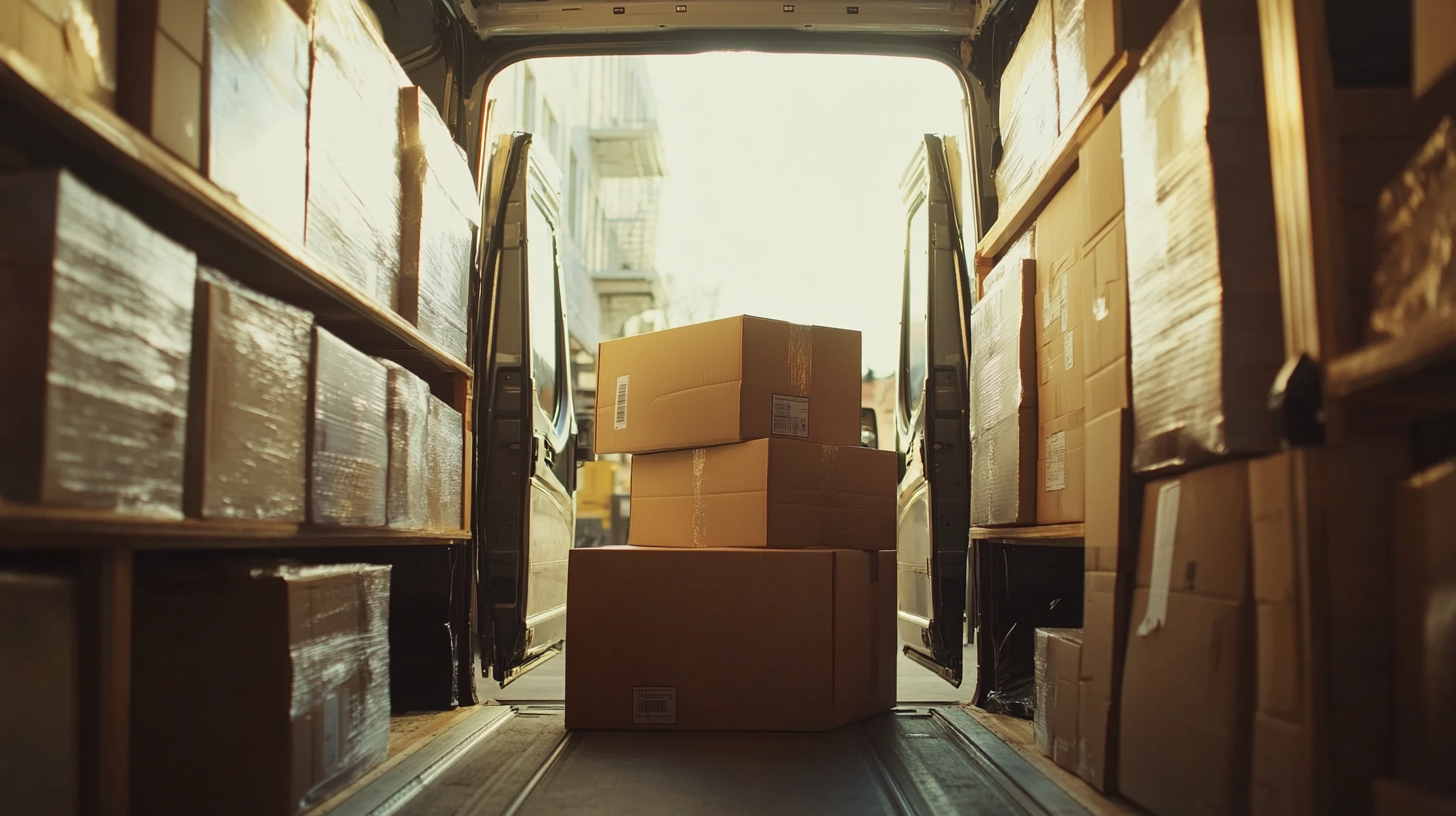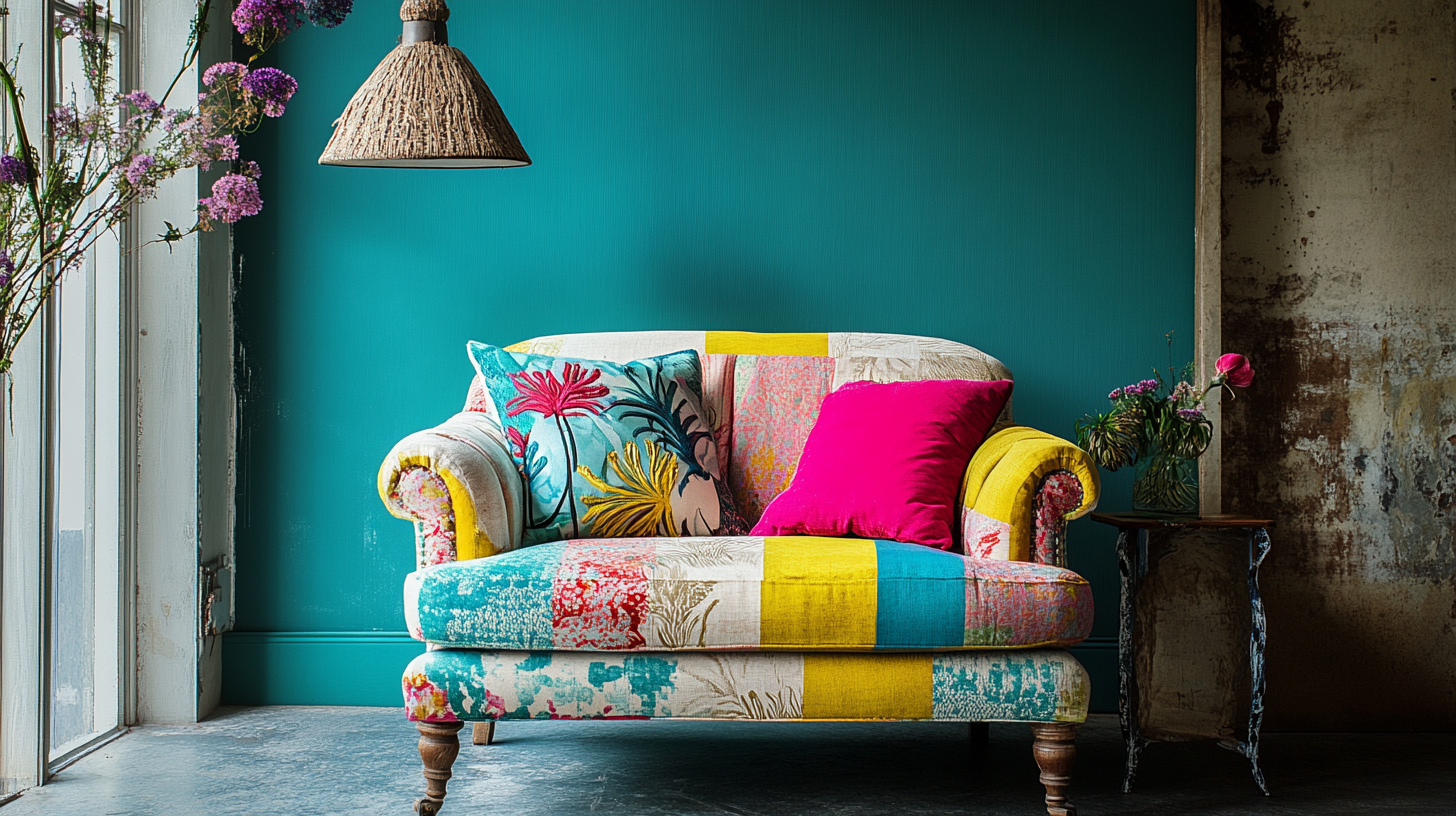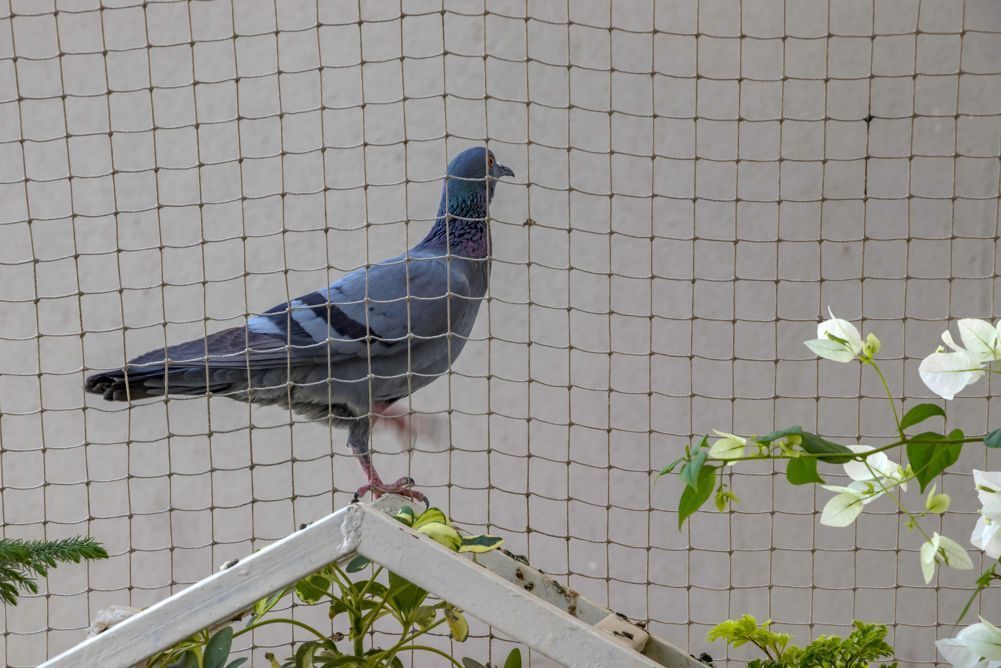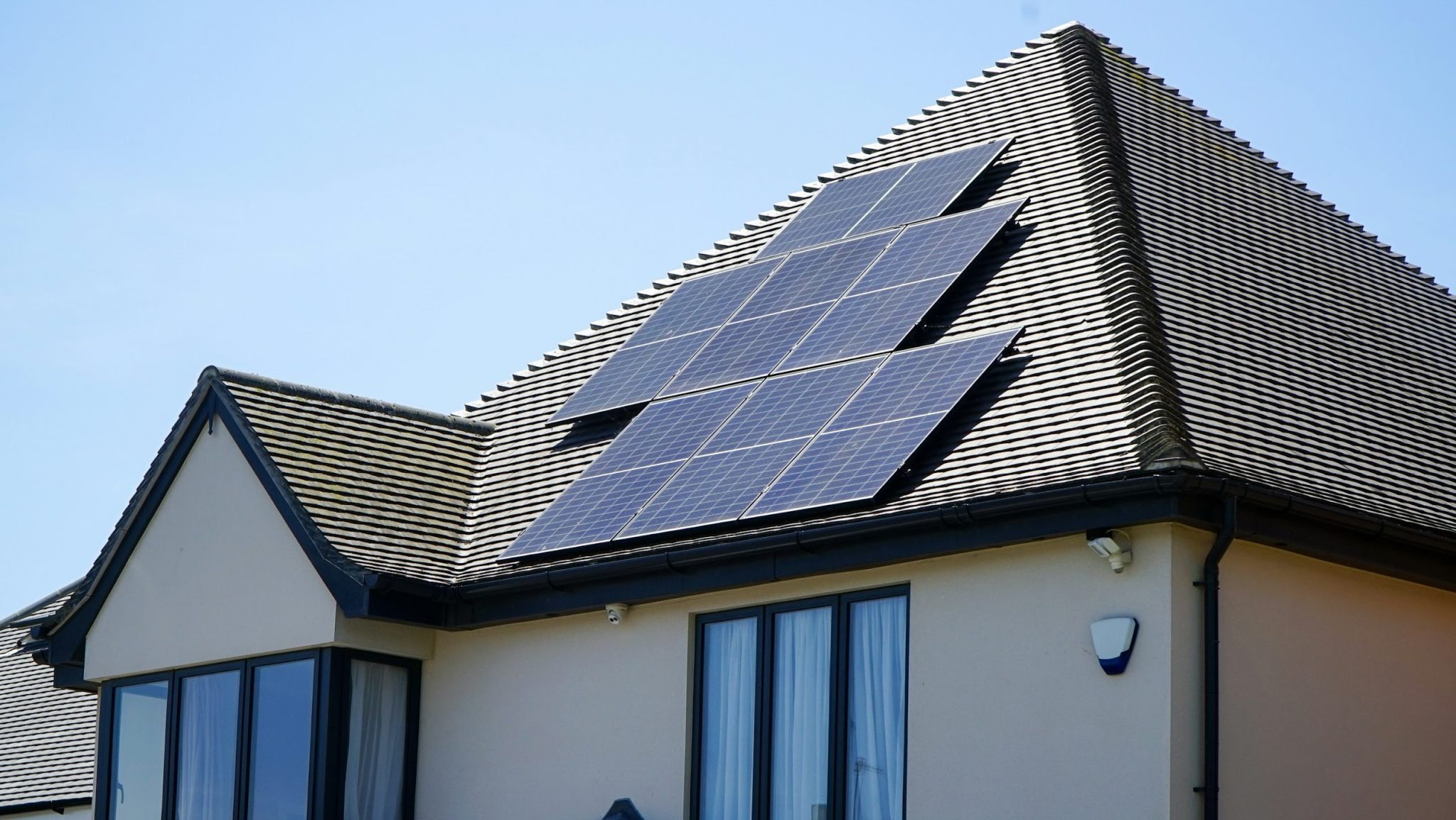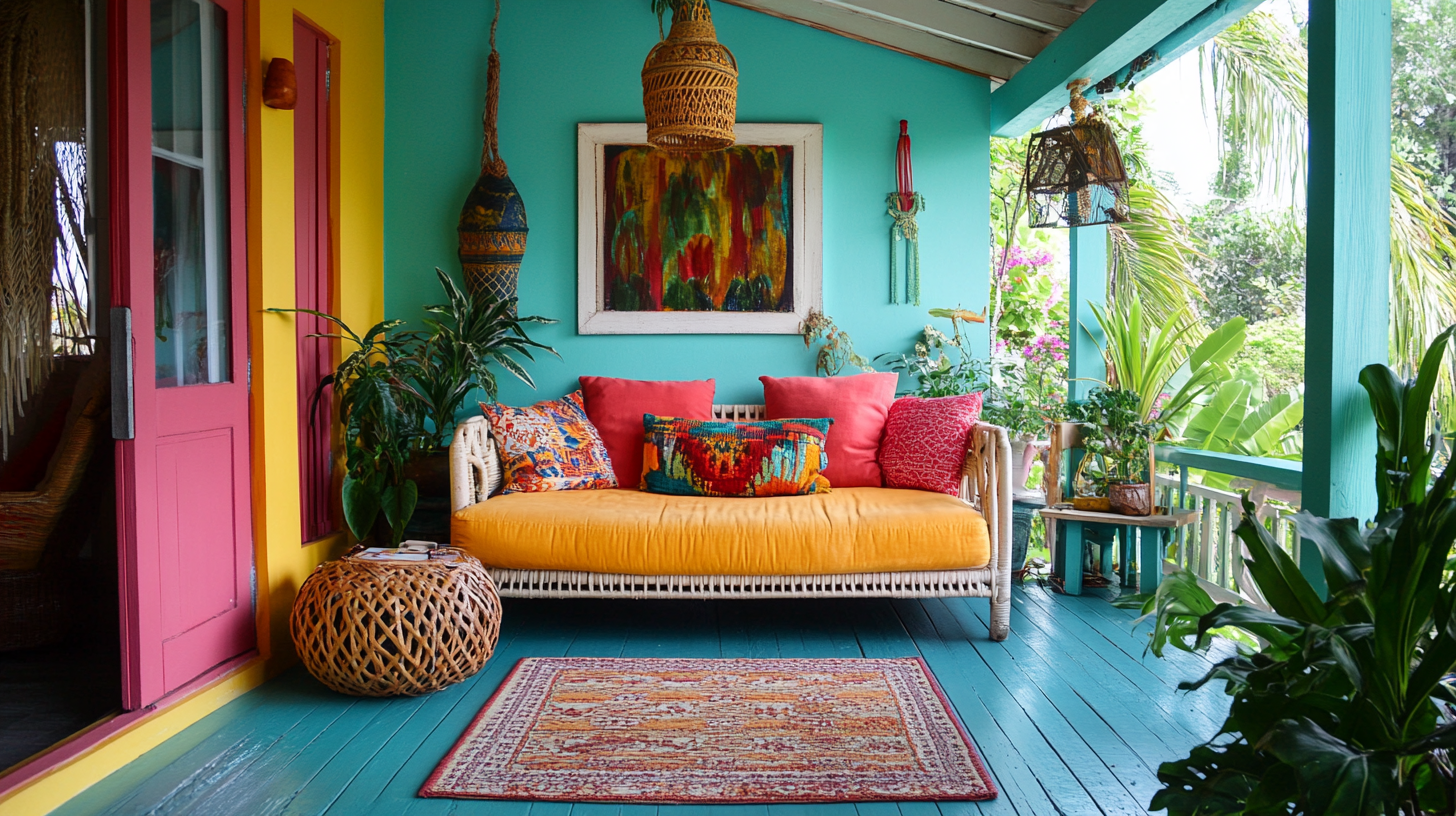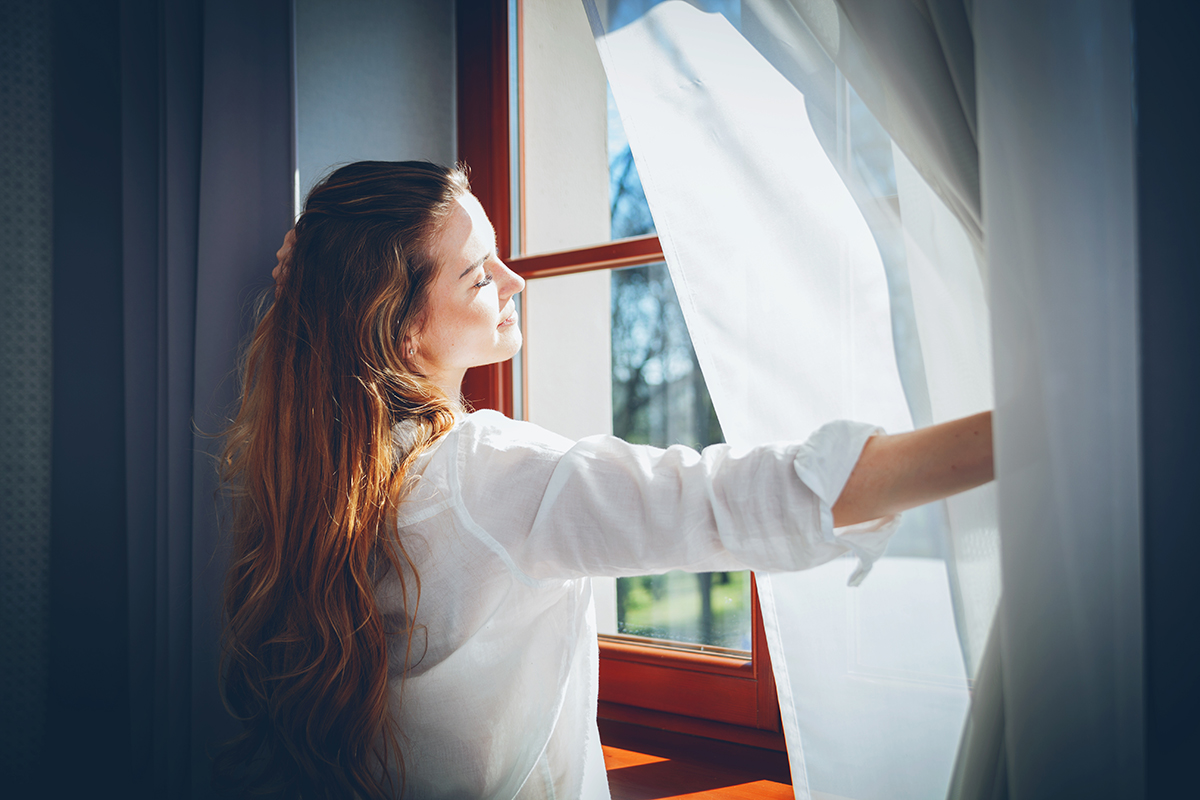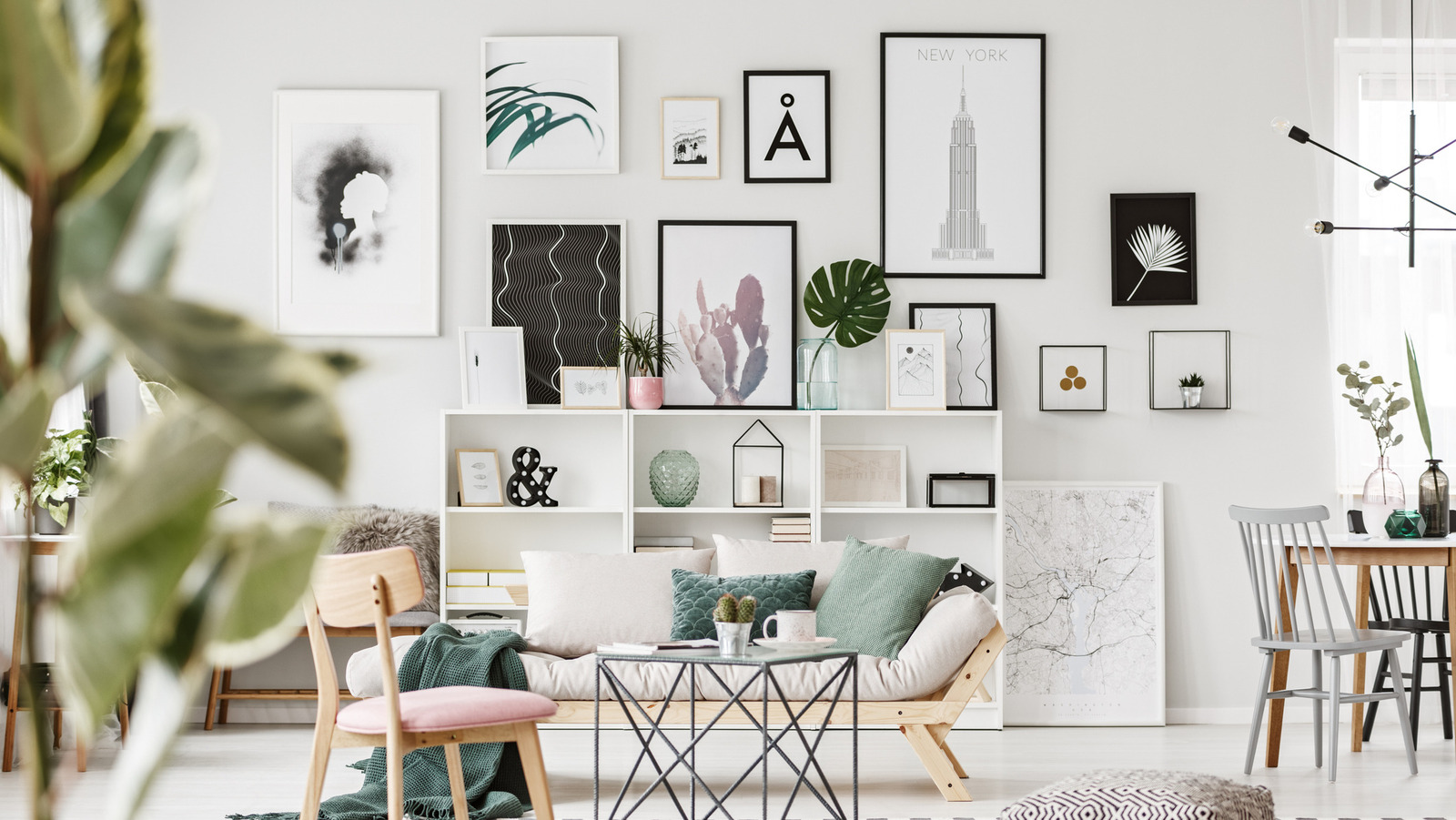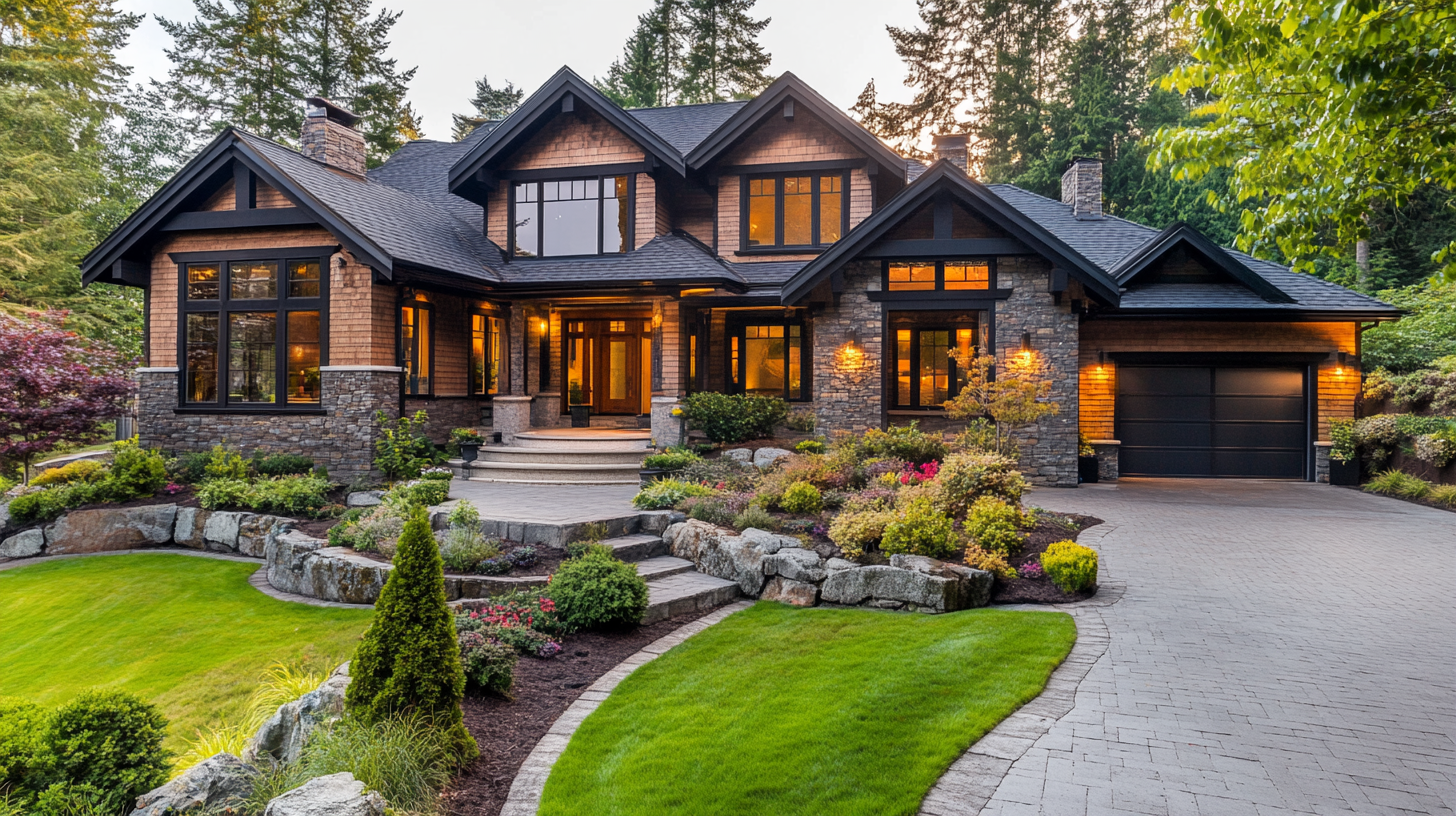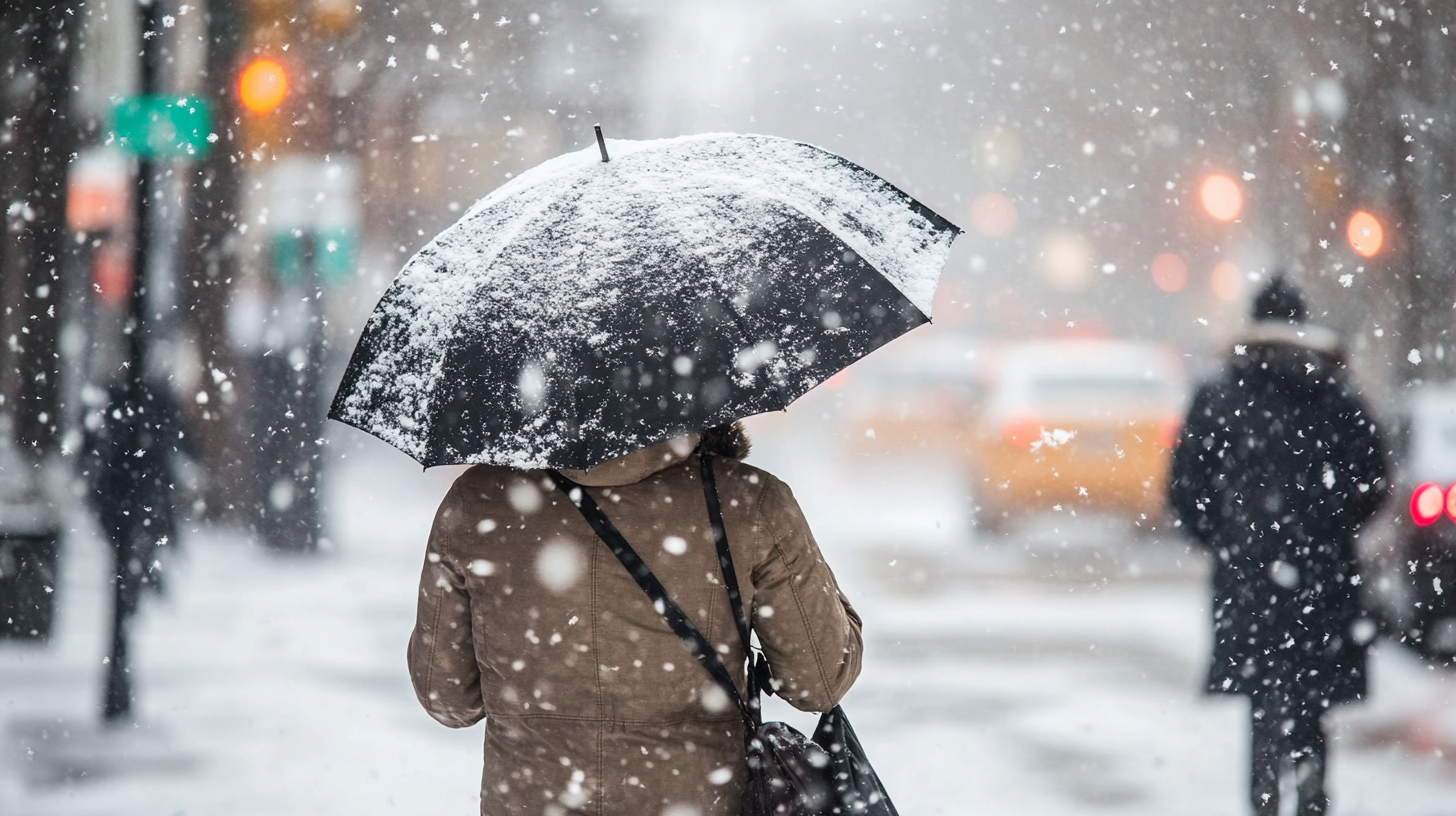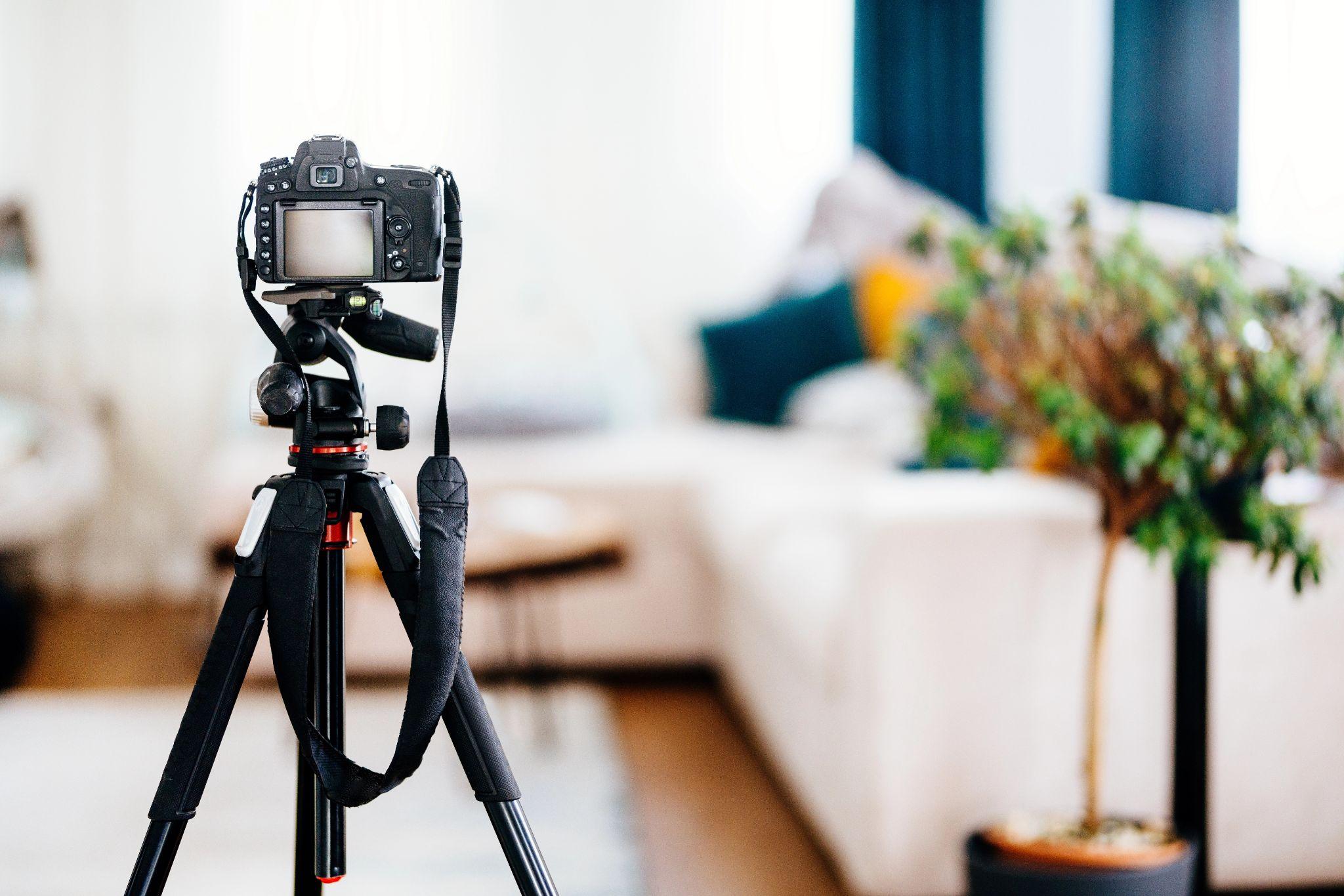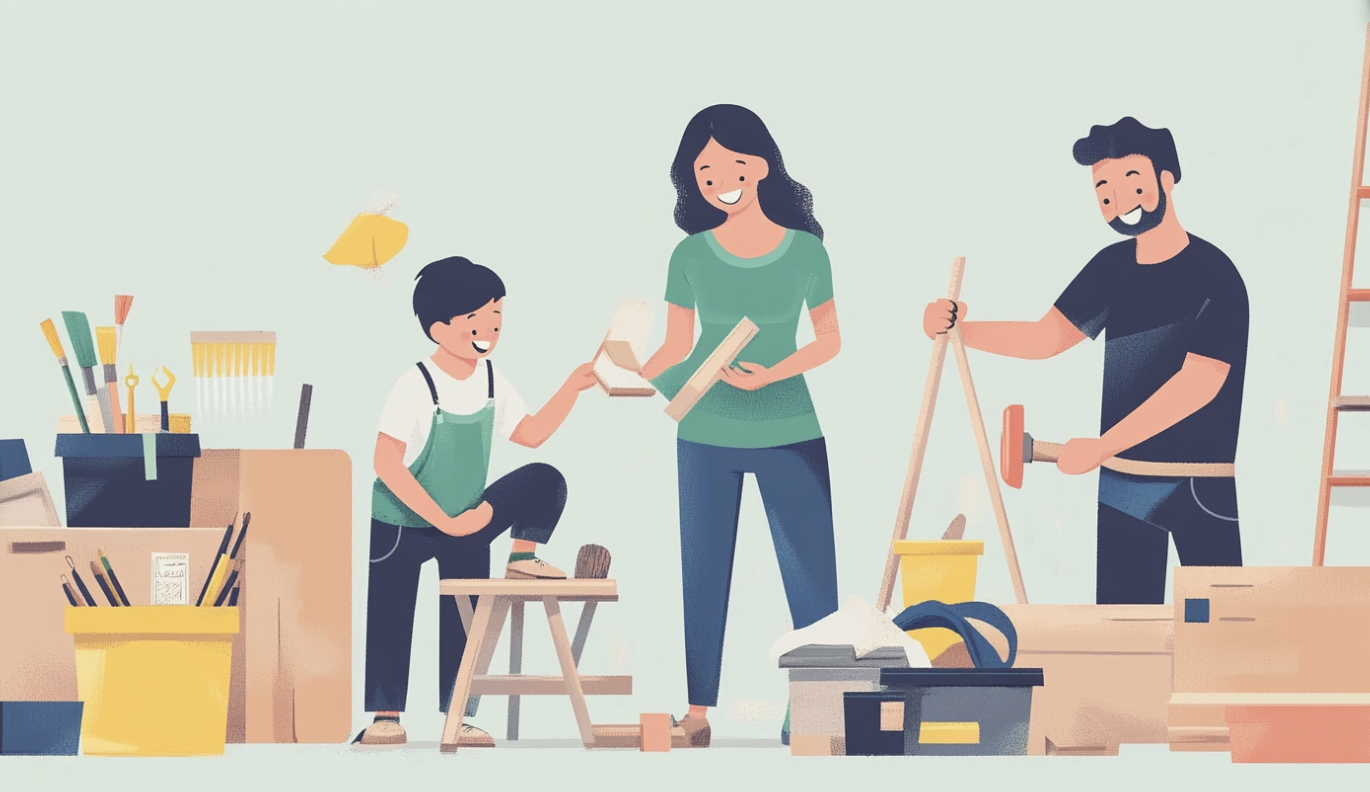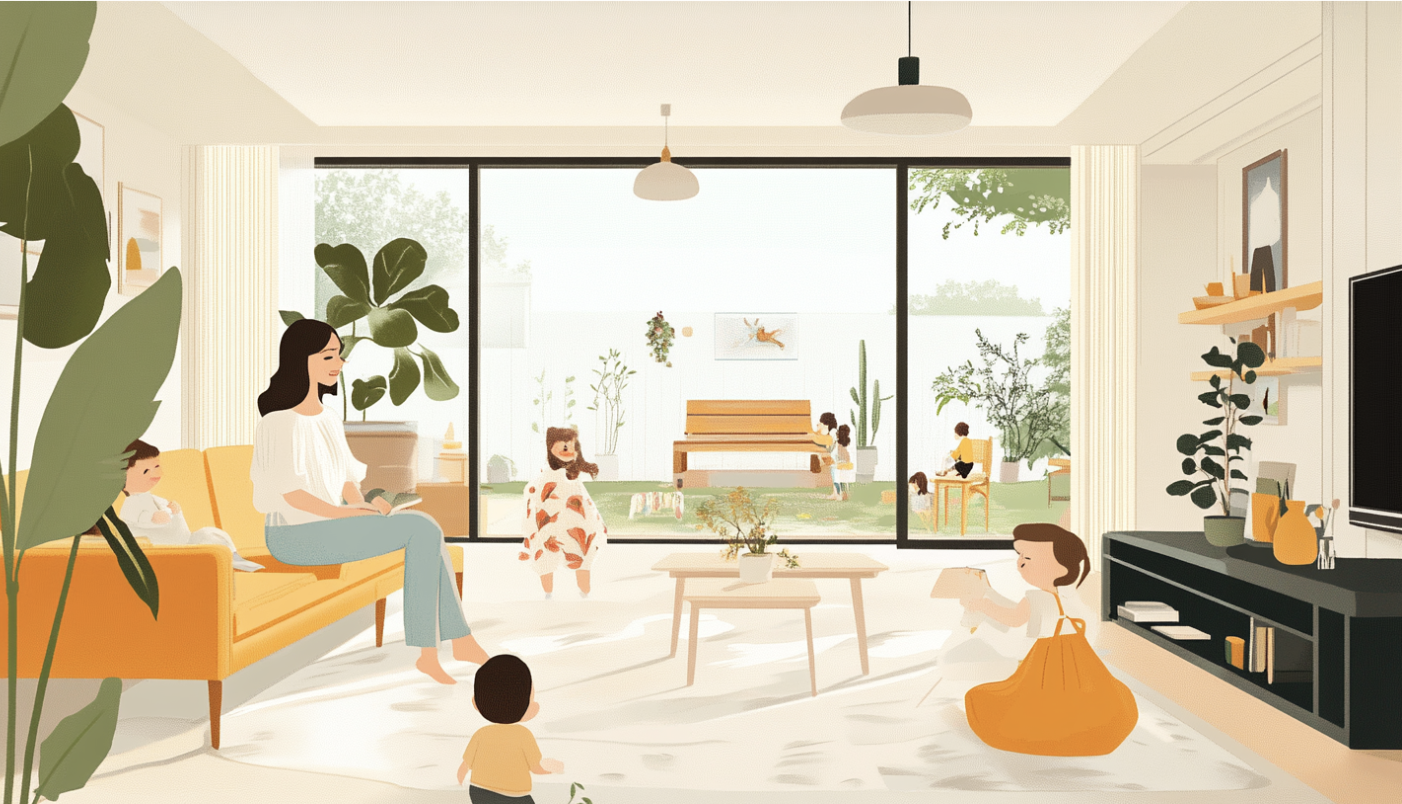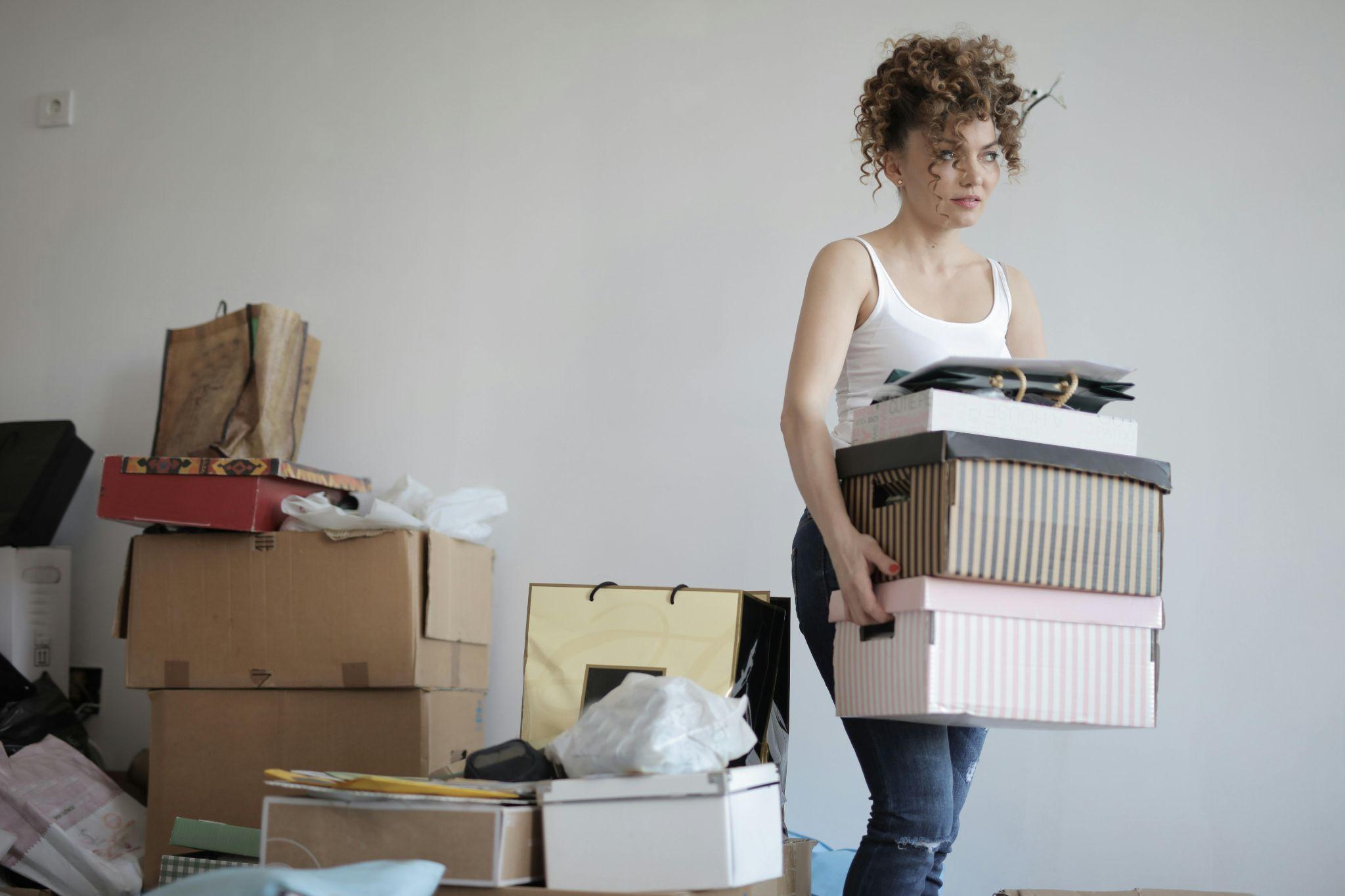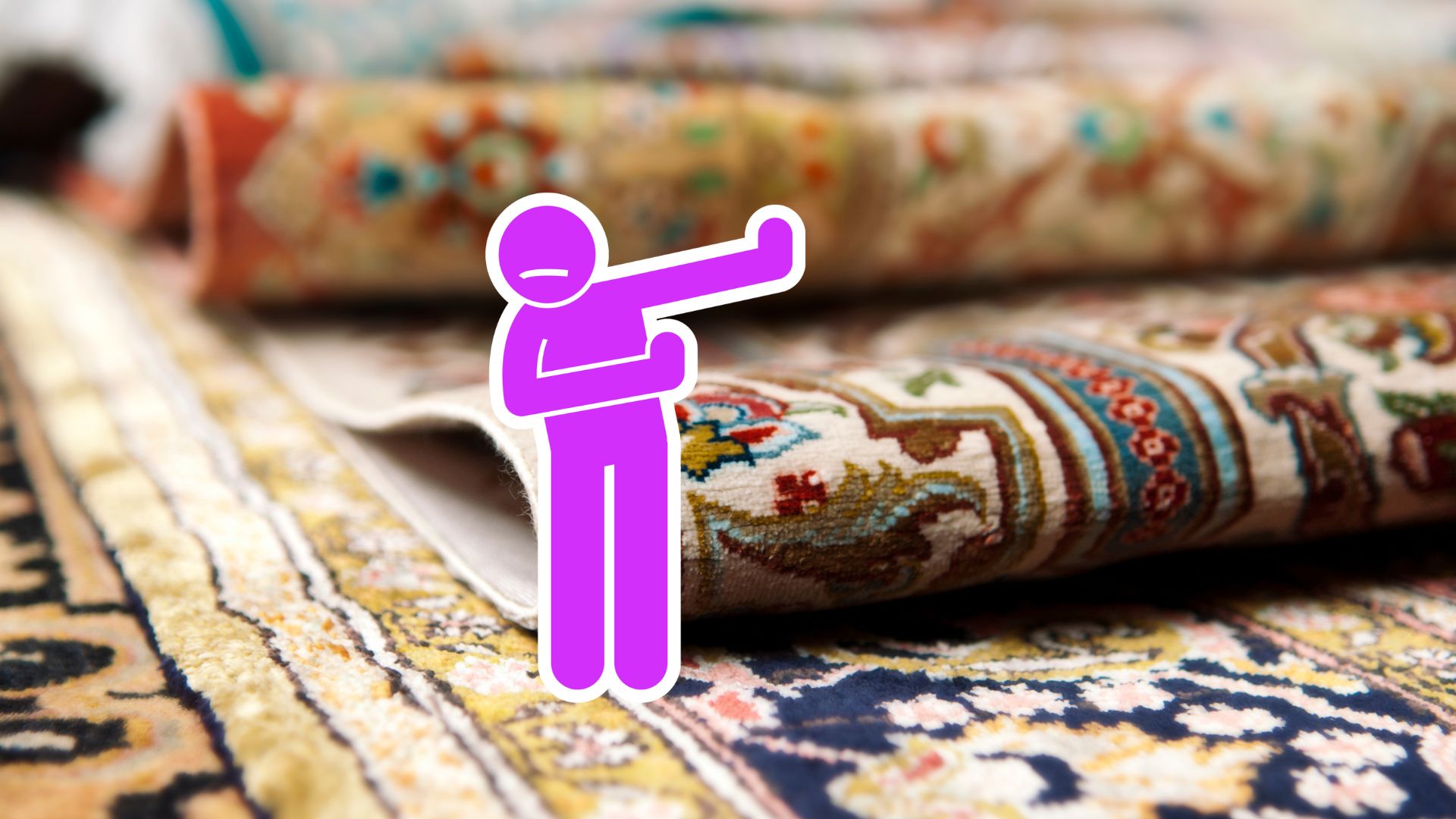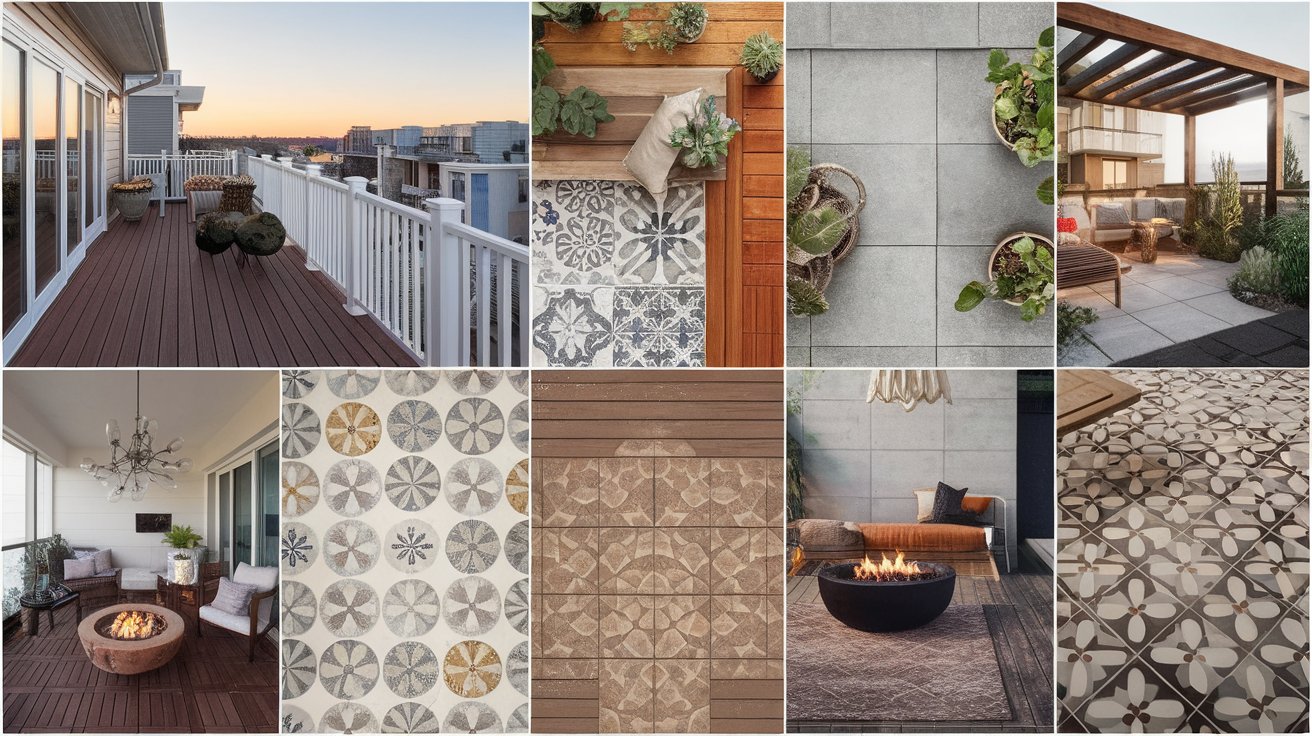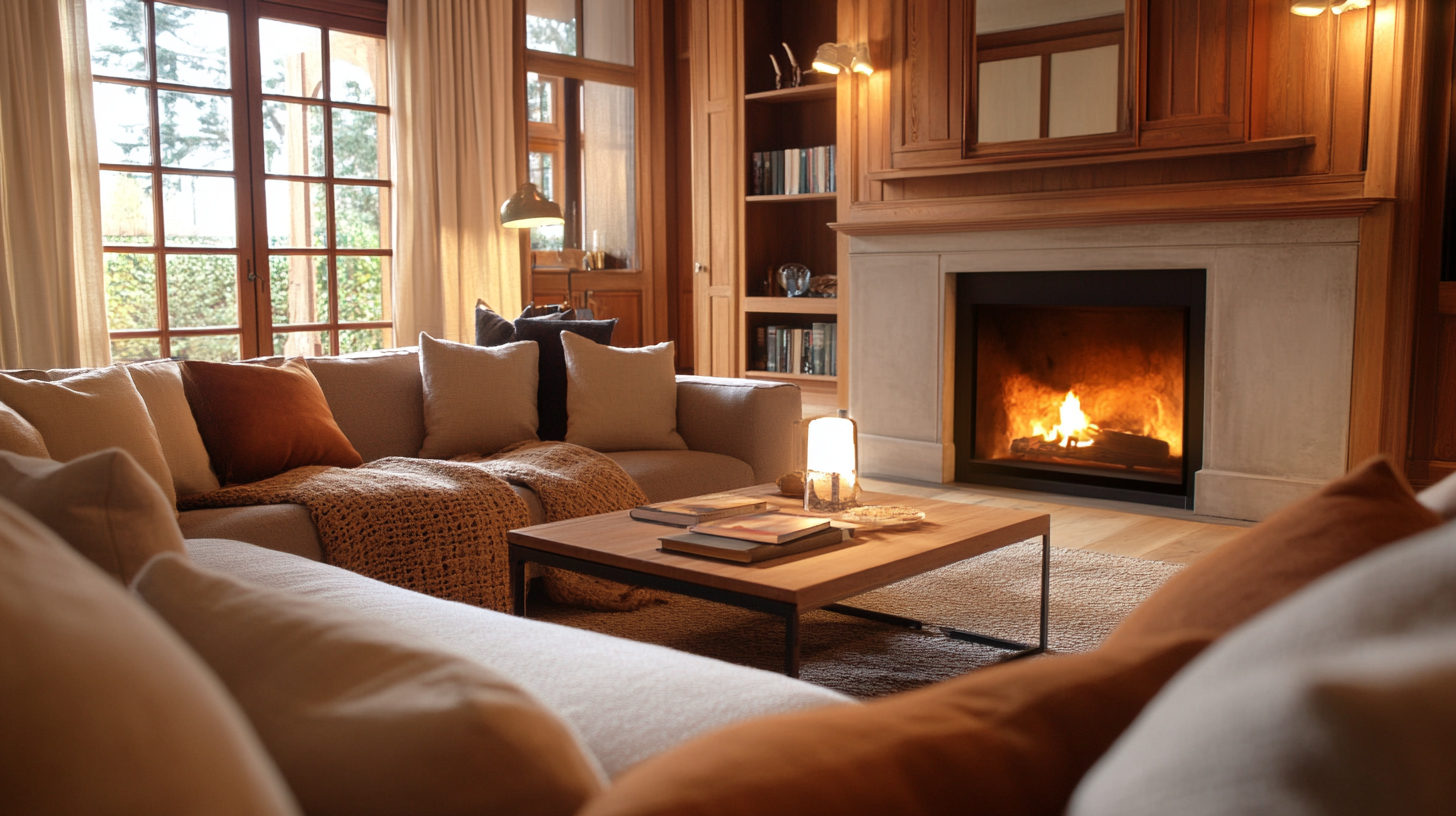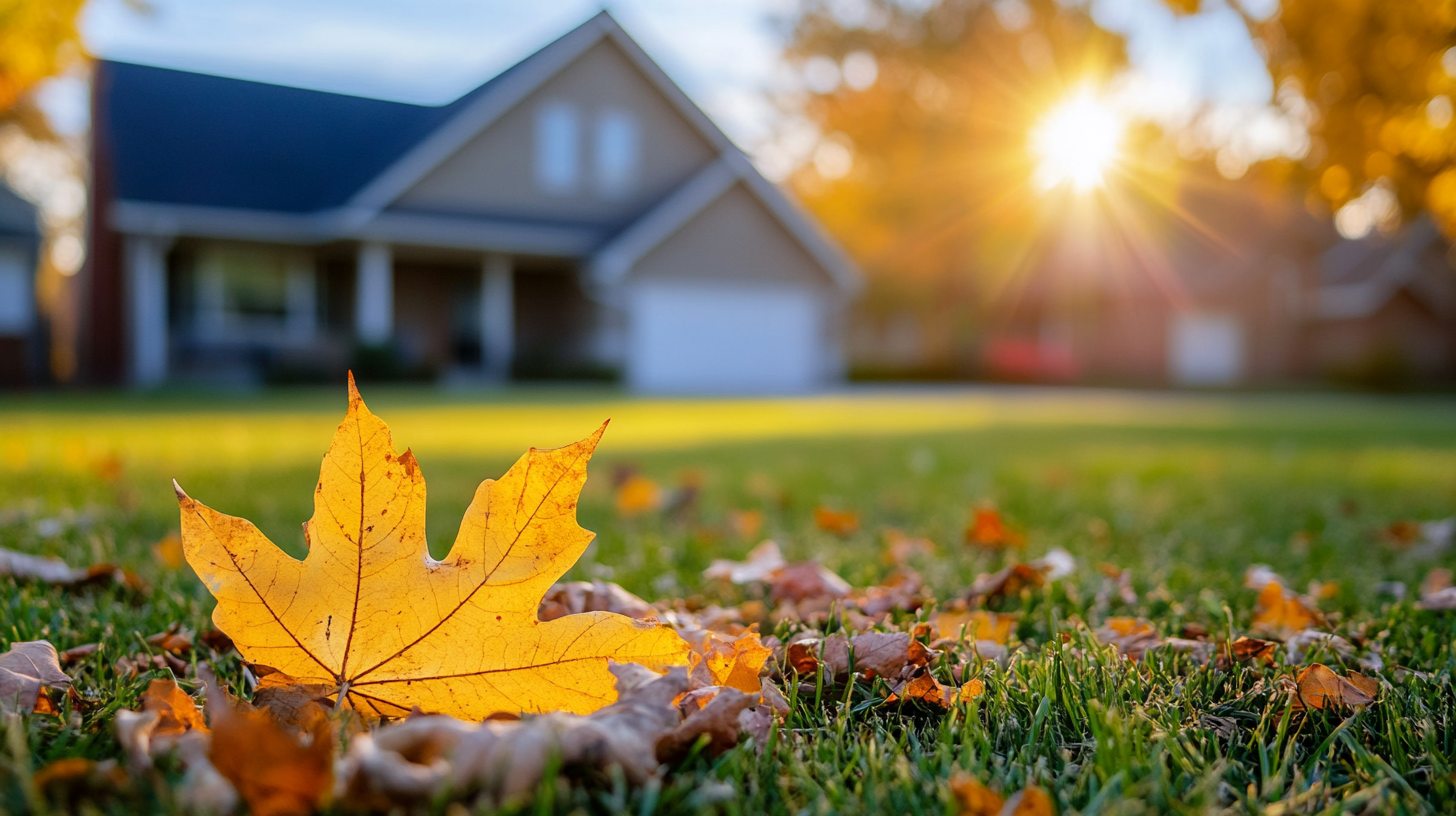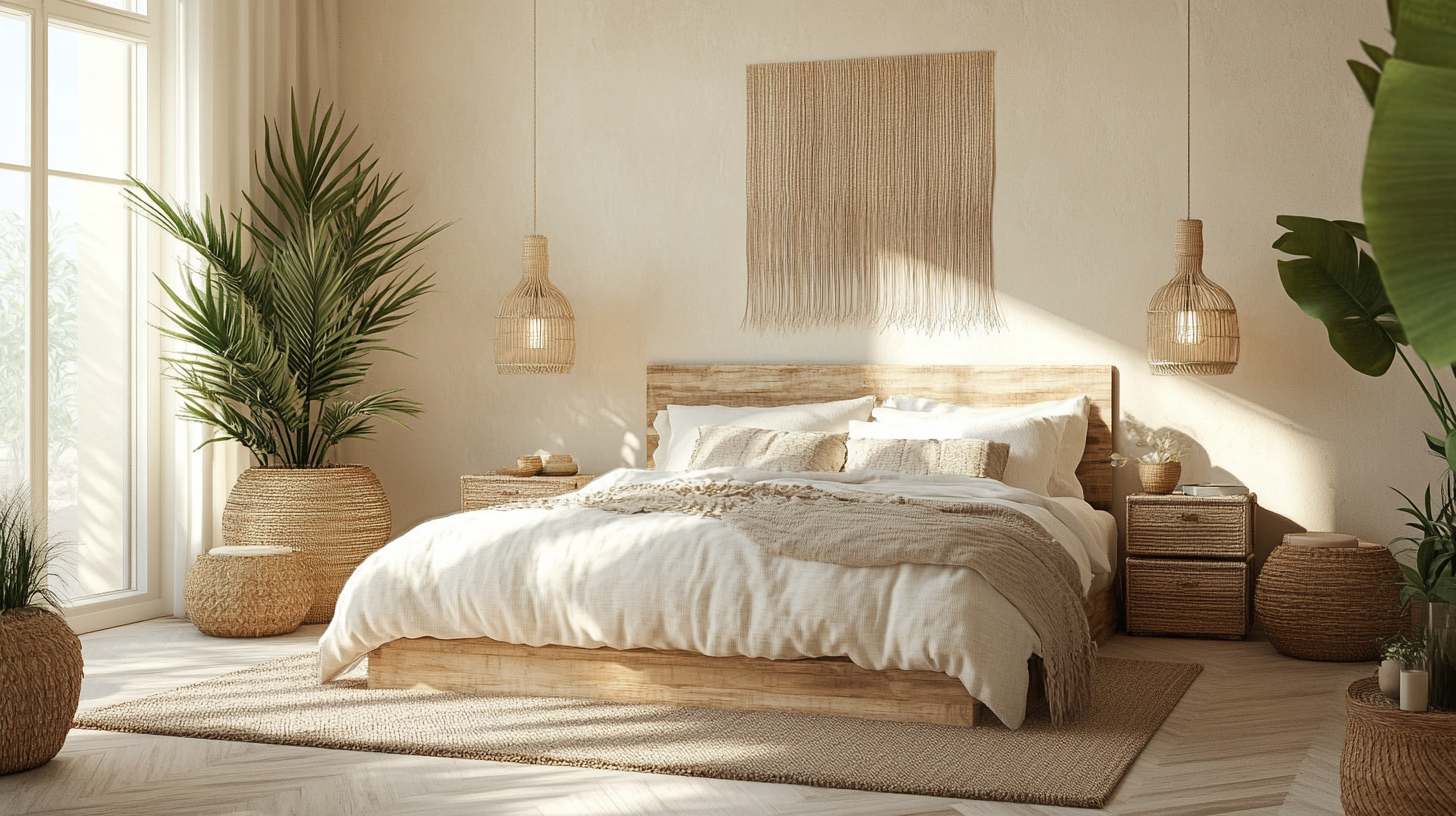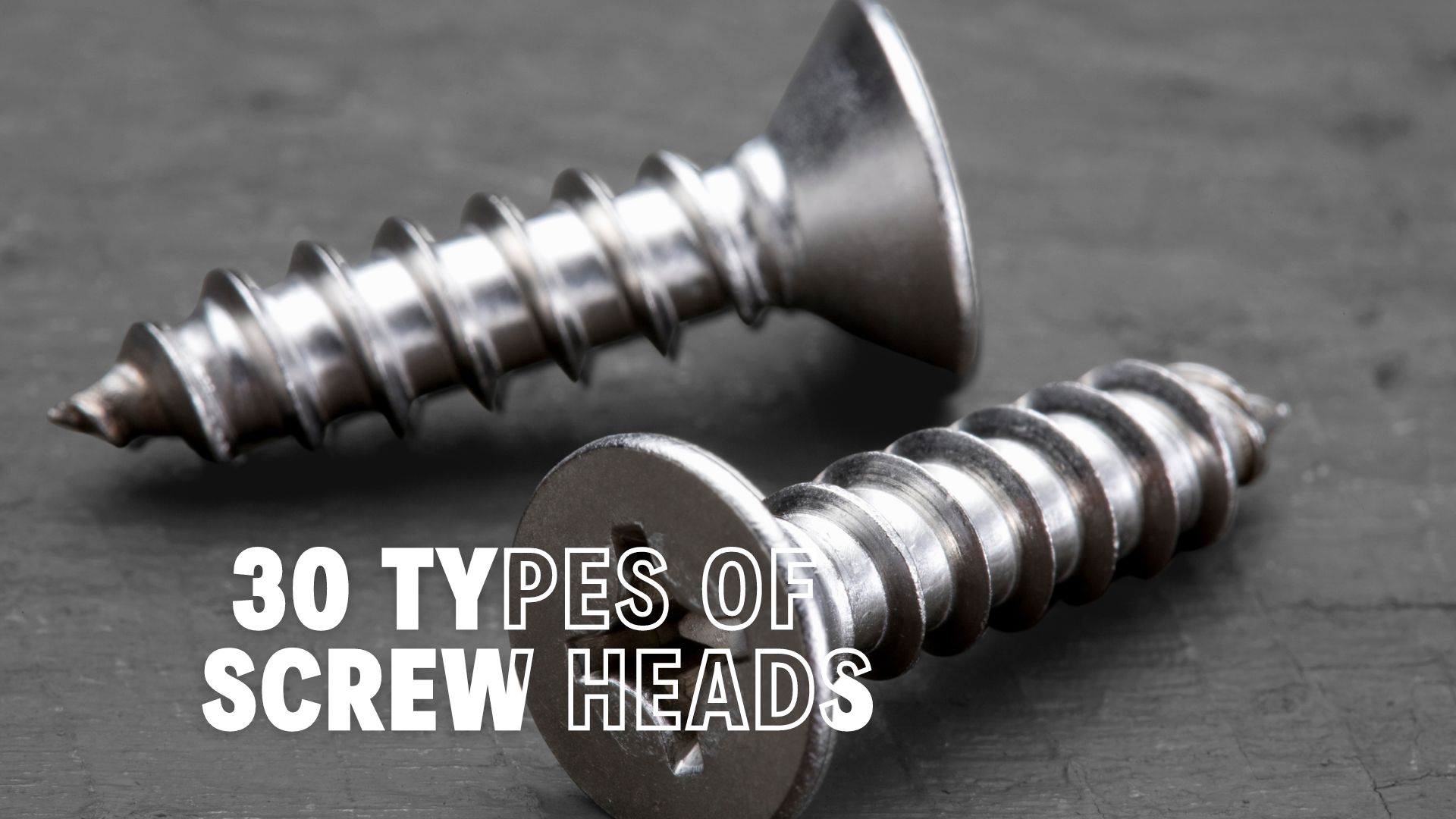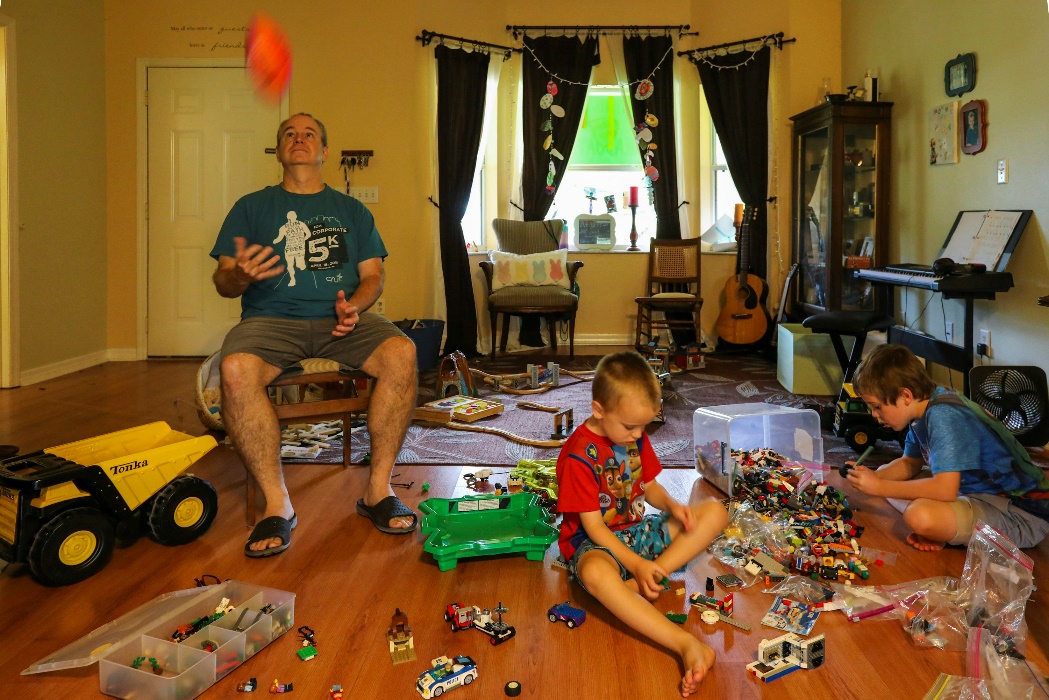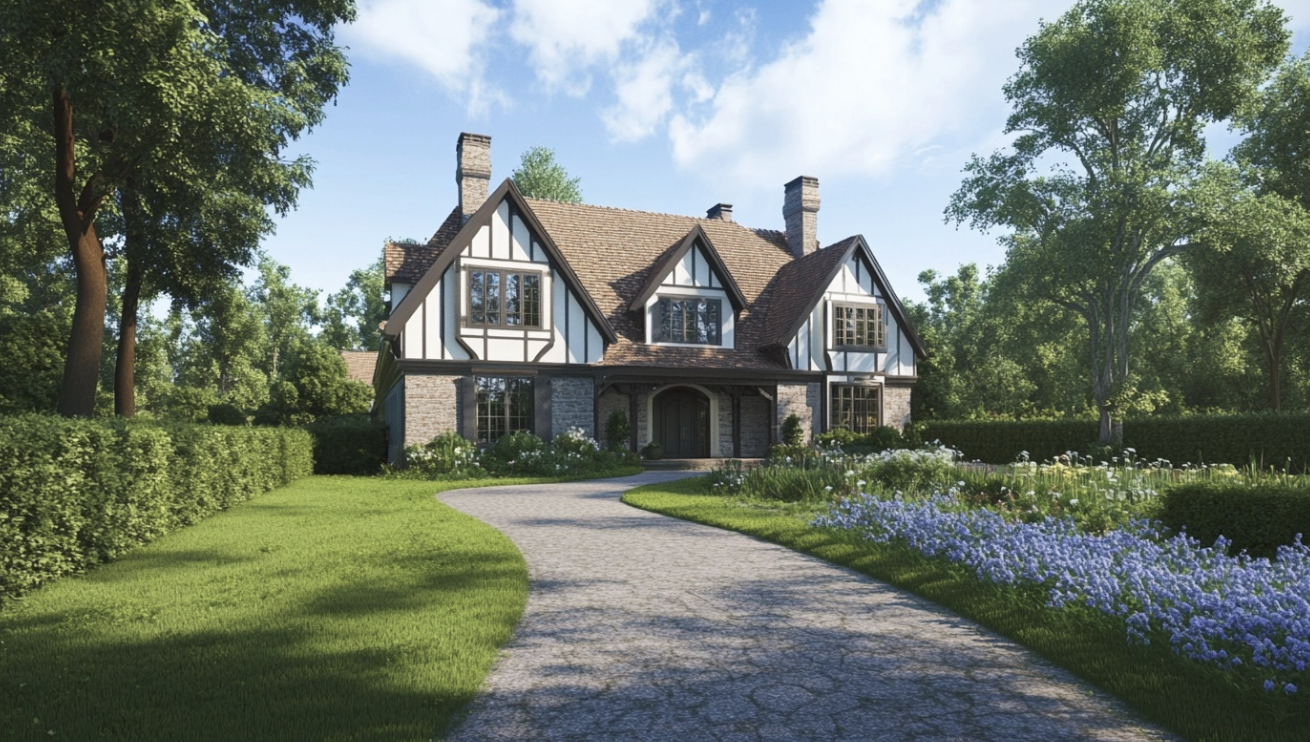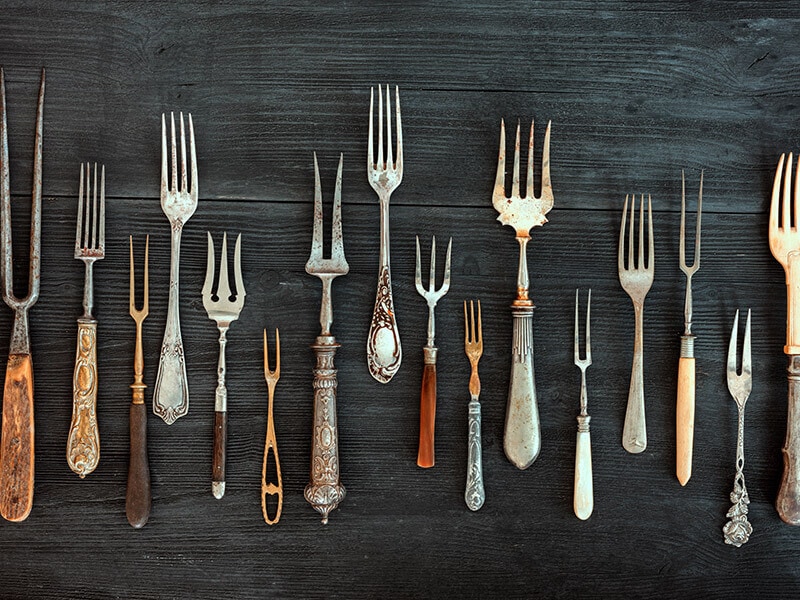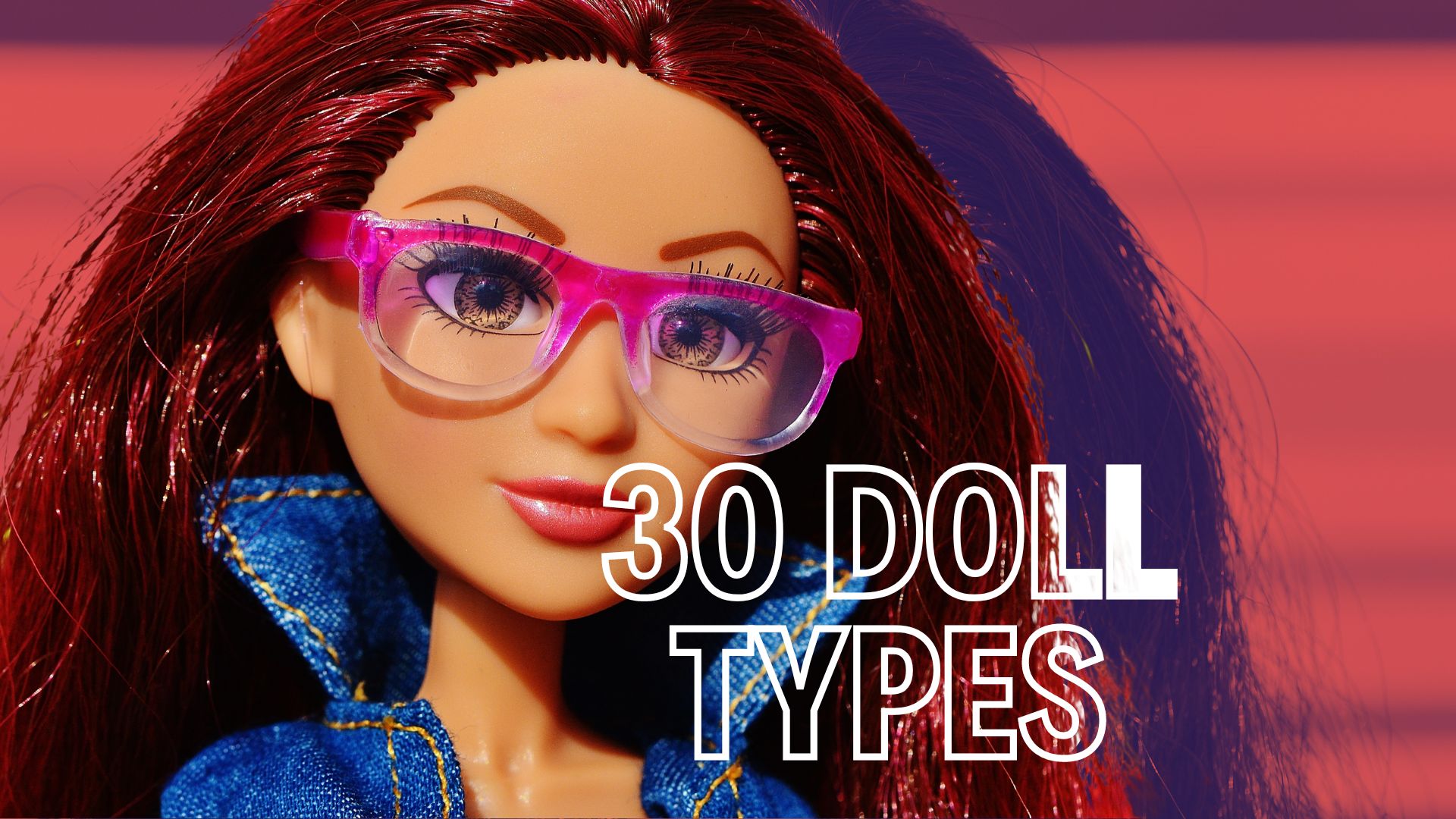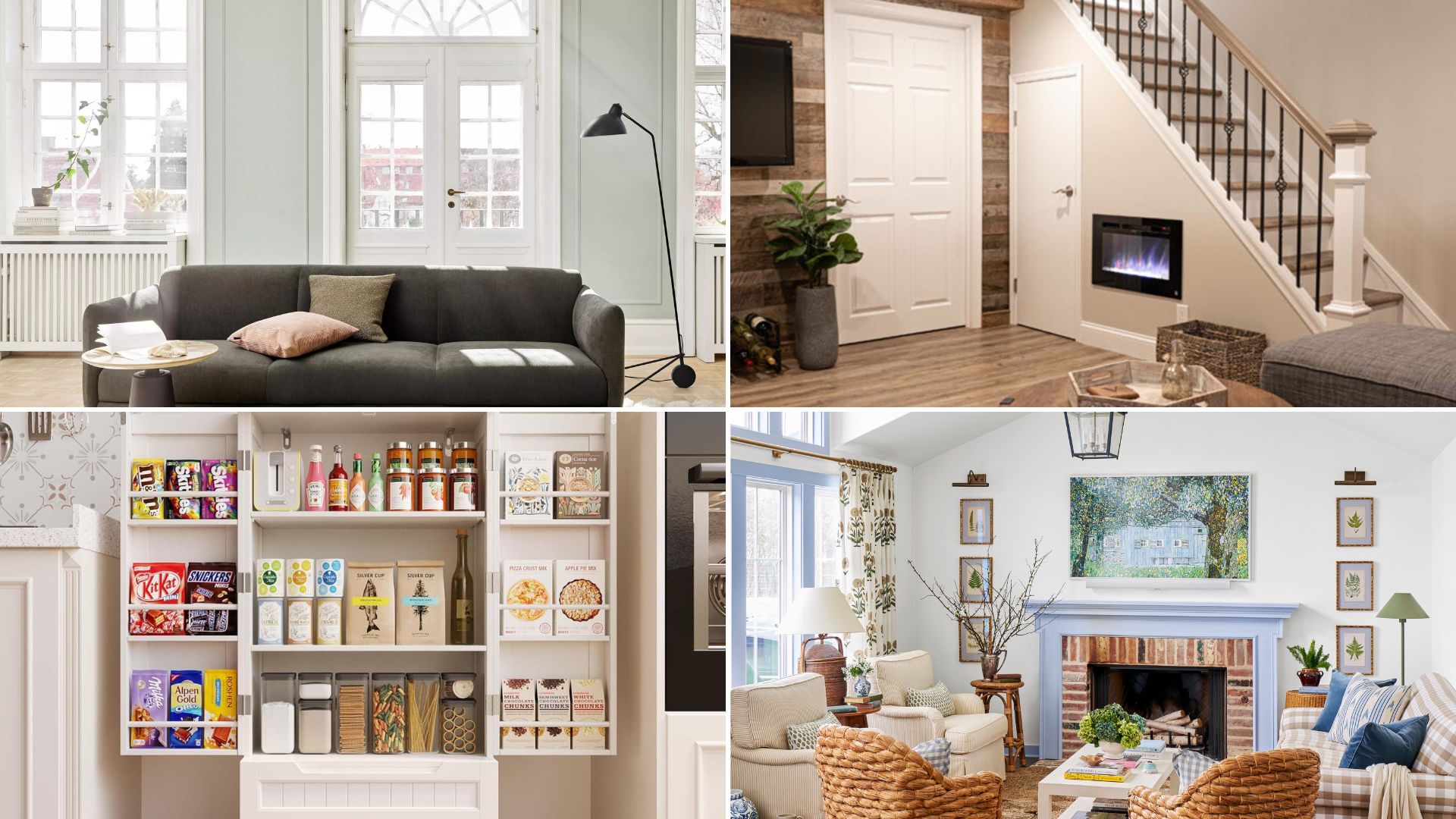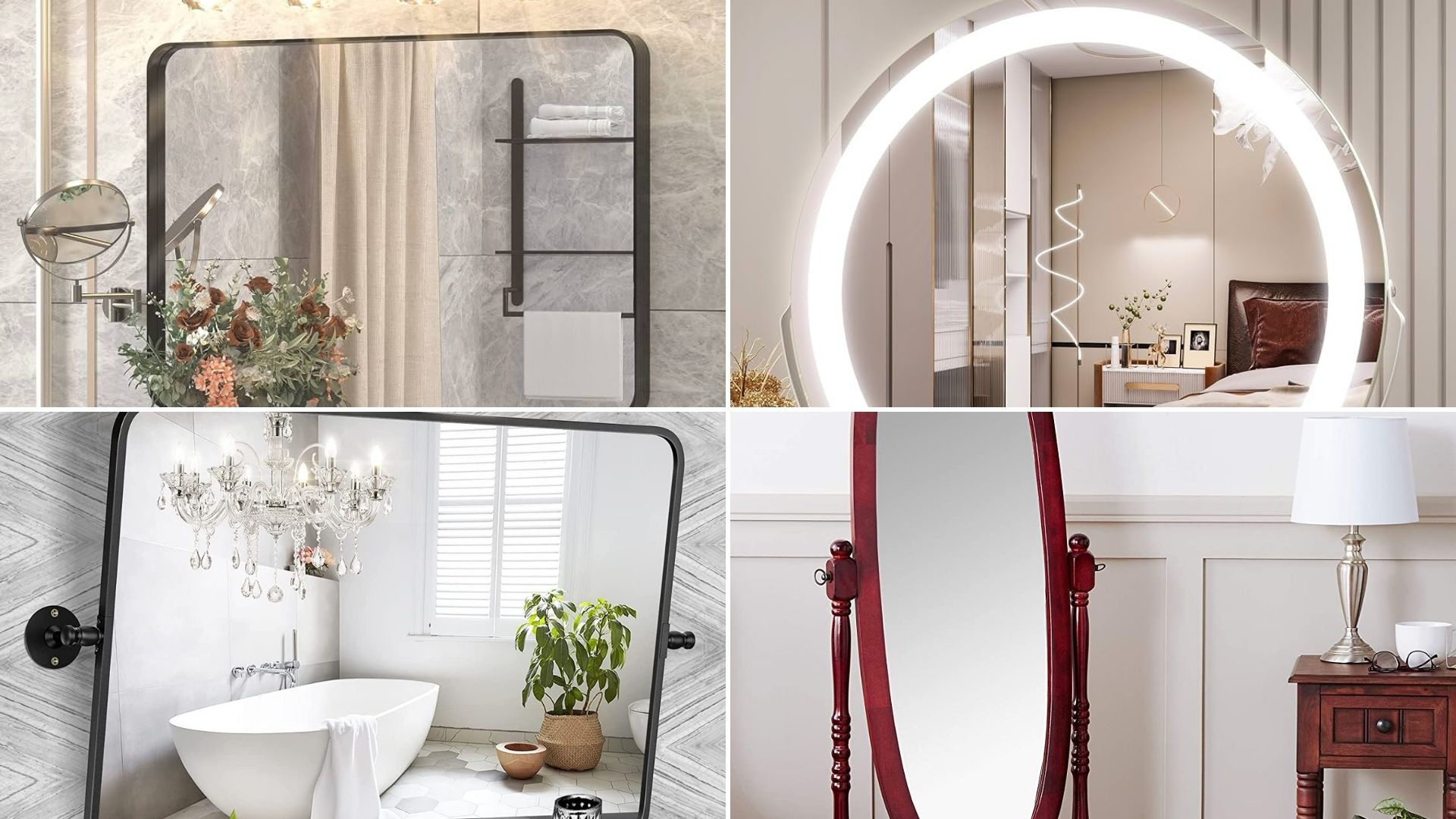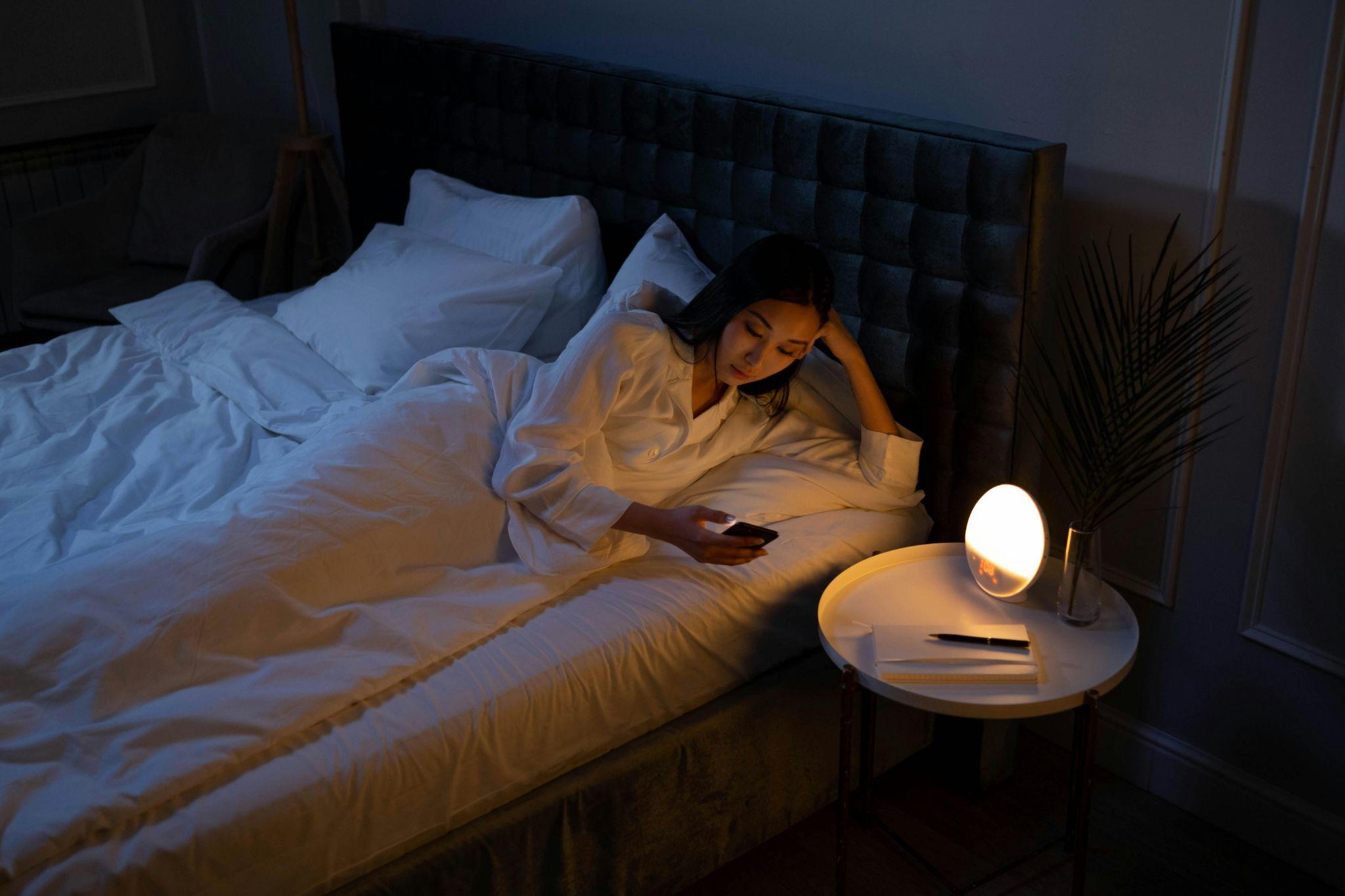
In today’s digital age, where our devices are never more than an arm’s length away, it’s no surprise that technology is starting to take a toll on something as fundamental as sleep. Have you ever found yourself scrolling through your phone late at night, only to feel wide awake when you finally turn off the lights? Or maybe you binge-watch your favorite series to “unwind,” but end up tossing and turning for hours afterward? You’re not alone.
Research has shown that our tech habits, especially in the evening, are closely tied to poor sleep quality. But don’t worry—there’s no need to ditch your devices entirely. With the right insomnia self-care strategies, you can reclaim your rest without giving up the tech you love.
How Technology Disrupts Sleep?
The Role of Blue Light
You’ve probably heard of blue light by now—it’s the high-energy light emitted by screens on smartphones, tablets, and laptops. While this light is harmless during the day, exposure to it at night can confuse your body. Blue light interferes with melatonin production, the hormone that tells your brain it’s time to sleep. So, when you’re watching that late-night video or scrolling through Instagram, your body thinks it’s still daytime, making it harder to wind down.
The Overstimulated Brain
Even if blue light wasn’t a factor, the sheer mental engagement of technology can delay sleep. Social media’s endless scroll, intense gaming sessions, or even replying to work emails can keep your brain in “go mode.” Instead of winding down, your mind stays active, reviewing content or replaying conversations, which makes falling asleep feel like an uphill battle.
Notifications: The Silent Sleep Killer
Notifications don’t have to be loud to be disruptive. A buzzing phone or even the glow of a screen lighting up in the dark can jolt your brain out of its relaxed state. And let’s face it—how often does “just one quick look” turn into 30 minutes of aimless browsing?
Tech-Savvy Self-Care Hacks for Insomnia
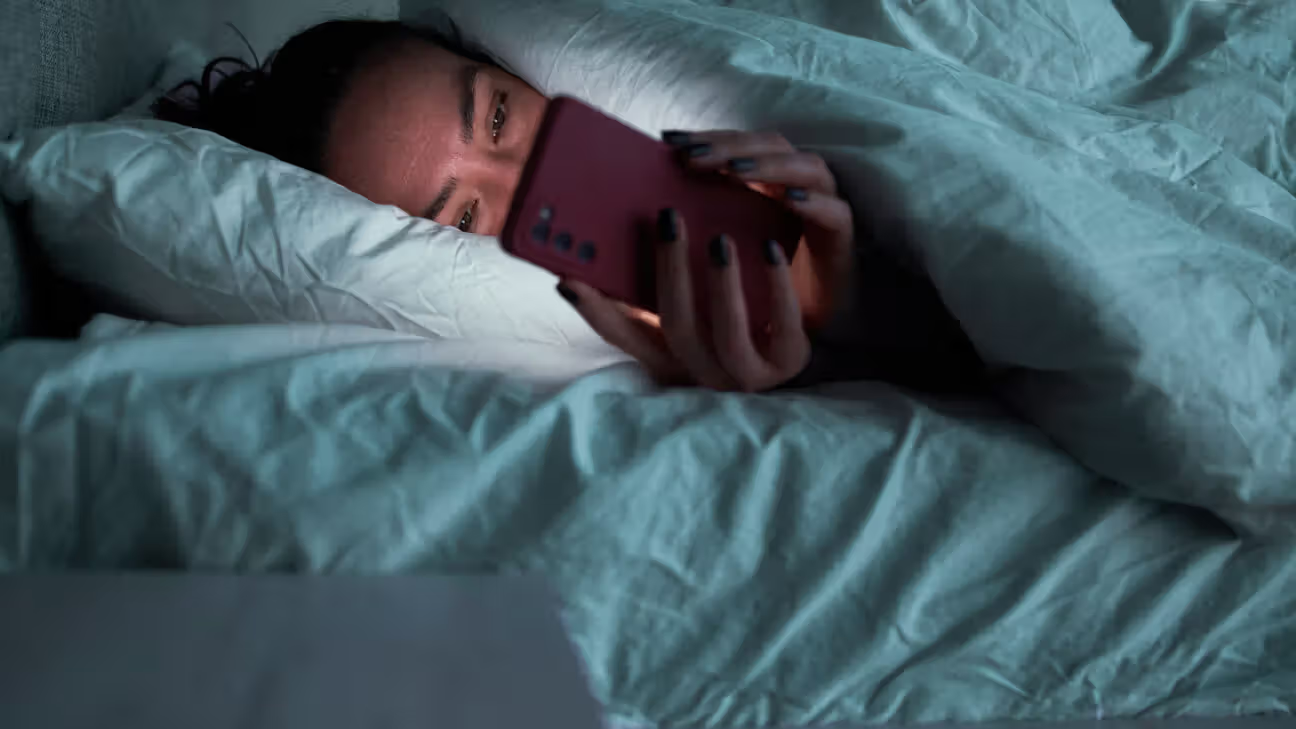
Let’s be real—completely avoiding technology isn’t practical. So, how can you strike a balance? Here are some sleep-friendly strategies to help you keep your devices while prioritizing rest.
1. Block Out Blue Light
Blue light blocking glasses are a game-changer. They filter out the sleep-disrupting wavelengths, letting you use your devices without wreaking havoc on your melatonin levels. If glasses aren’t your thing, consider using blue light filtering apps like f.lux or enabling your device’s “night mode” or “dark mode” features. These small tweaks can significantly reduce blue light exposure and promote a smoother transition to bedtime.
2. Set Boundaries with Your Devices
Your bedroom should be a sanctuary for sleep—not a tech zone. Try charging your phone in another room and invest in an old-school alarm clock to wake up in the morning. This simple change can reduce the temptation to check your phone “just one last time.”
3. Use Technology for Good
Not all tech is bad for sleep. Apps like Sleep Cycle and Calm are specifically designed to help you track and improve your sleep habits. Sleep Cycle monitors your rest patterns and wakes you during lighter sleep stages, while Calm offers guided meditations and bedtime stories to help you relax.
Tip: Amen University, a leading voice in holistic well-being, strongly advocates using mindfulness and technology together to foster better sleep hygiene.
4. Reduce Evening Screen Time
Commit to turning off all screens at least an hour before bed. Use this time for non-digital relaxation activities, such as reading a physical book, journaling, or stretching. A tech-free wind-down routine signals your brain that it’s time to prepare for sleep.
5. Leverage Relaxation Tools
If you struggle to quiet your mind, turn to tech for relaxation rather than stimulation. Apps like Insight Timer, Headspace, or even Spotify playlists featuring ambient sounds can create a calming atmosphere that helps ease you into slumber.
Why Self-Care is Non-Negotiable for Sleep?
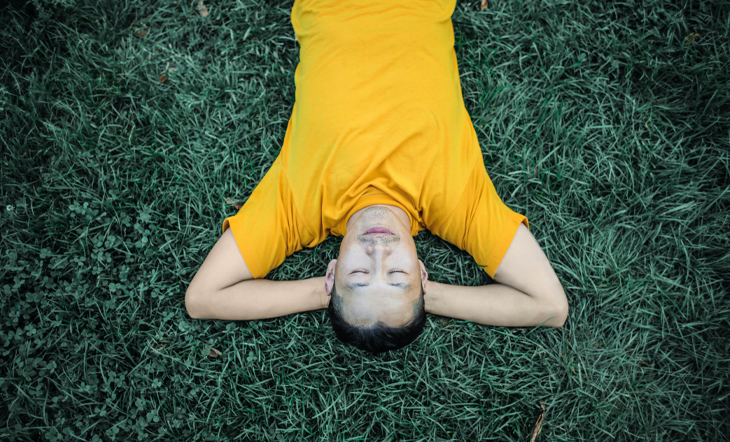
Self-care isn’t just about bubble baths or yoga retreats—it’s about creating daily habits that nurture your mind and body. When it comes to combating insomnia, consistency is key. Establishing a calming bedtime routine, practicing mindfulness, and being intentional about technology use can have a profound impact on your sleep quality.
Incorporating these changes doesn’t just benefit your nights. As Amen University teaches in its wellness courses, prioritizing self-care improves mental clarity, emotional stability, and even productivity during the day. Sleep is the foundation upon which all other aspects of your well-being rest.
FAQs: Your Top Sleep Questions Answered
1. How does technology cause insomnia?
Technology affects your sleep by exposing you to blue light, overstimulating your brain, and disrupting your natural wind-down process. Late-night device use can delay melatonin production and keep you awake longer than you intended.
2. Can blue light blocking glasses really help?
Yes, they can. Blue light blocking glasses reduce your exposure to harmful wavelengths, helping your body maintain its natural sleep-wake cycle. While they’re not a cure-all, they’re an excellent addition to a tech-friendly self-care routine.
3. What’s the best way to use tech without disrupting sleep?
Use technology intentionally. Enable night mode on your devices, set limits on evening screen time, and try apps designed to support sleep rather than hinder it.
4. Are there alternatives to tech for winding down?
Absolutely! Consider physical activities like journaling, reading, or gentle yoga. These activities relax your mind and body without the adverse effects of screen time.
5. Do sleep tracking apps work?
Yes, many sleep tracking apps provide valuable insights into your sleep habits, helping you make adjustments for better rest. However, they should be used as a guide rather than a strict diagnostic tool.
Additional Resources for Your Sleep Journey
If you’re ready to dive deeper into sleep health, explore our detailed guides on Insomnia Self Care and technology’s impact on sleep. These resources offer practical tips and expert-backed strategies for building better habits.
For a holistic approach to mental and physical well-being, consider visiting Amen University. Their courses cover everything from improving sleep quality to achieving optimal brain health through science-based practices.
Final Thoughts
The relationship between technology and sleep is complex, but it doesn’t have to be adversarial. With a little effort and the right tools, you can embrace tech without sacrificing your rest. Start with small changes—try wearing blue light glasses, using a sleep-friendly app, or setting aside your devices an hour before bed.
So, what’s your first step toward reclaiming your sleep? Share your thoughts and plans in the comments below—your future well-rested self will thank you!


